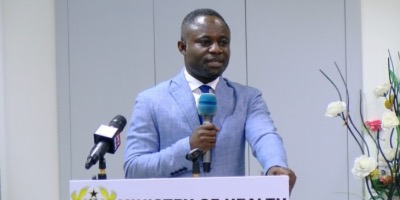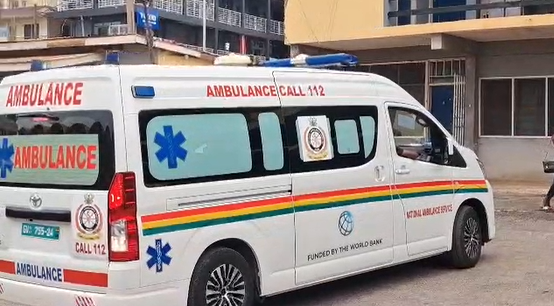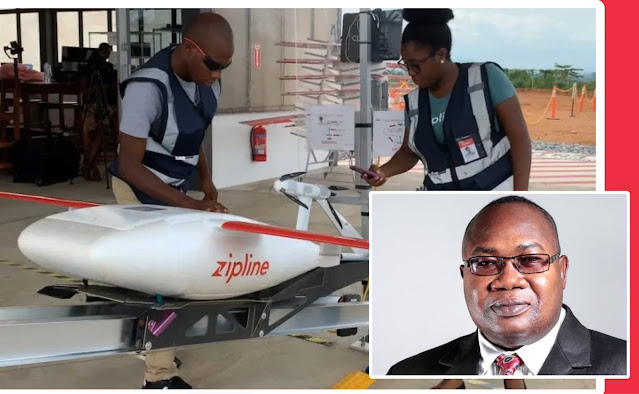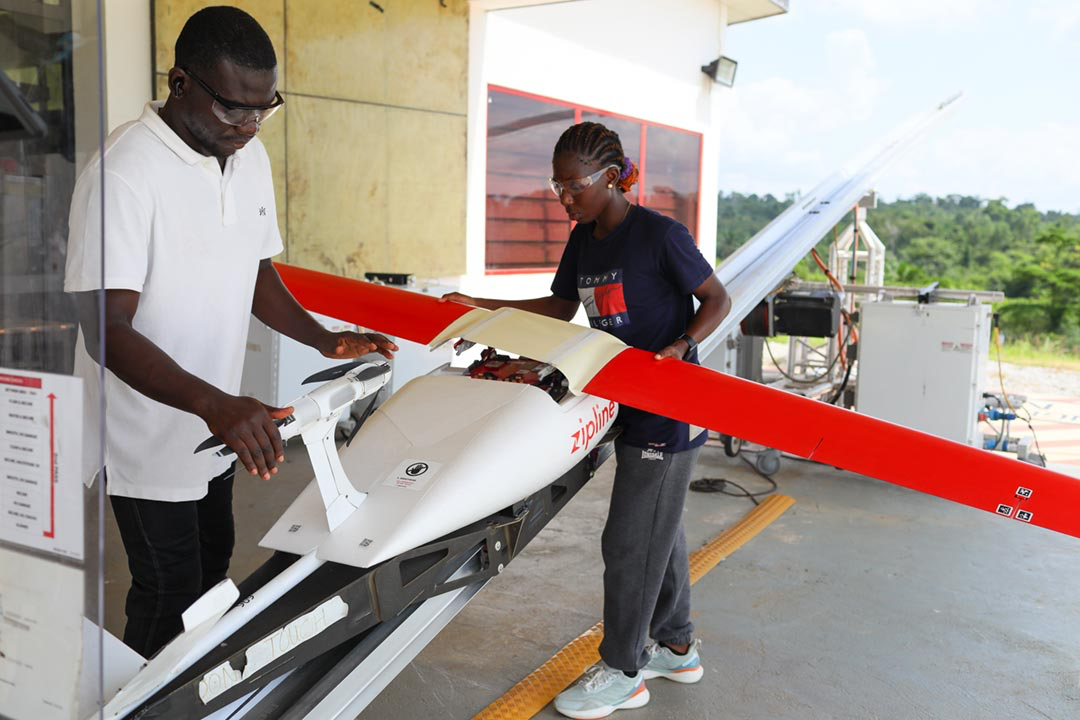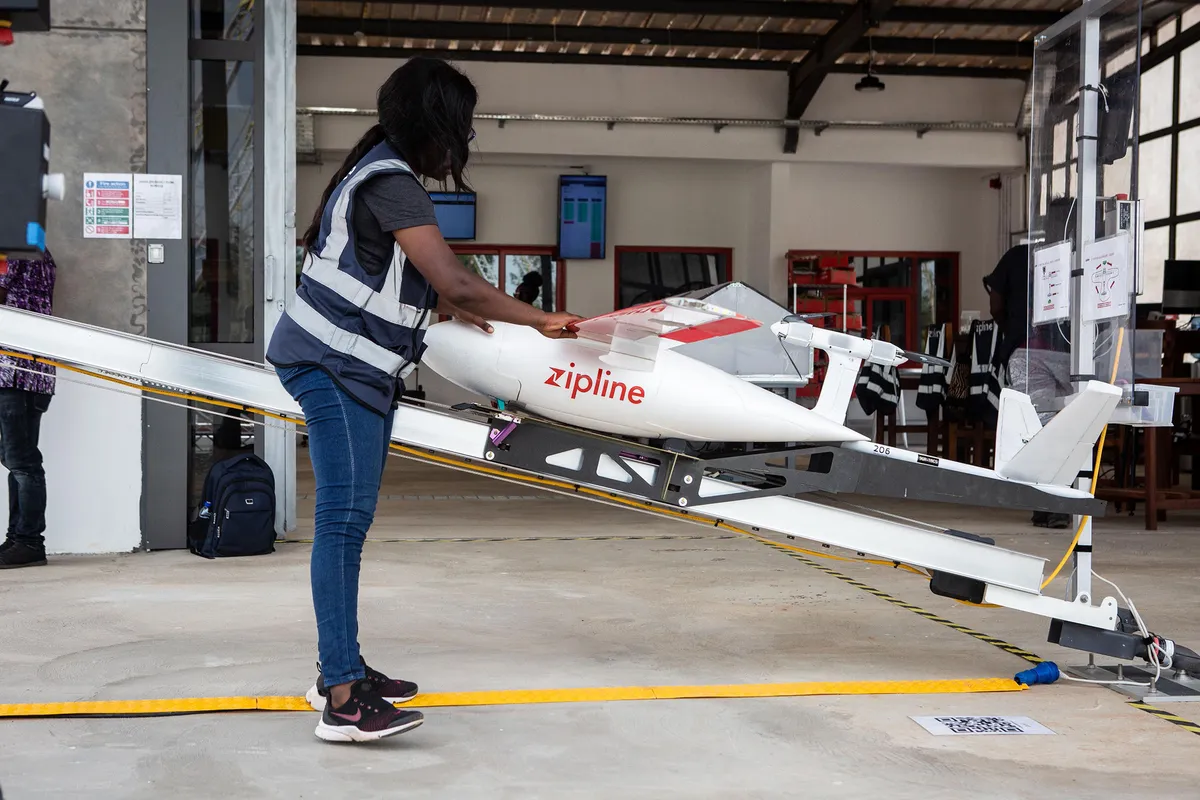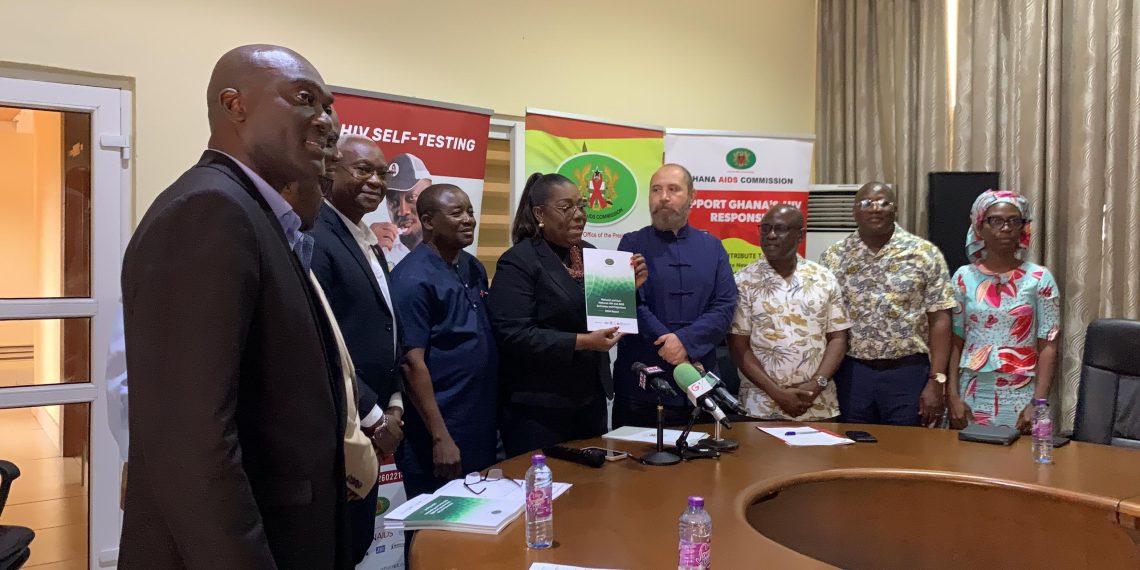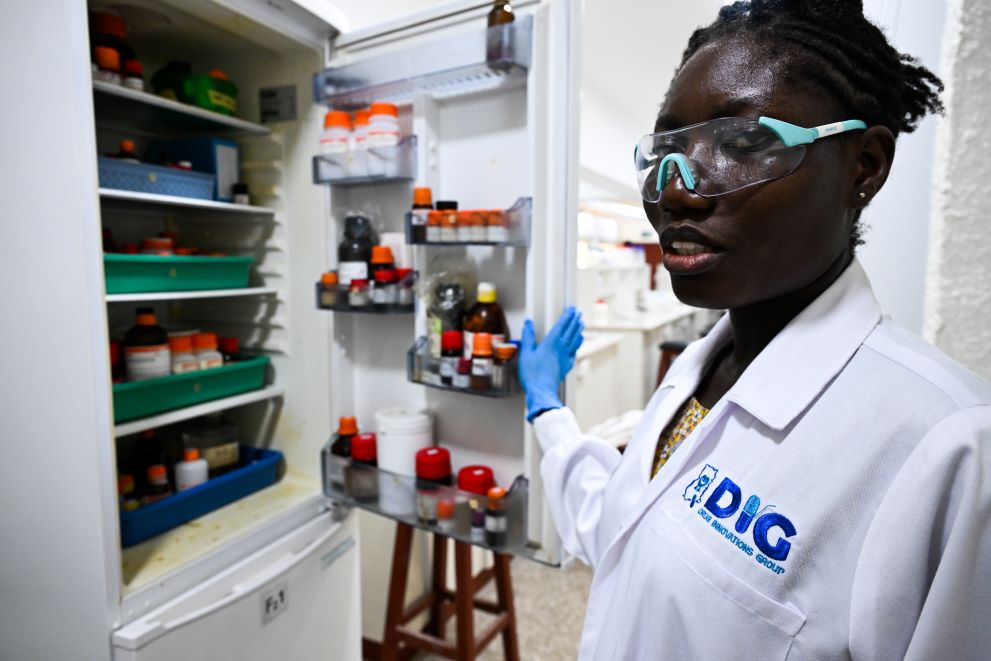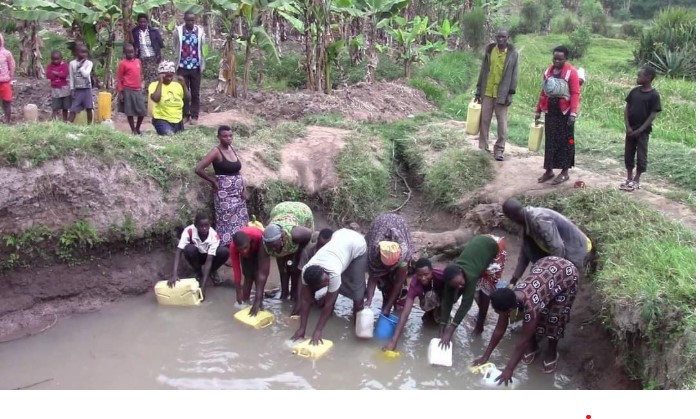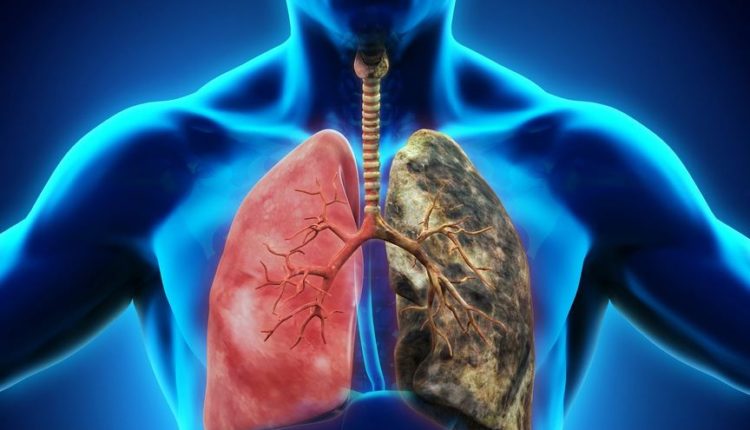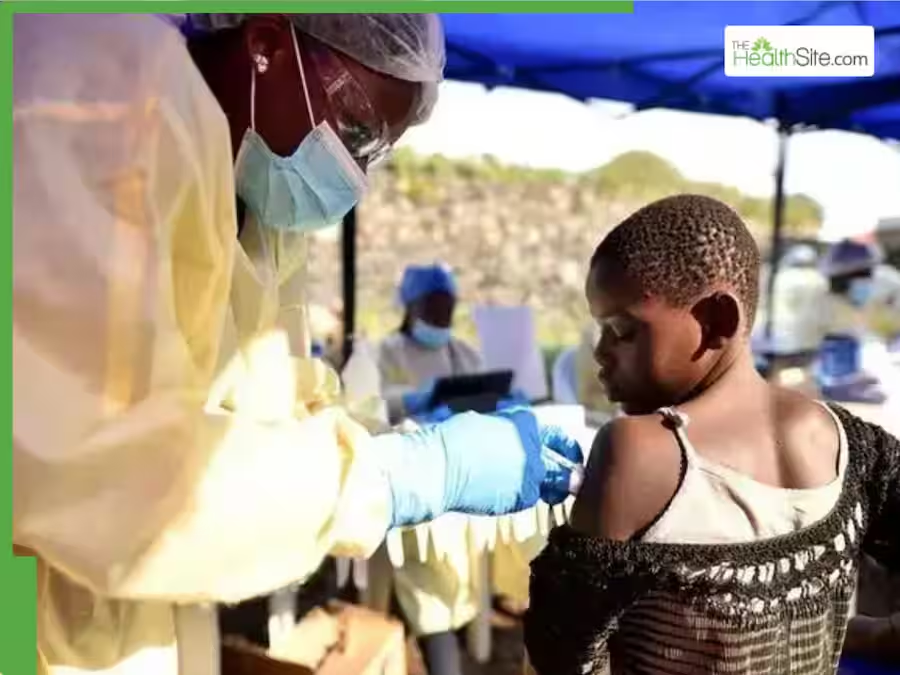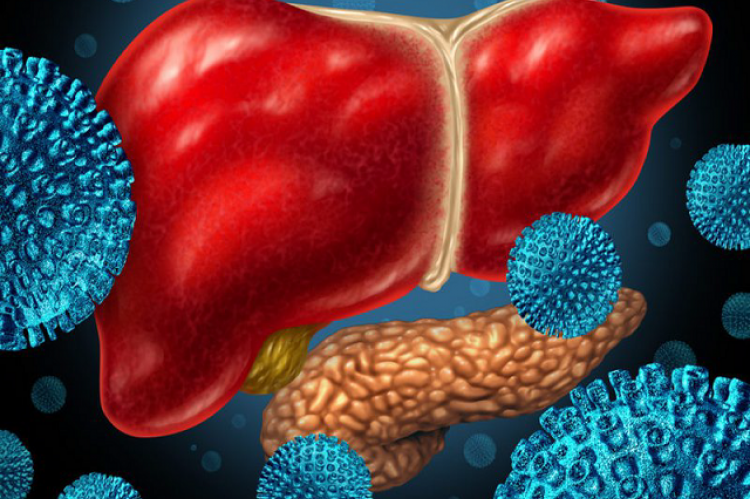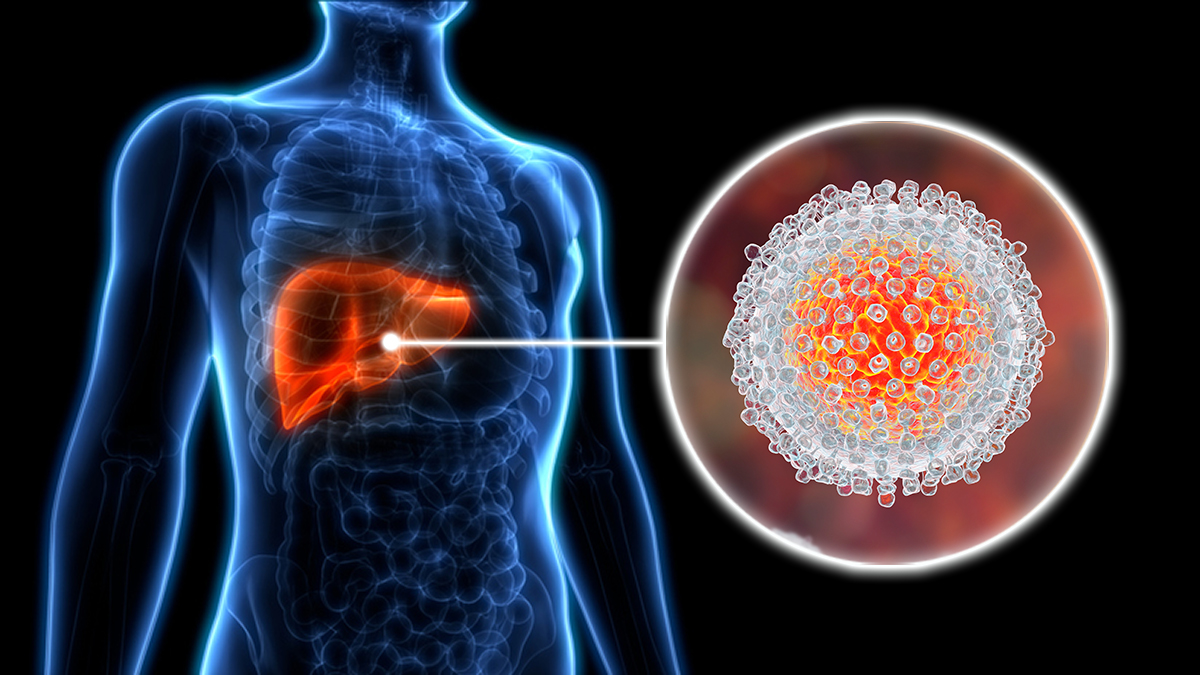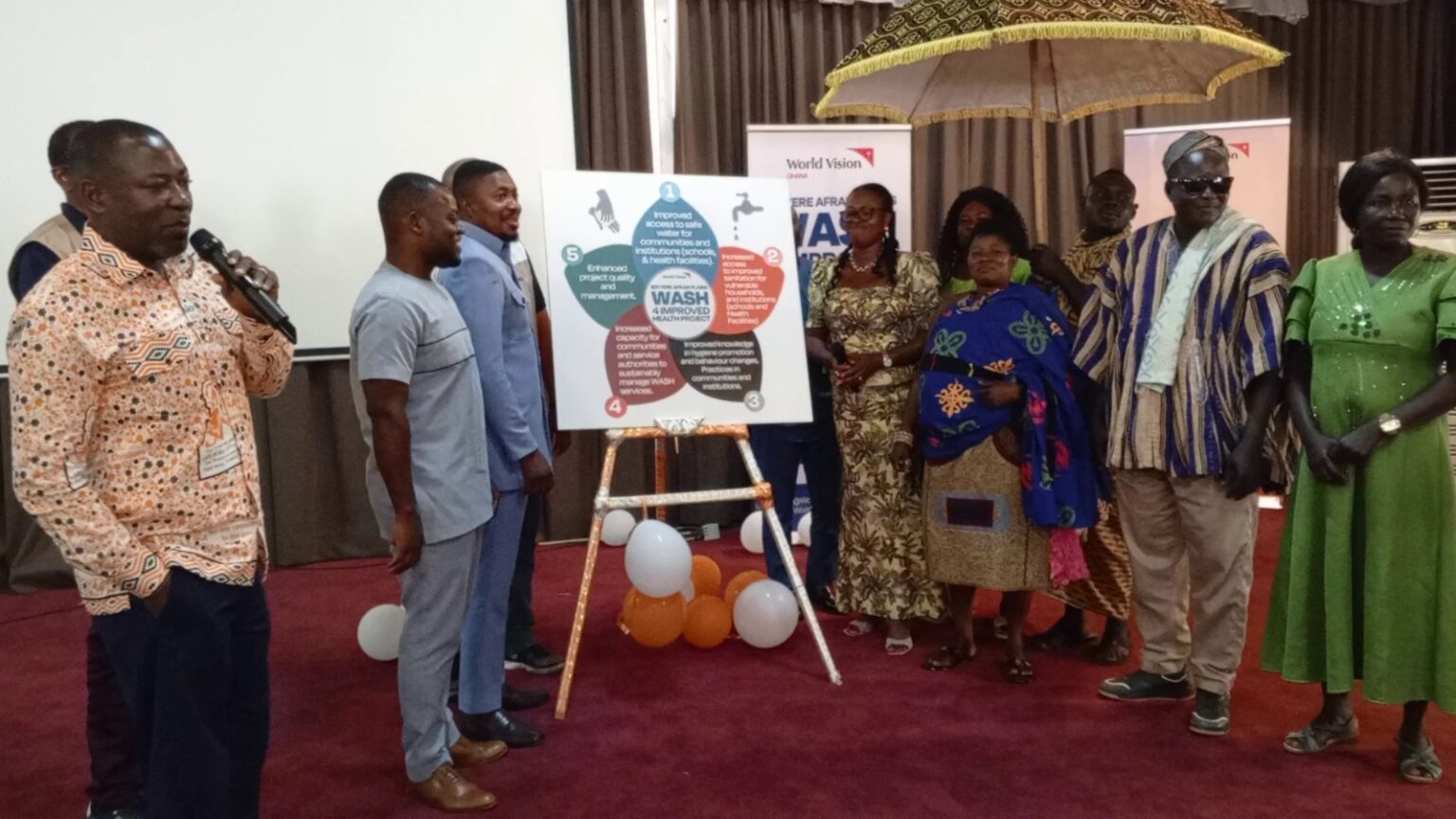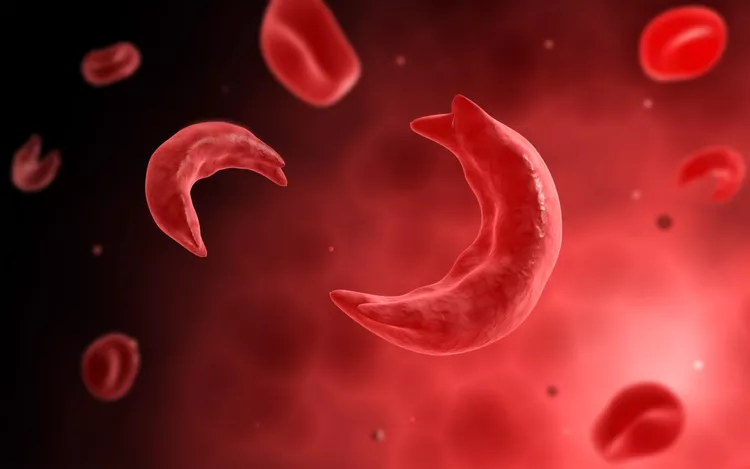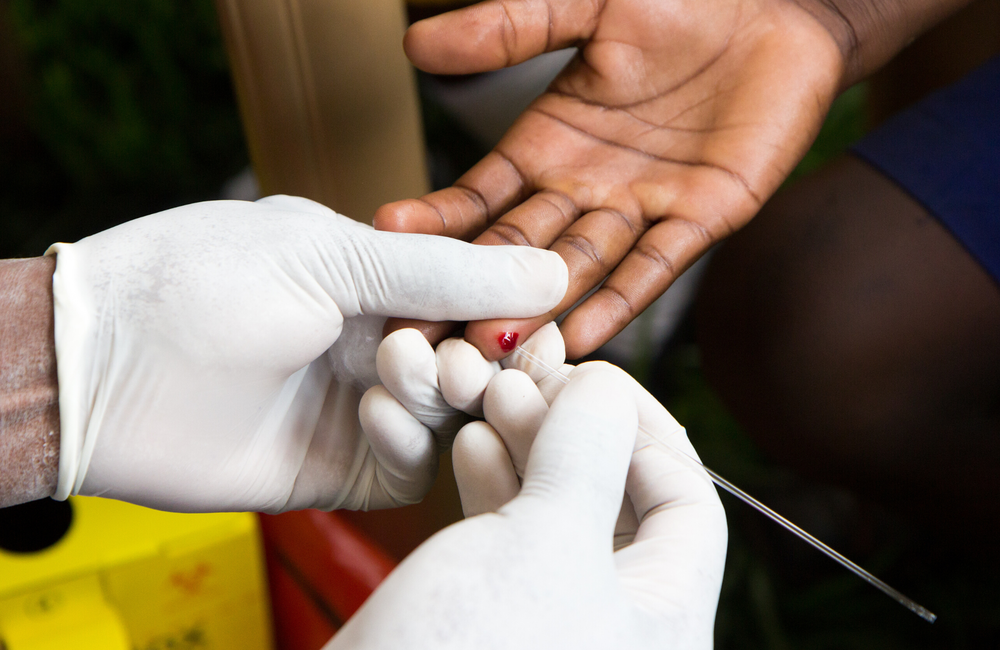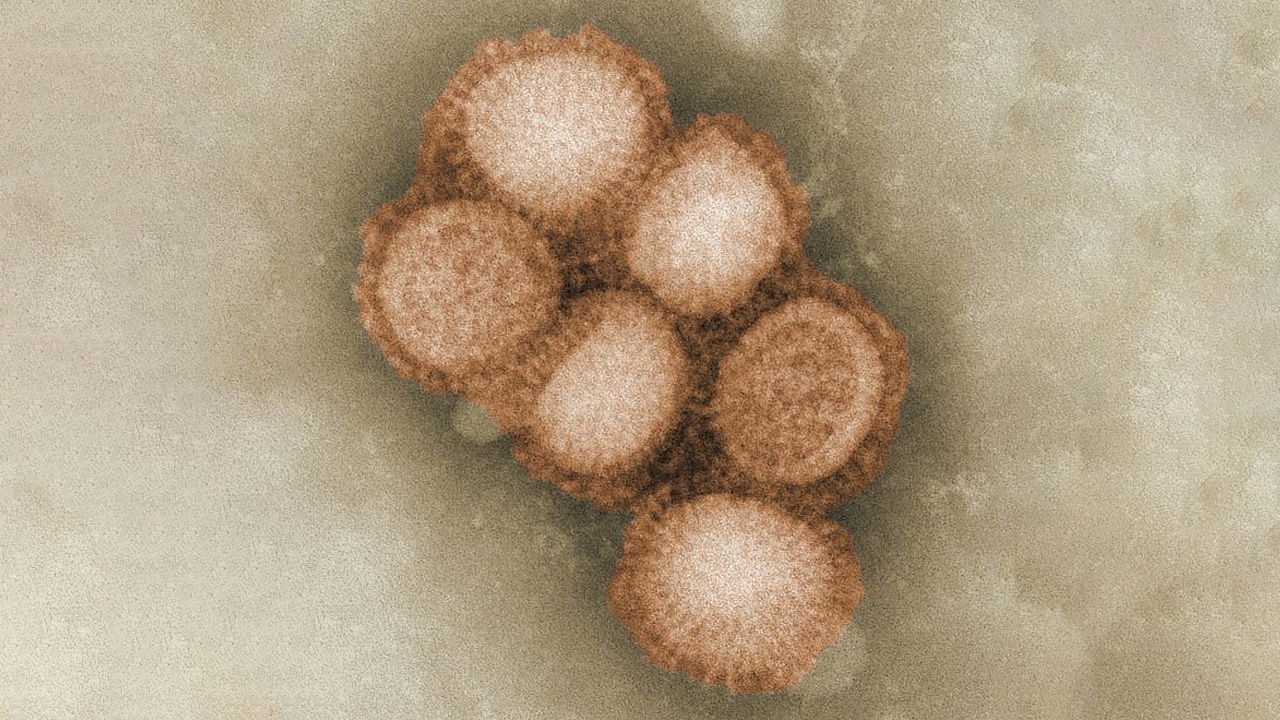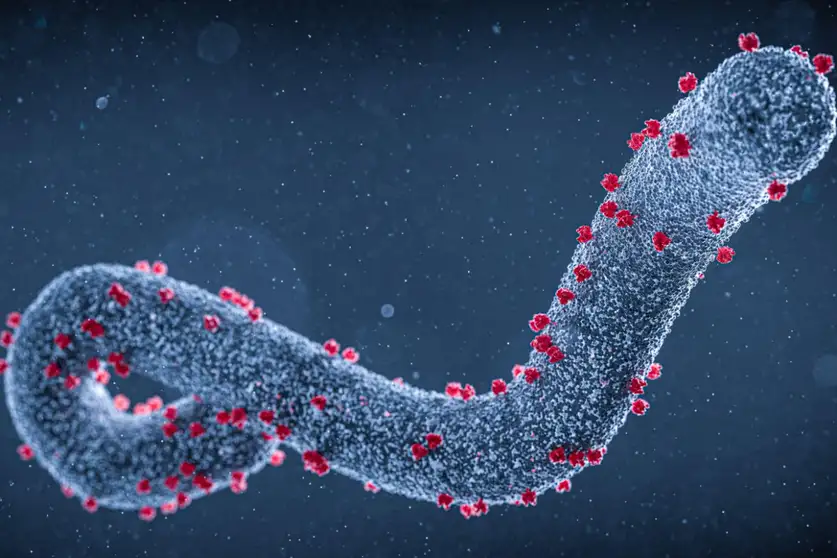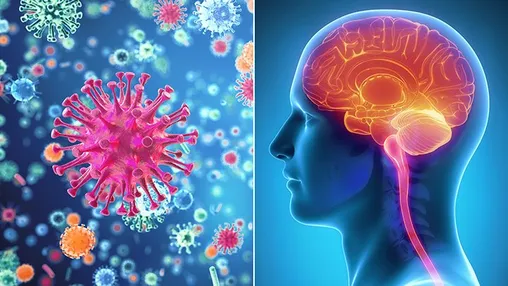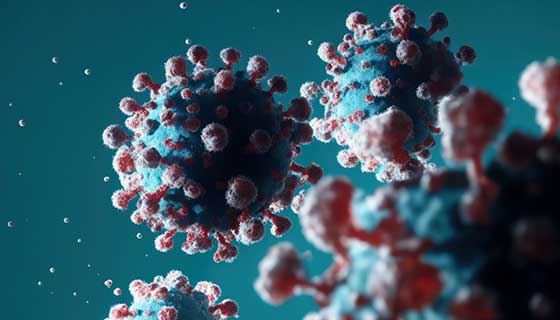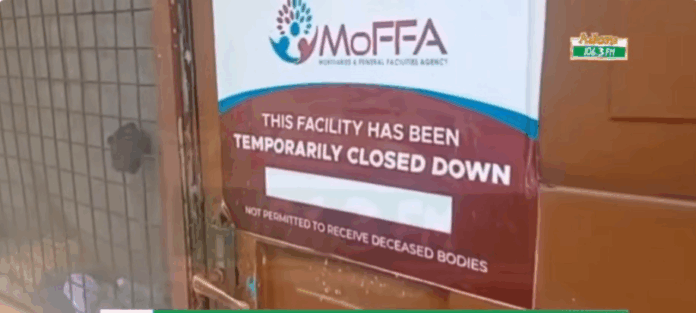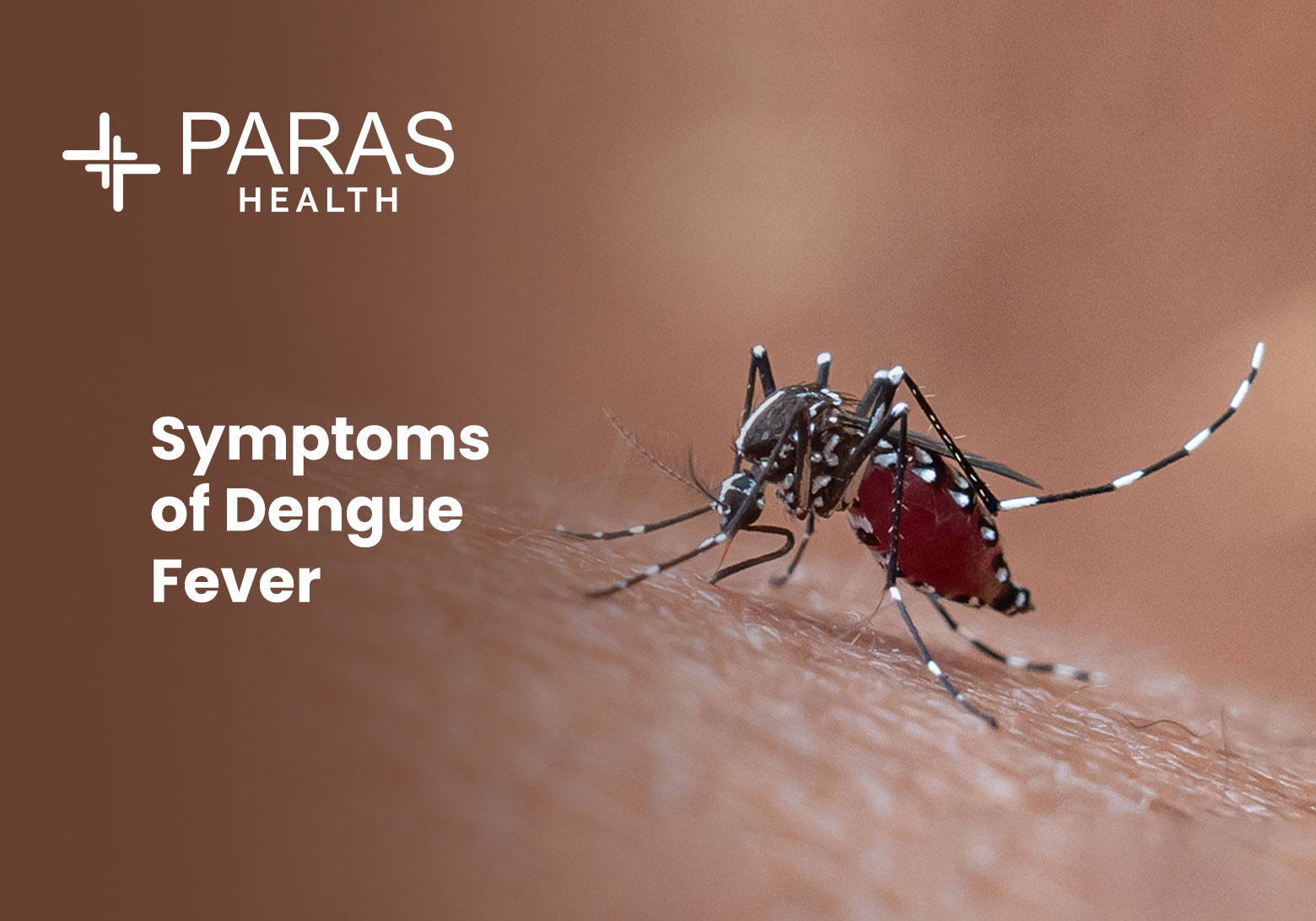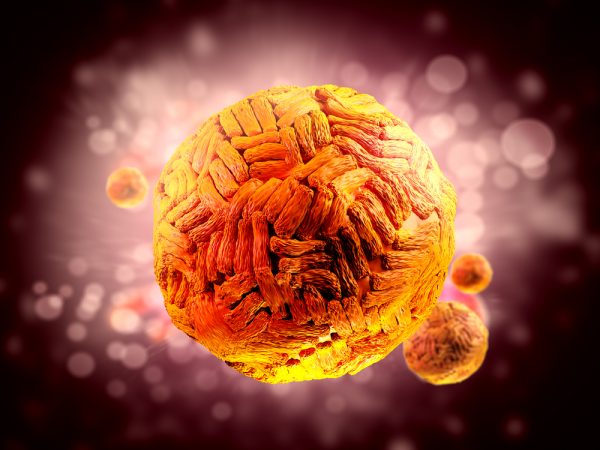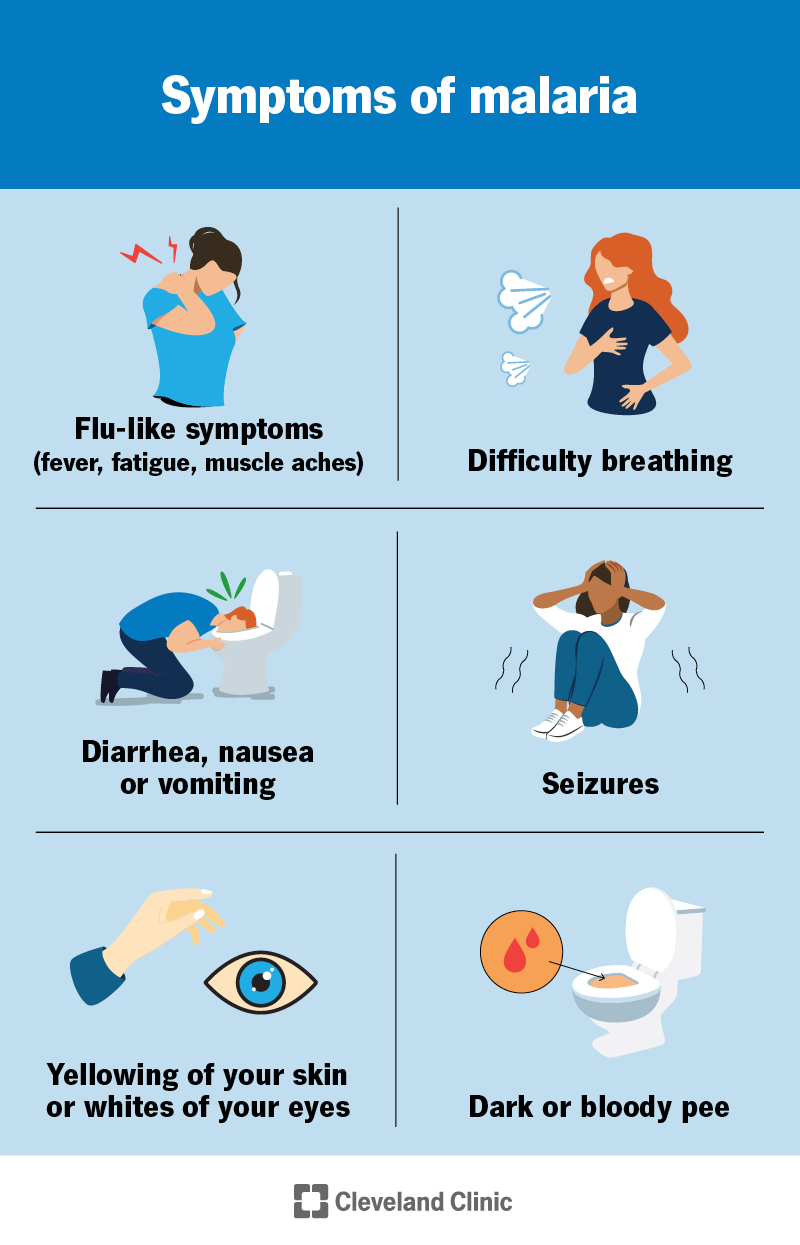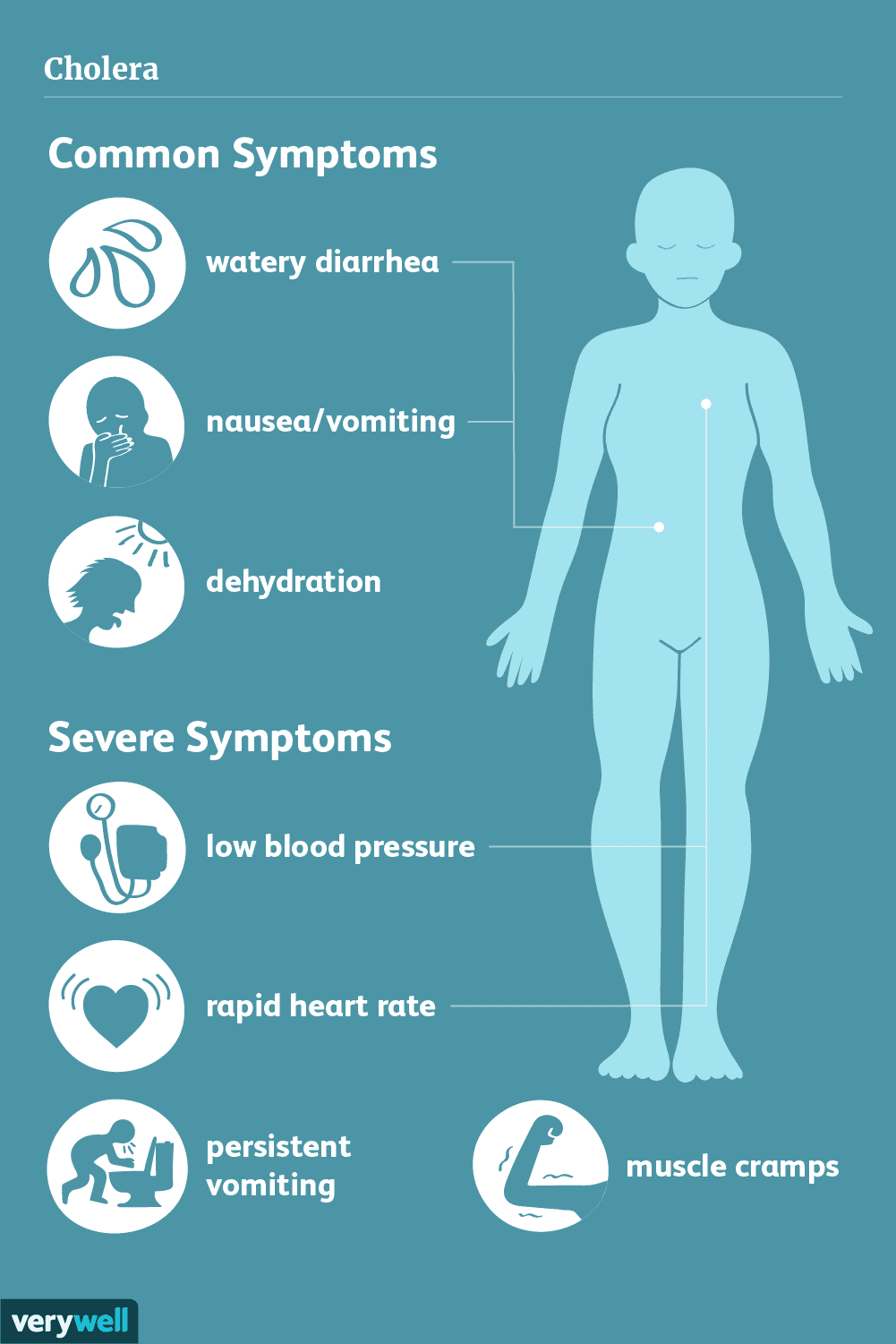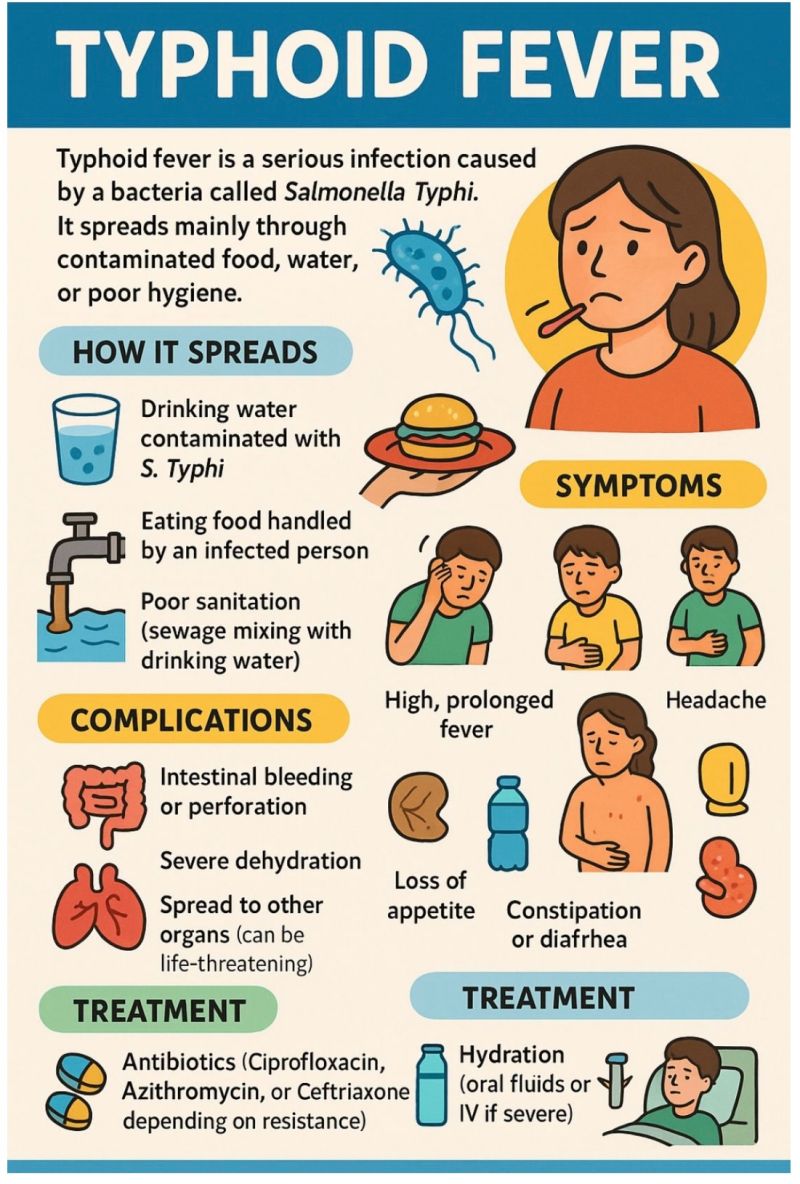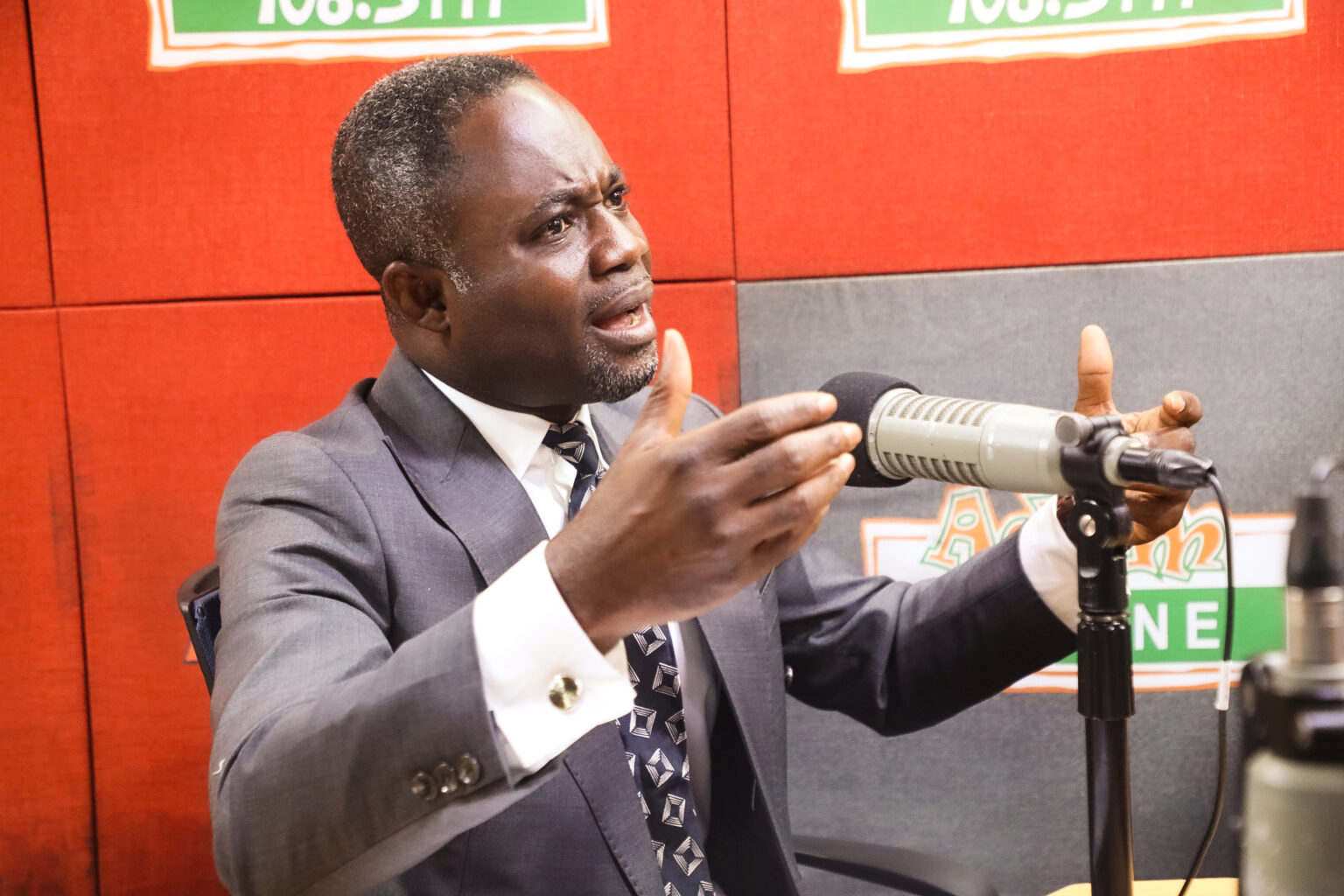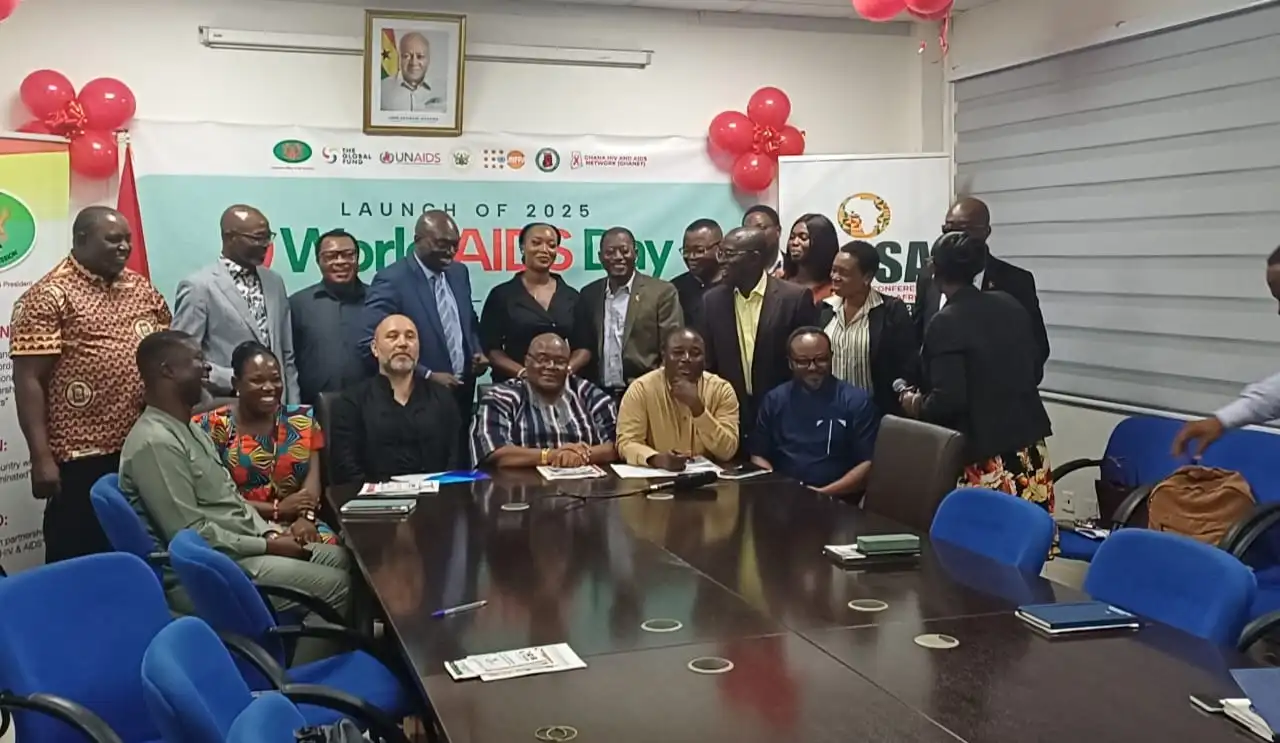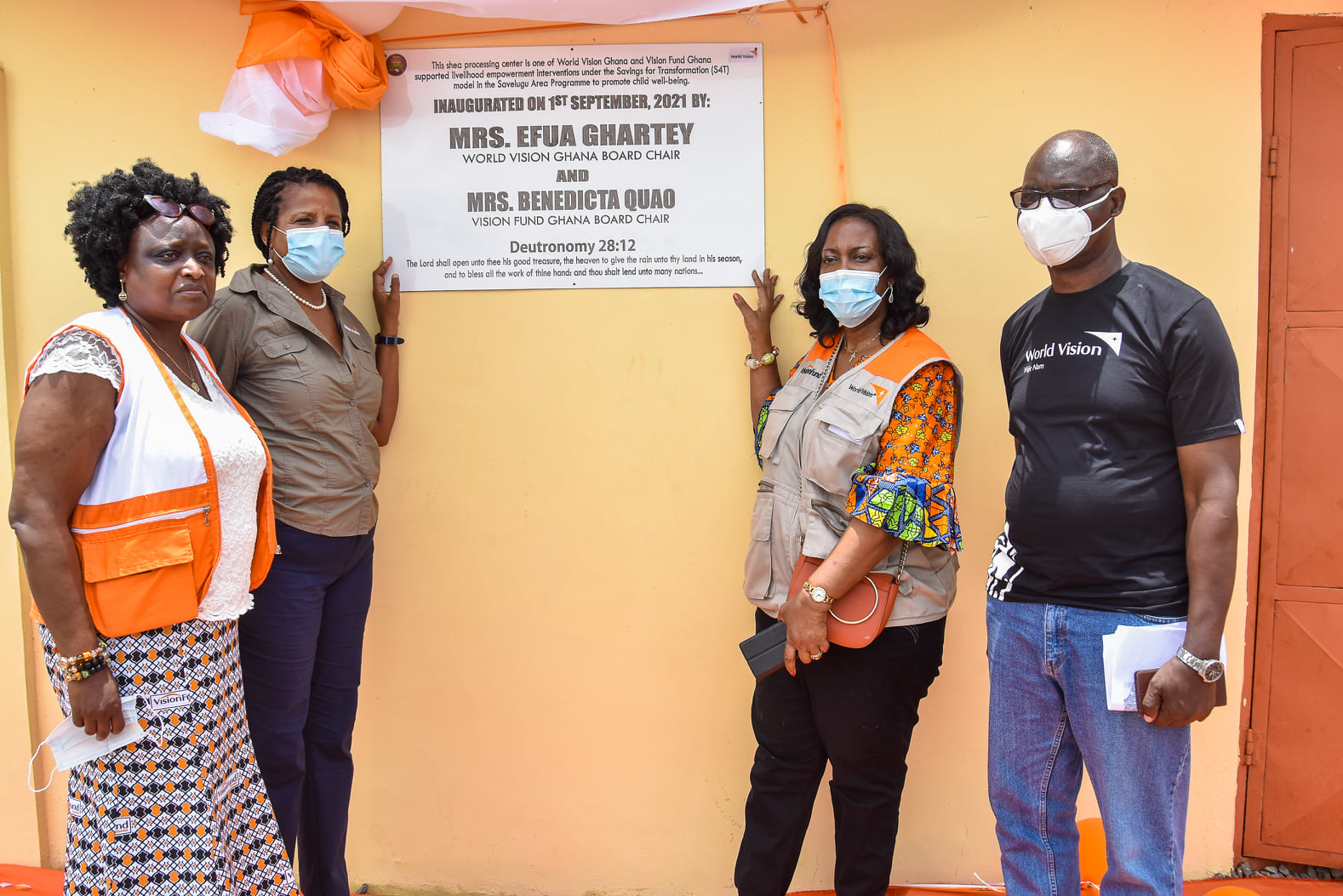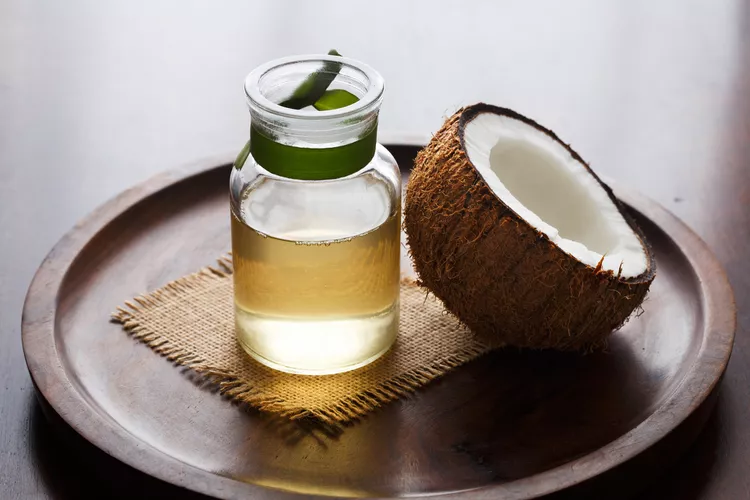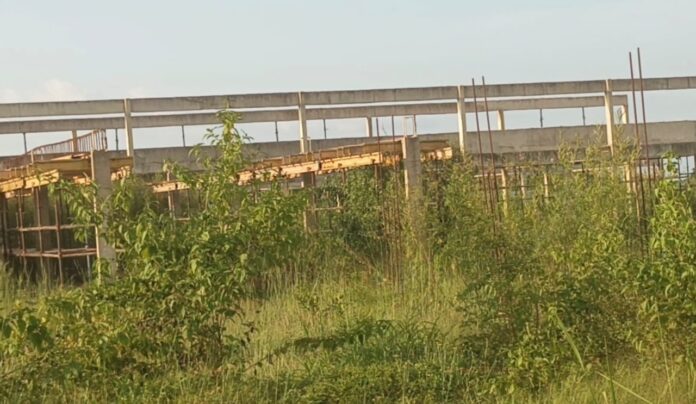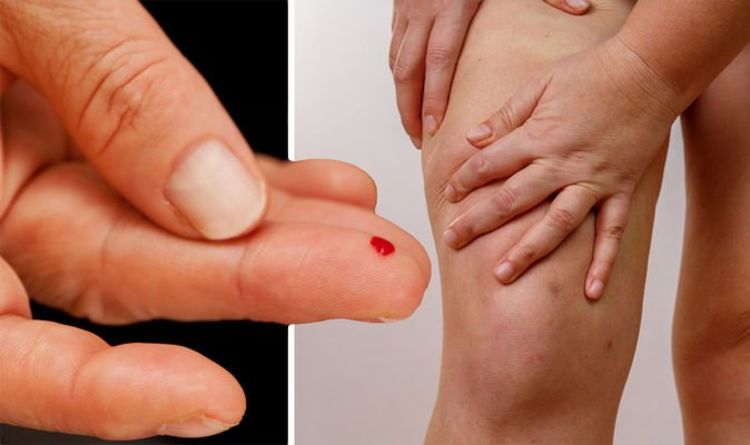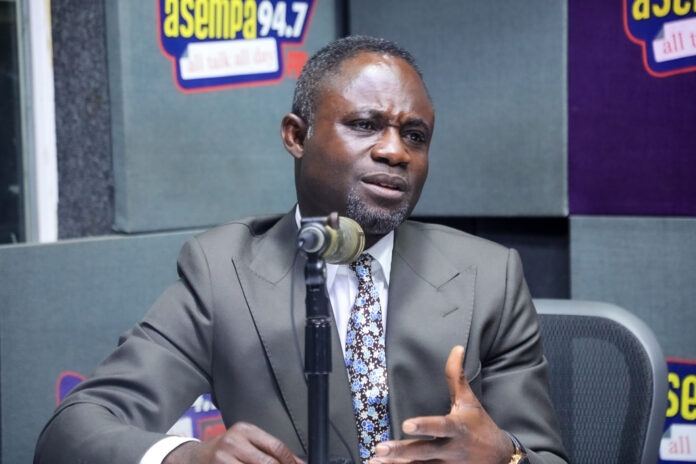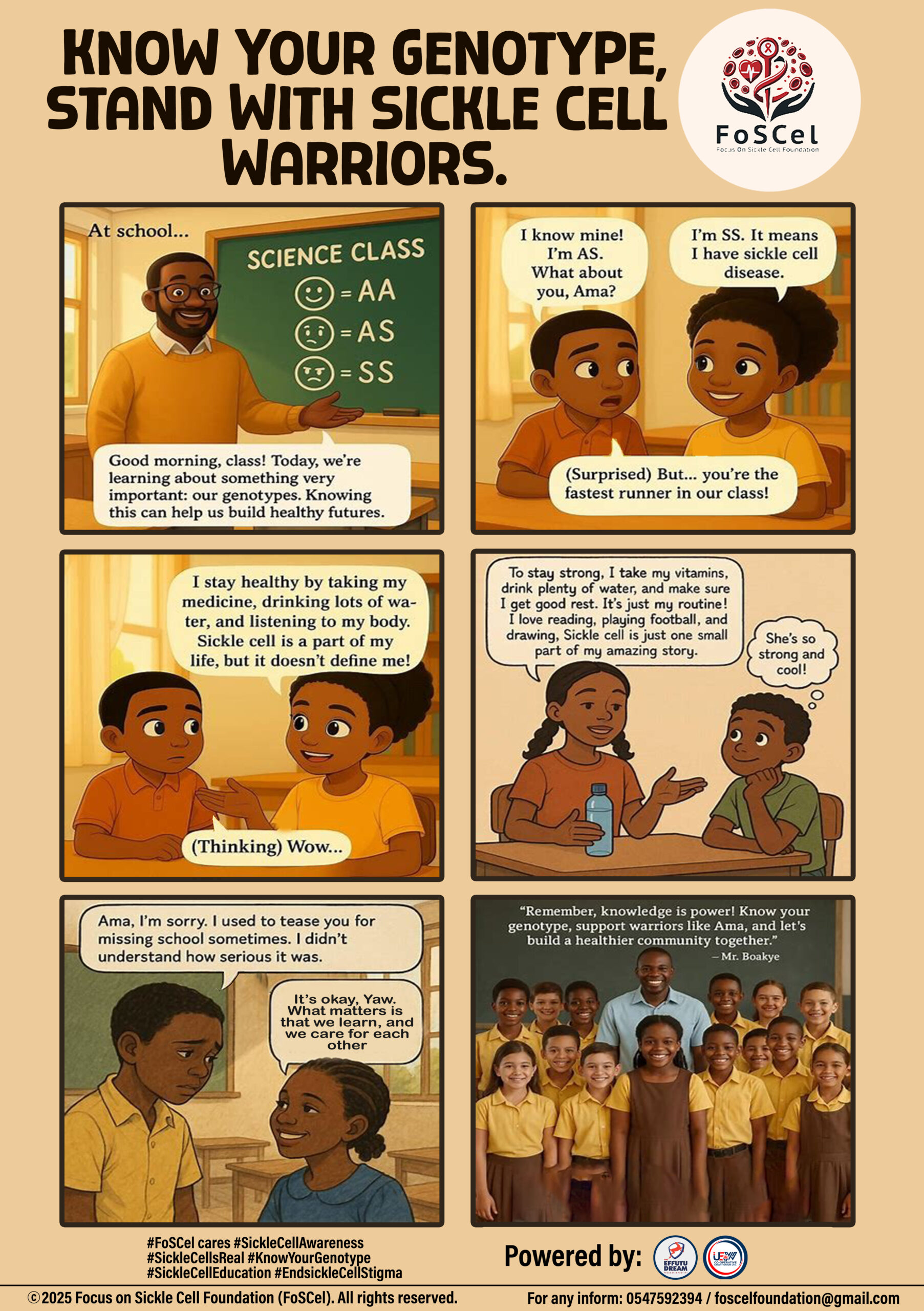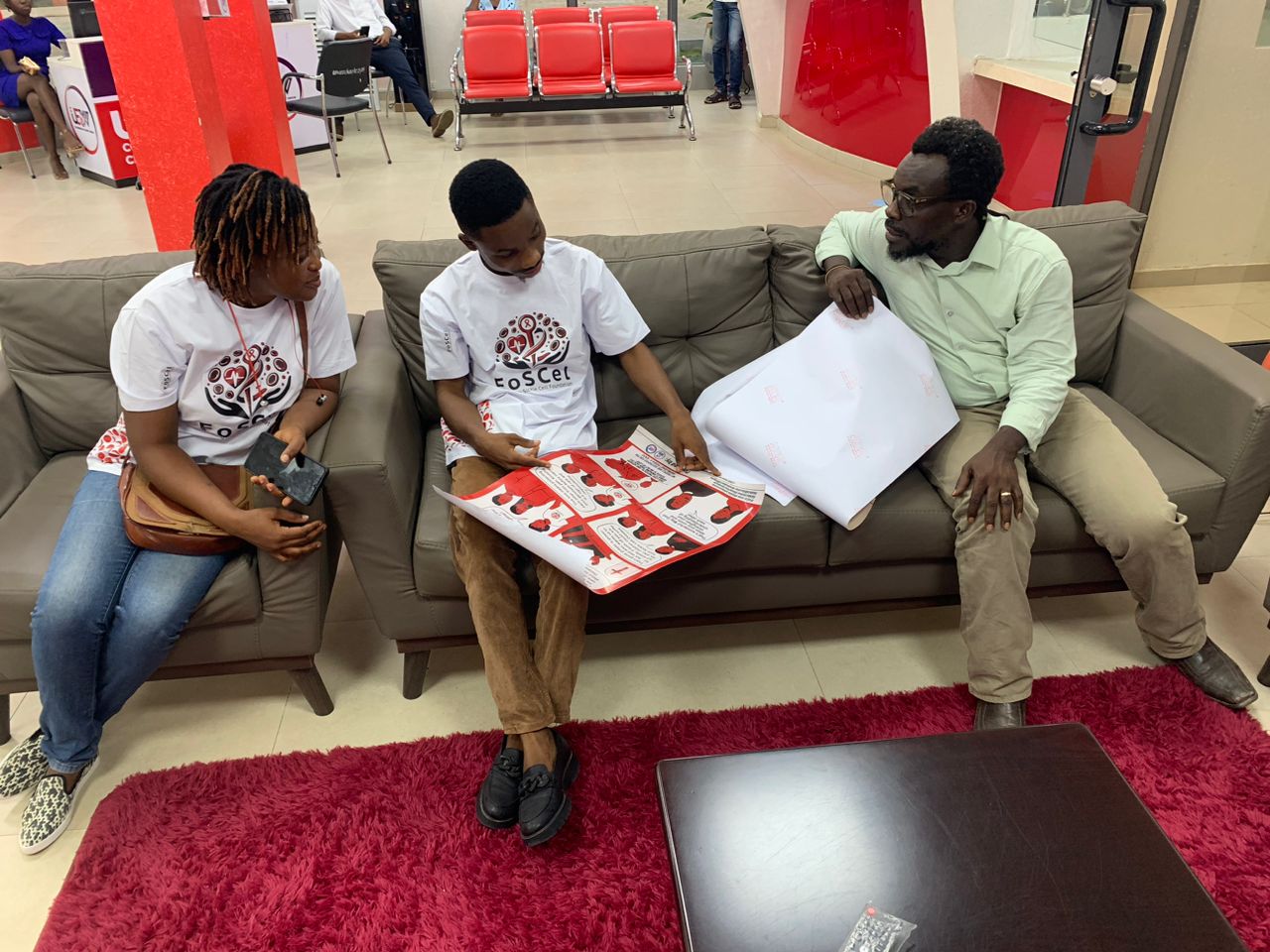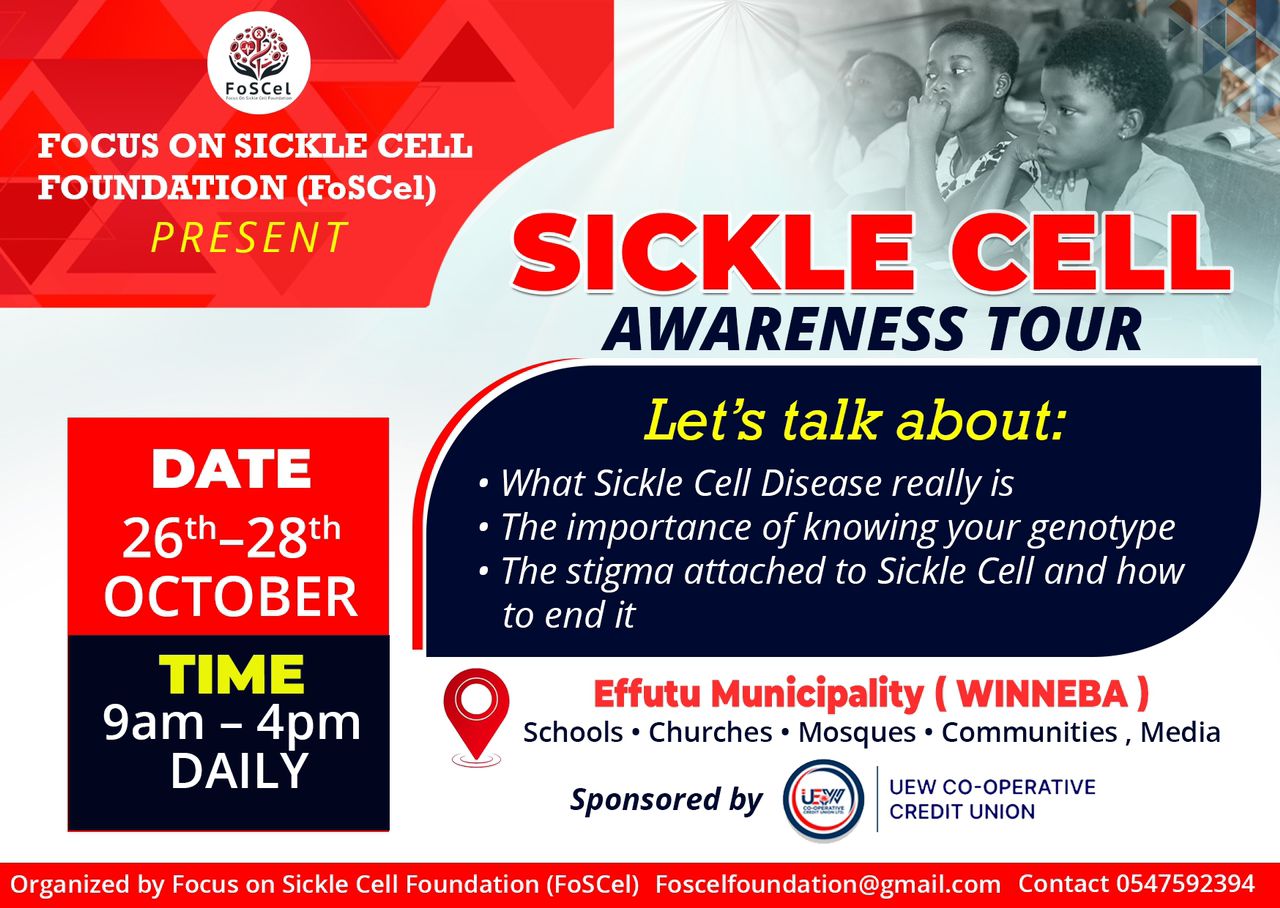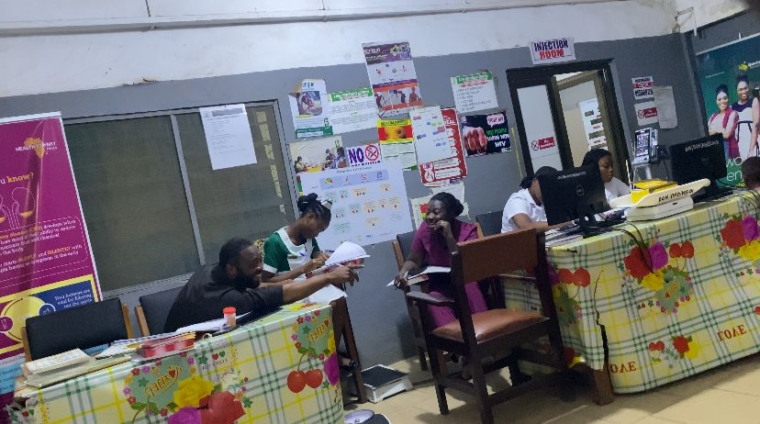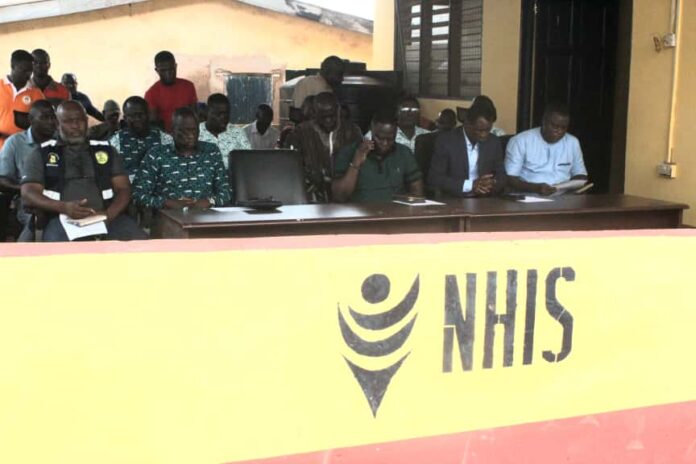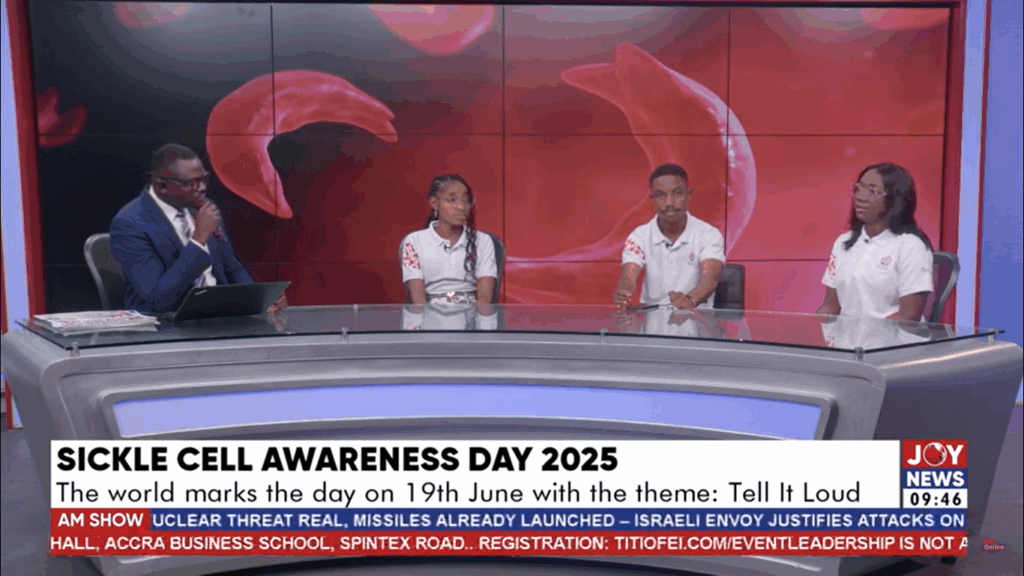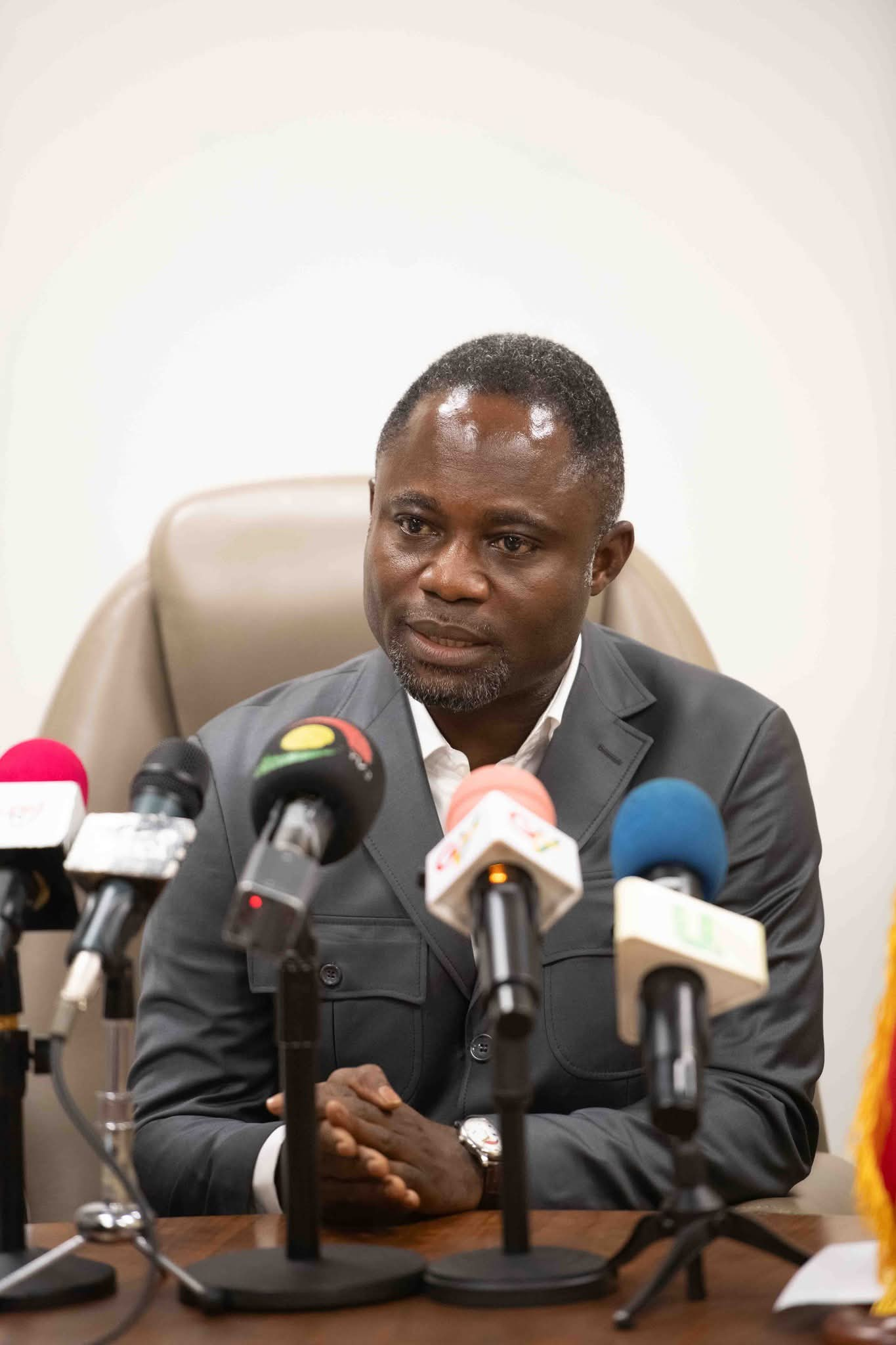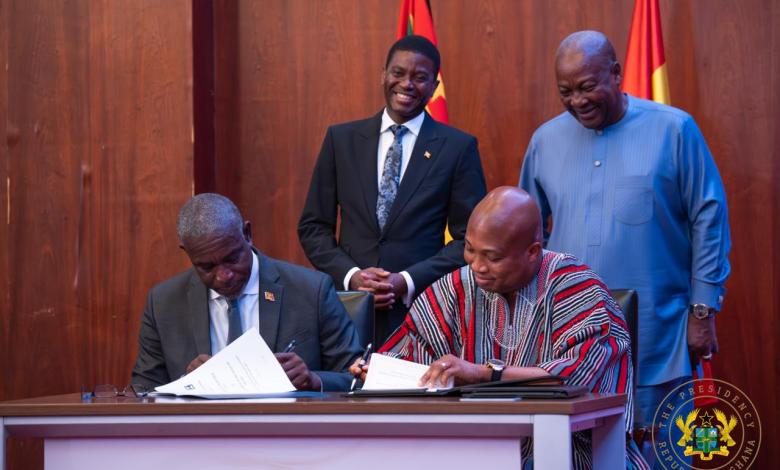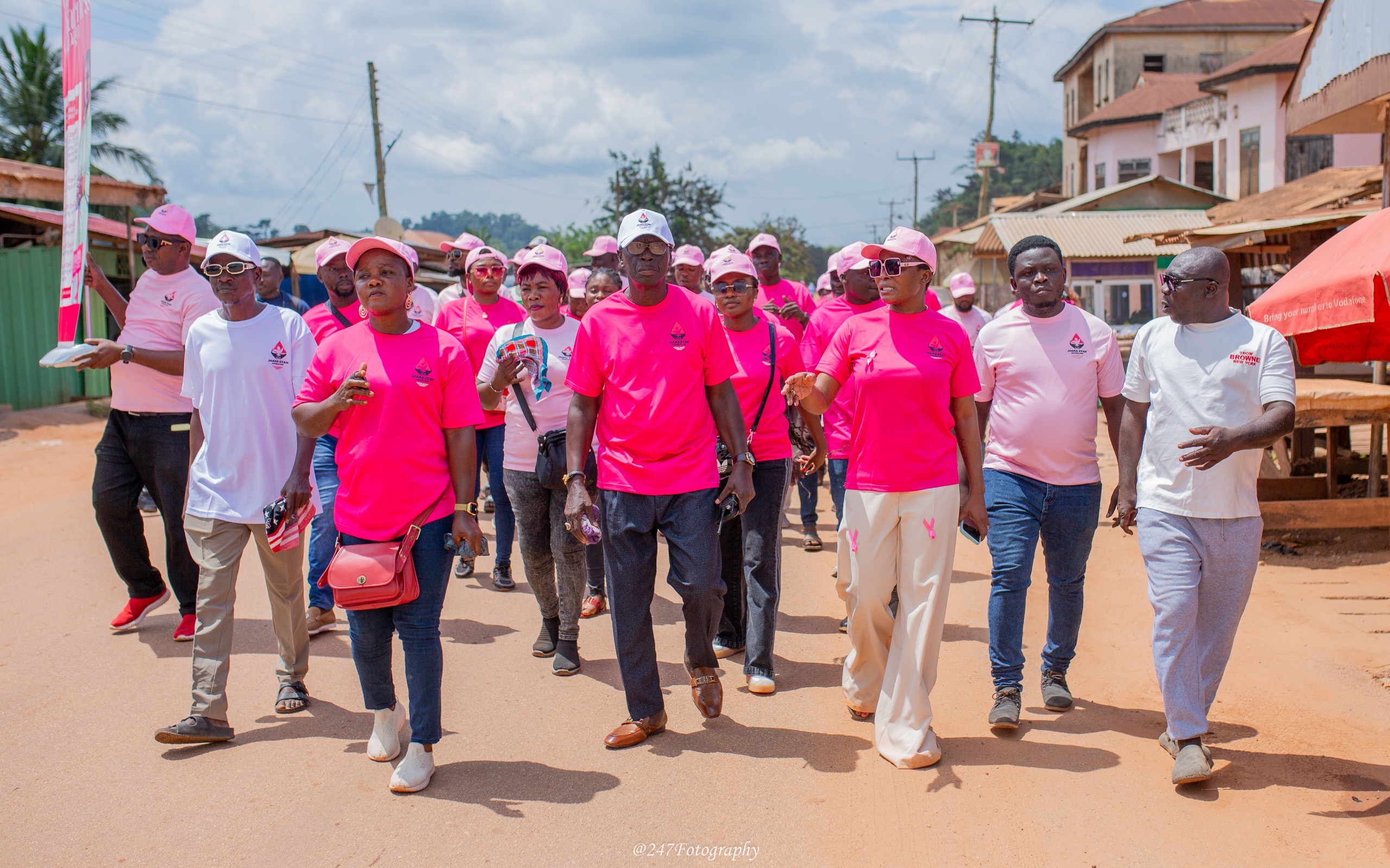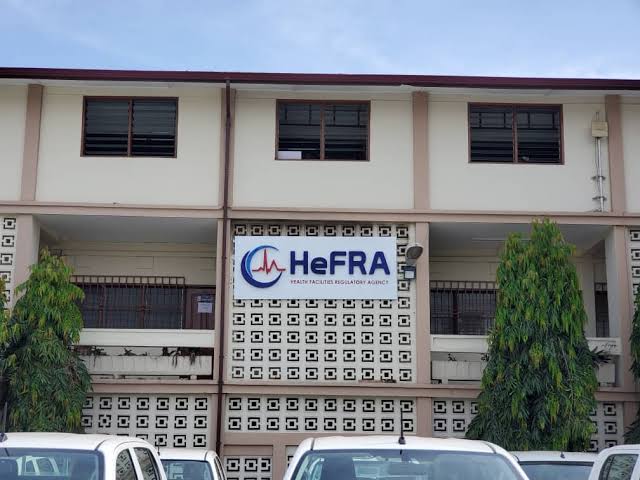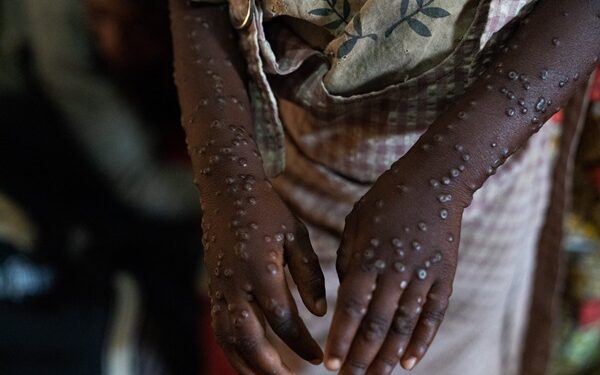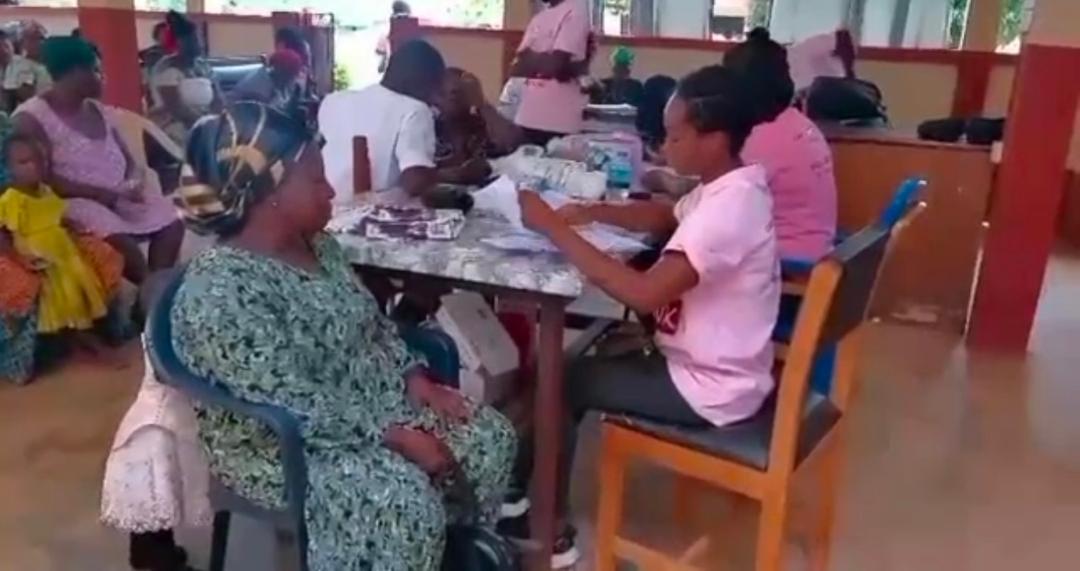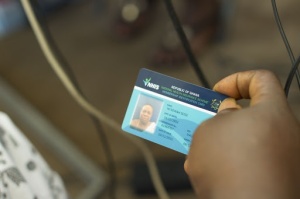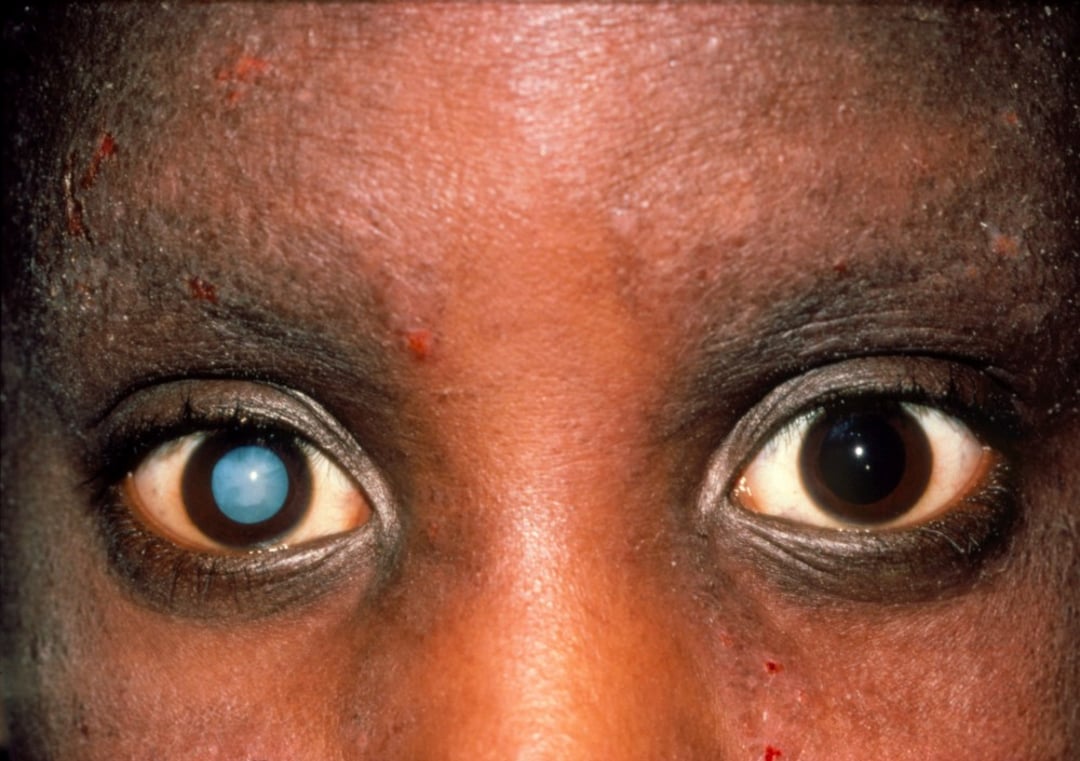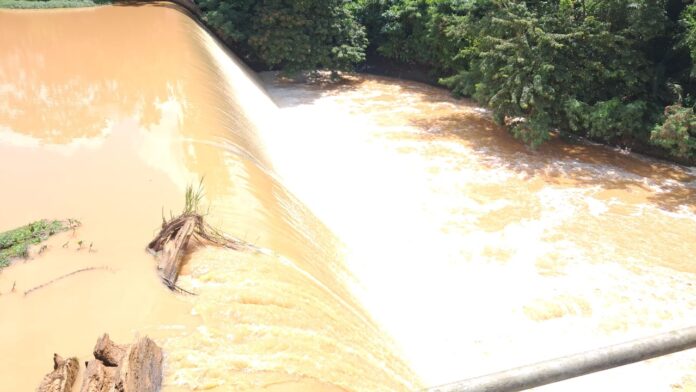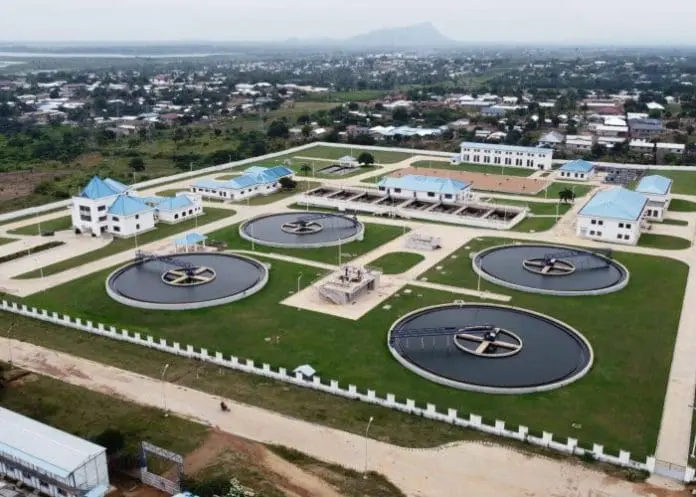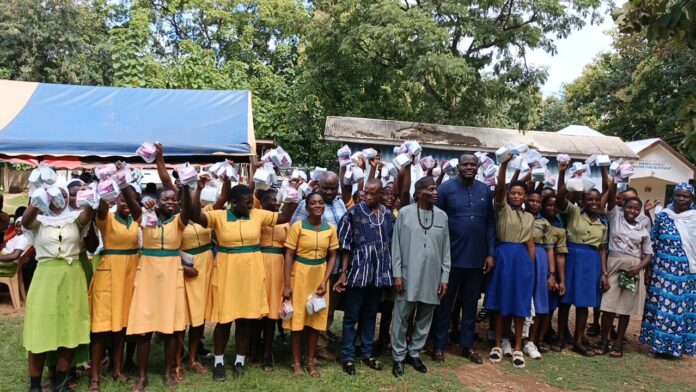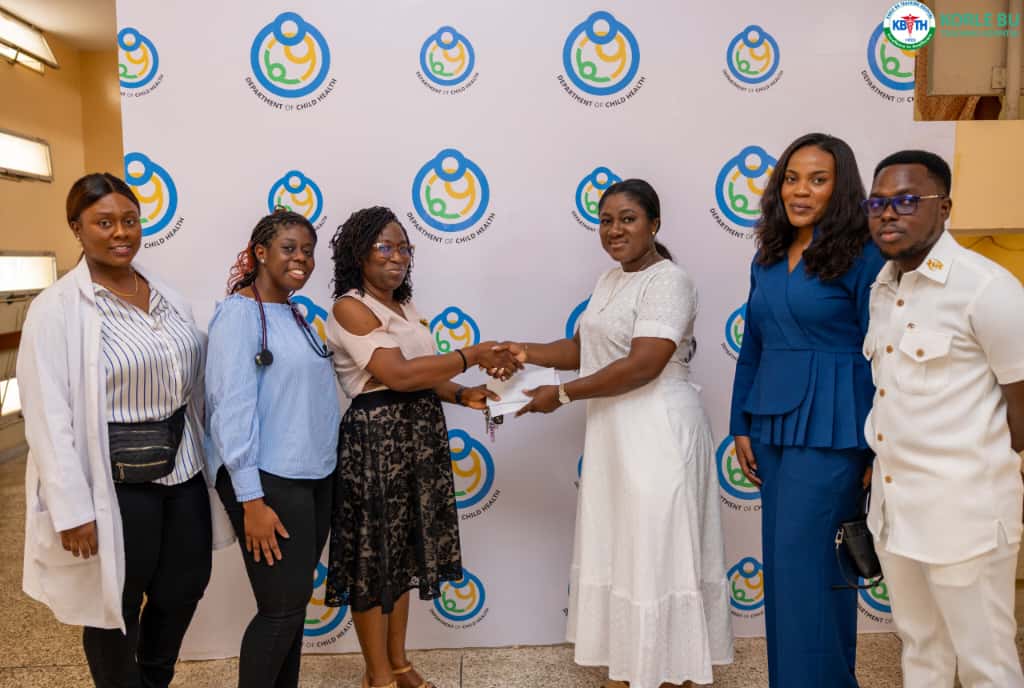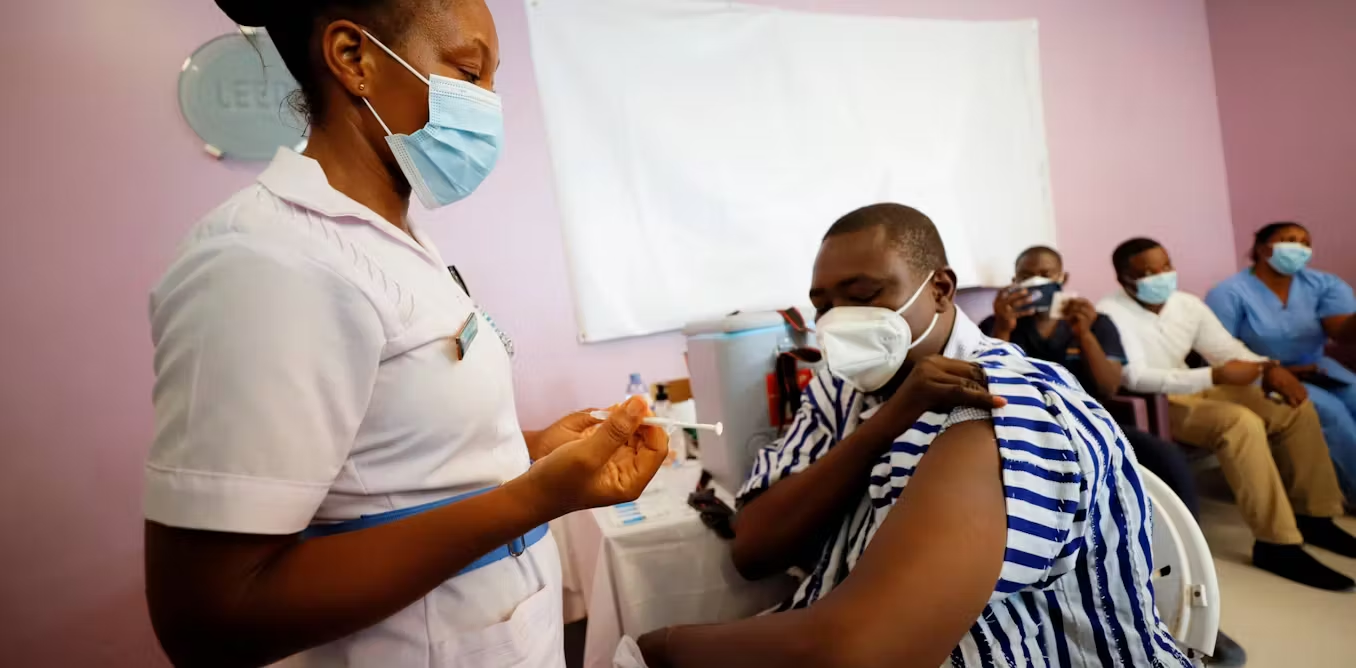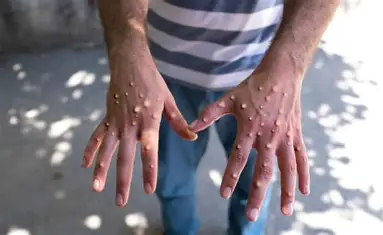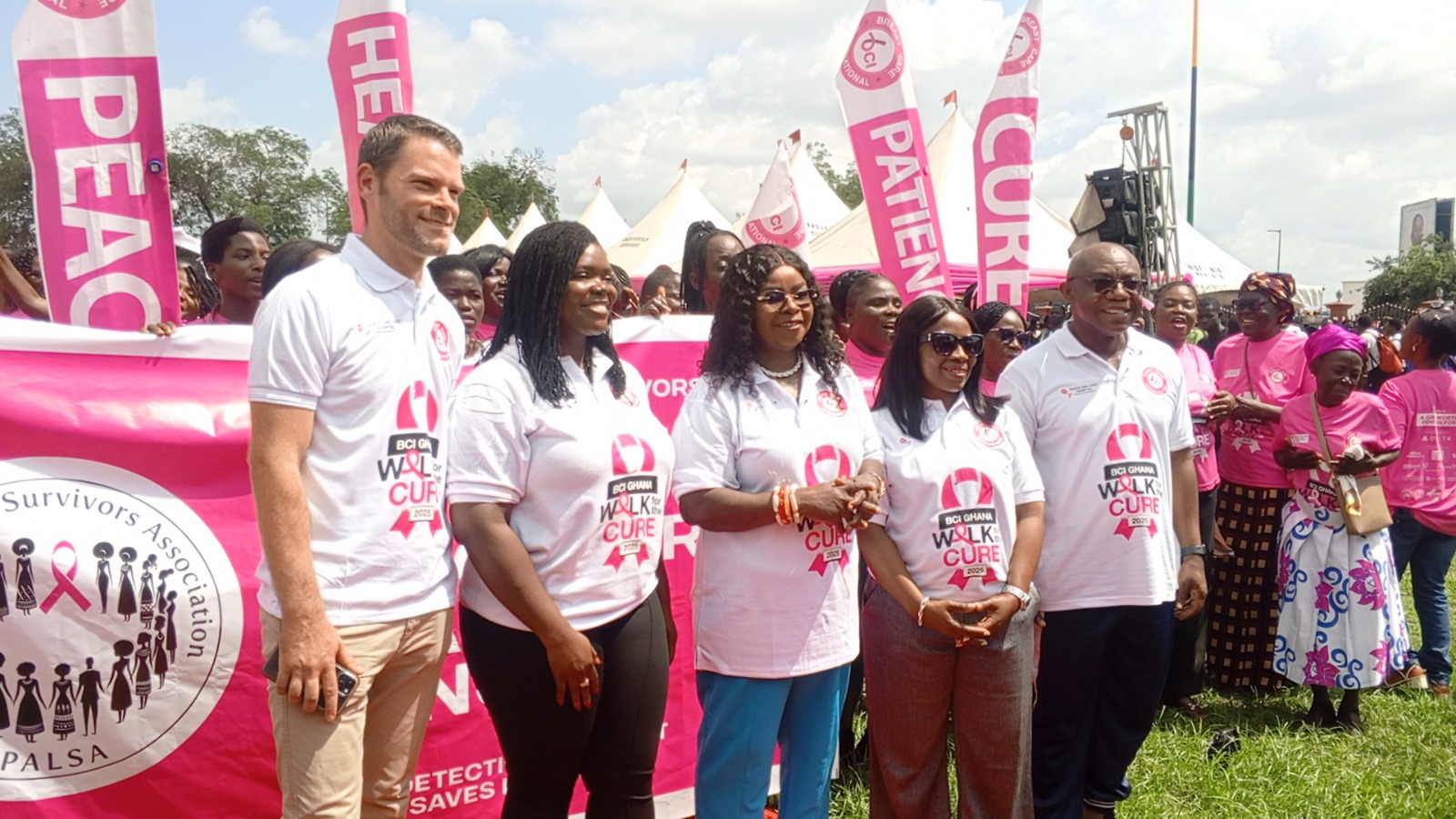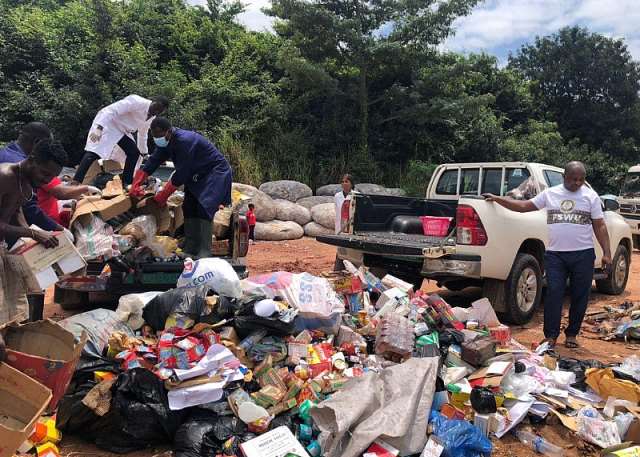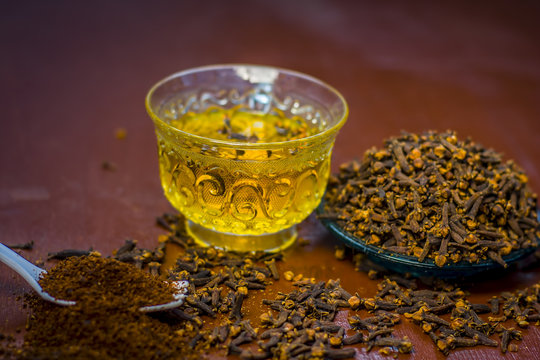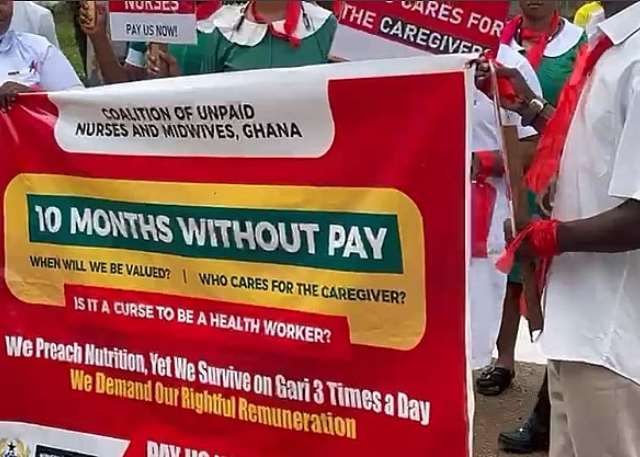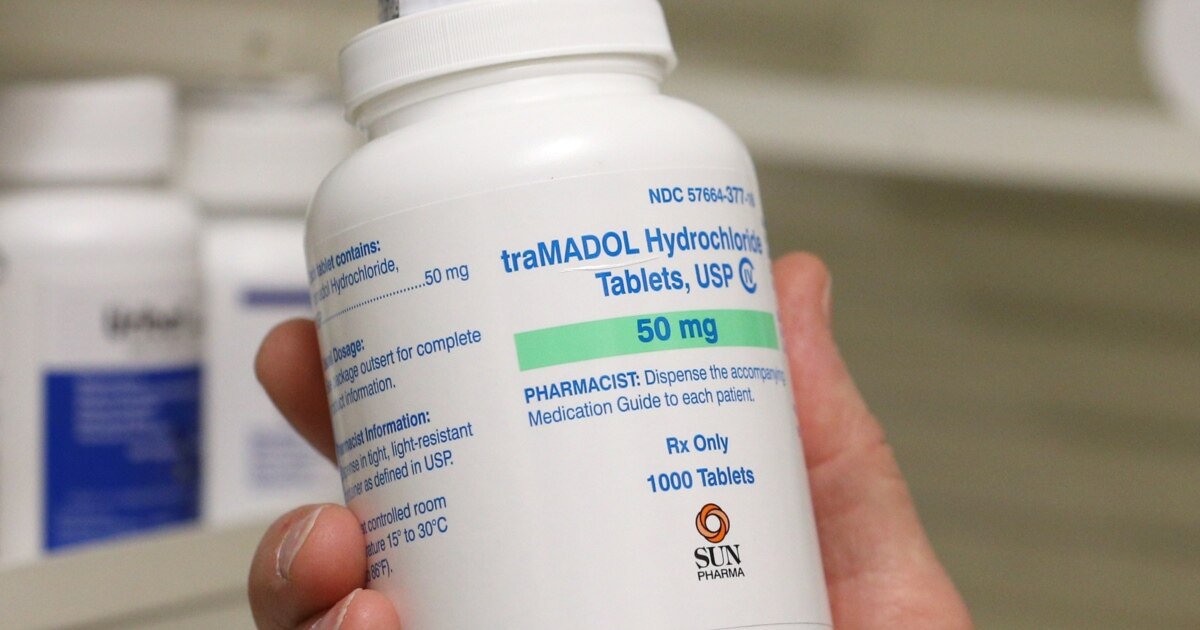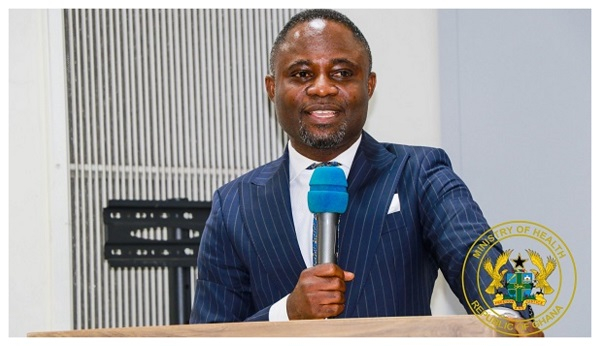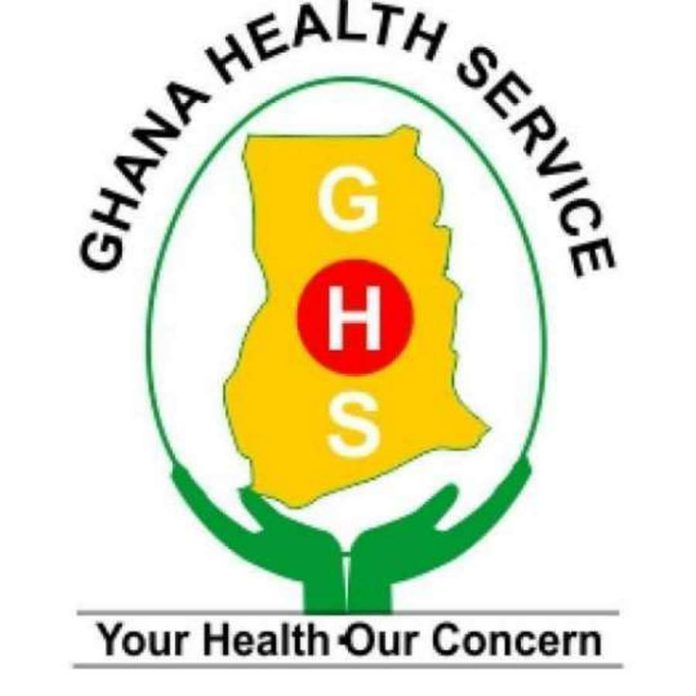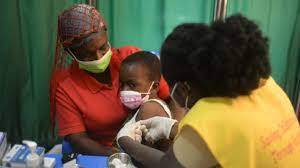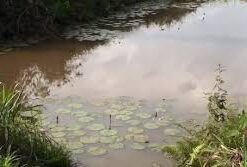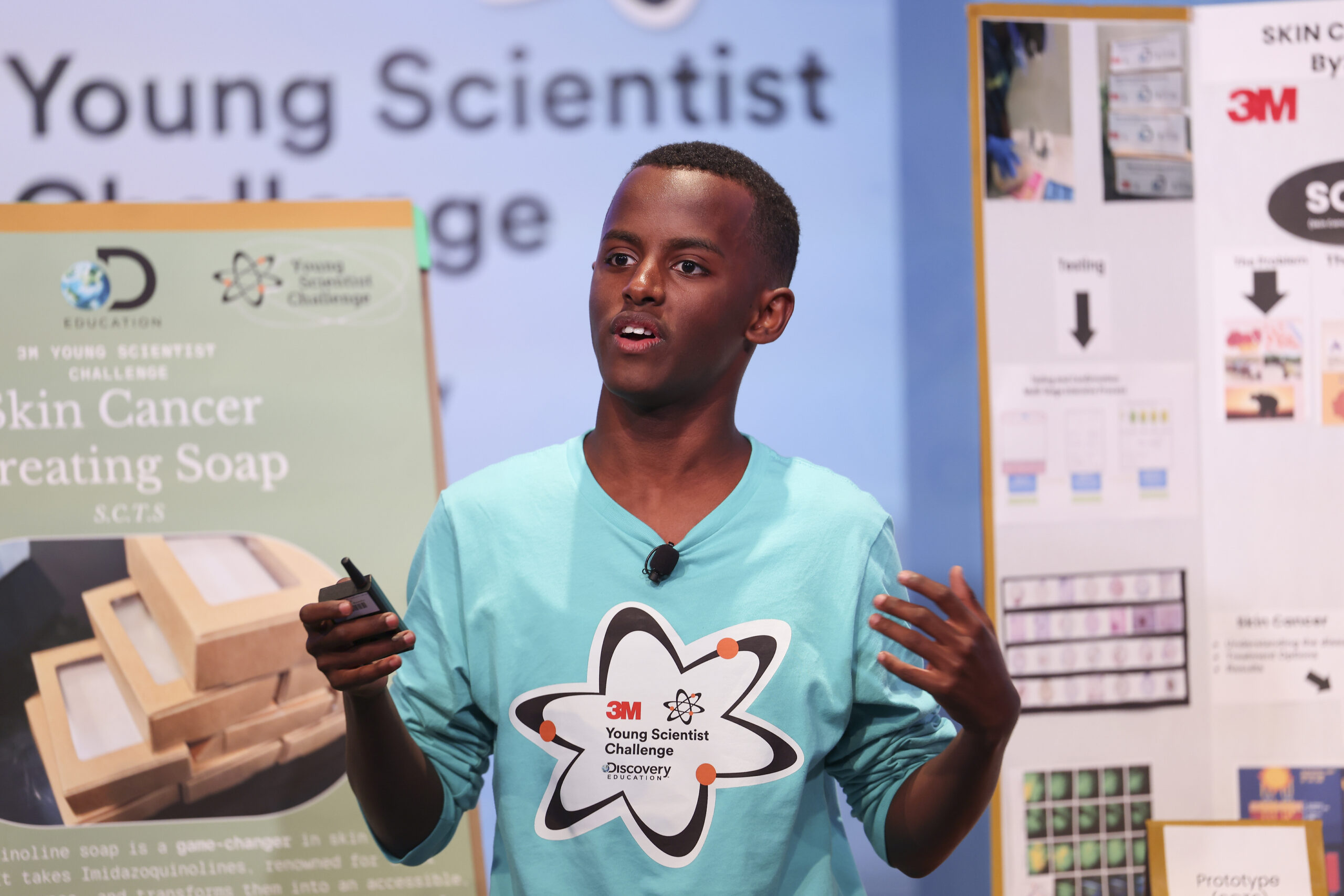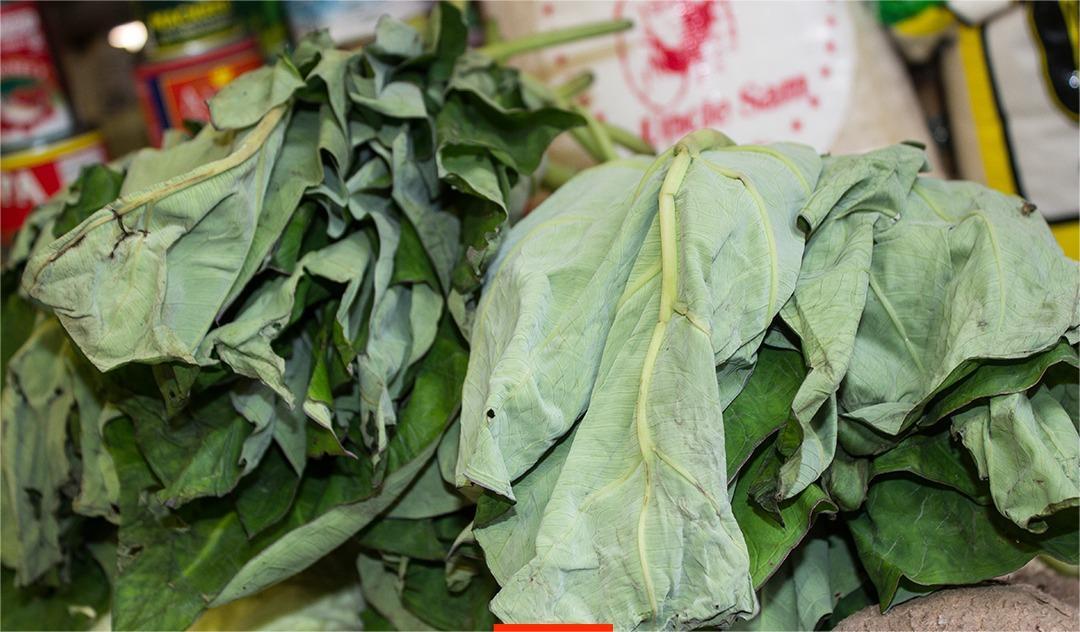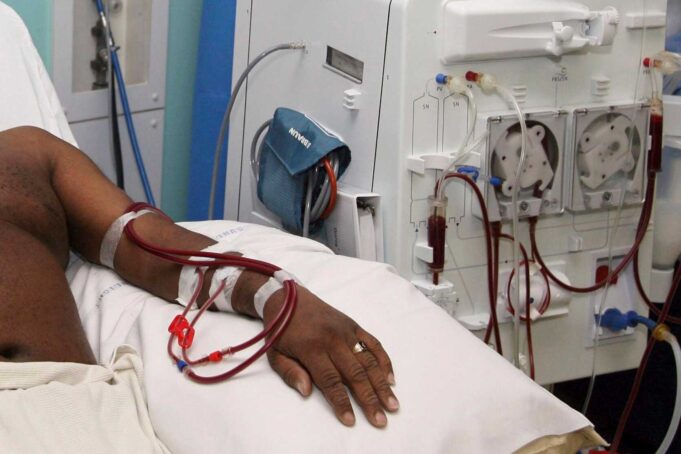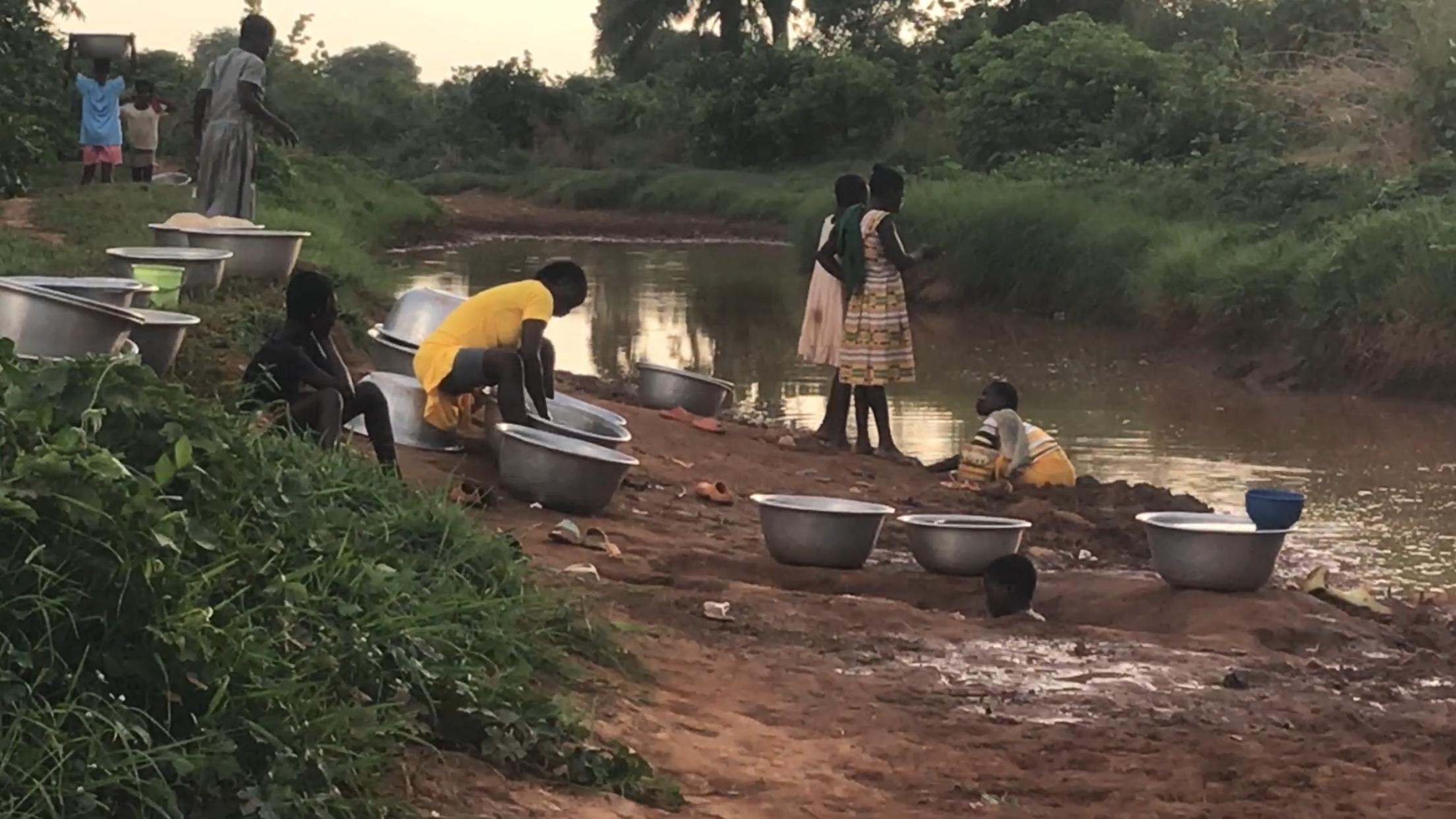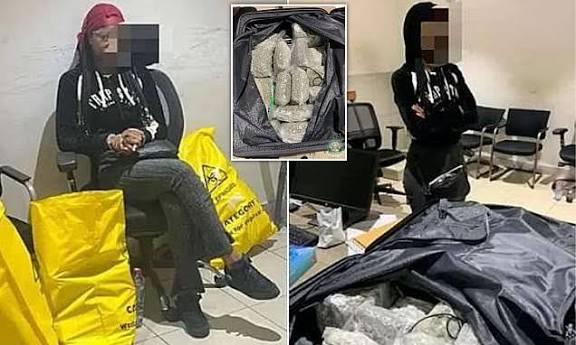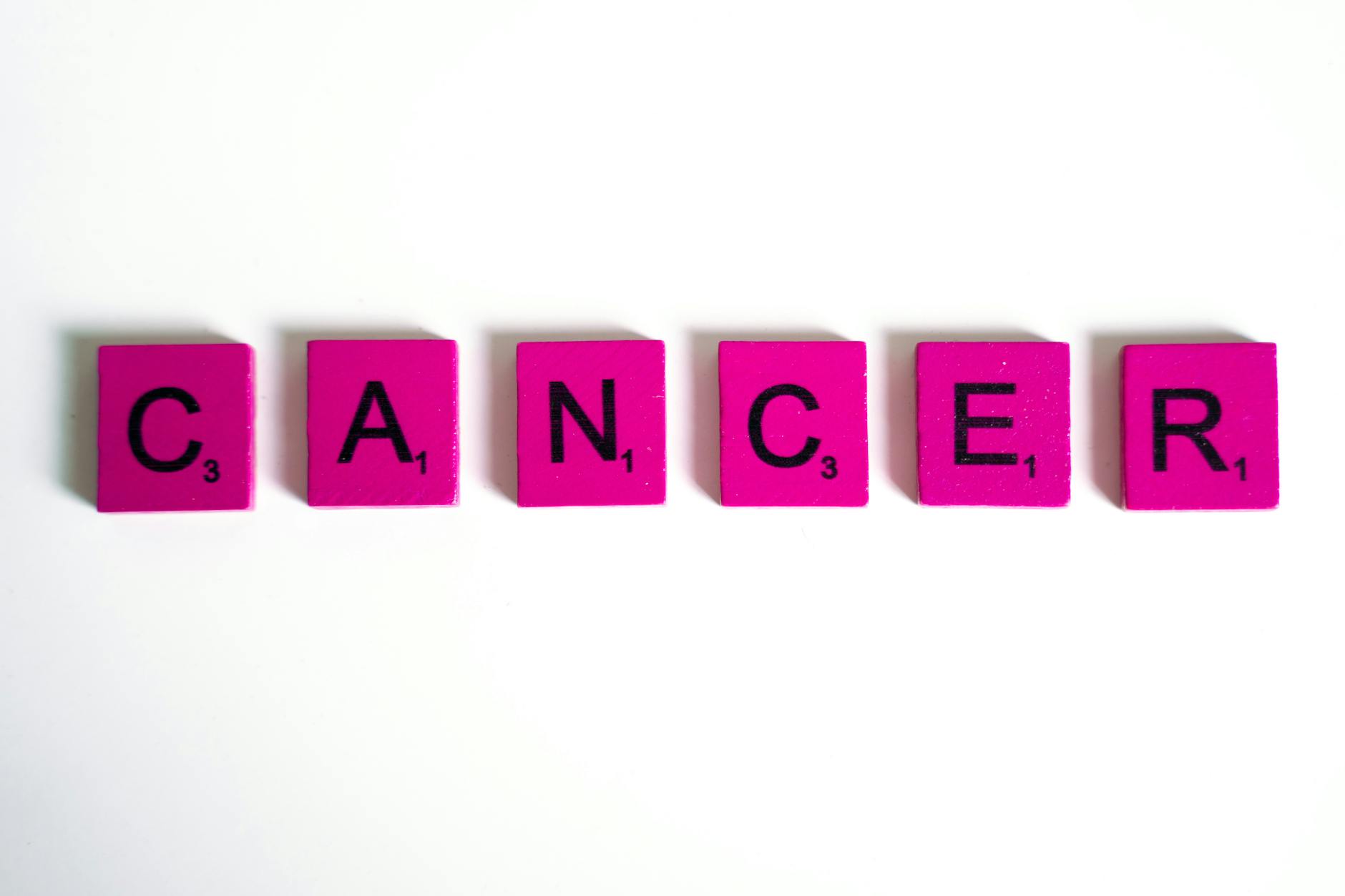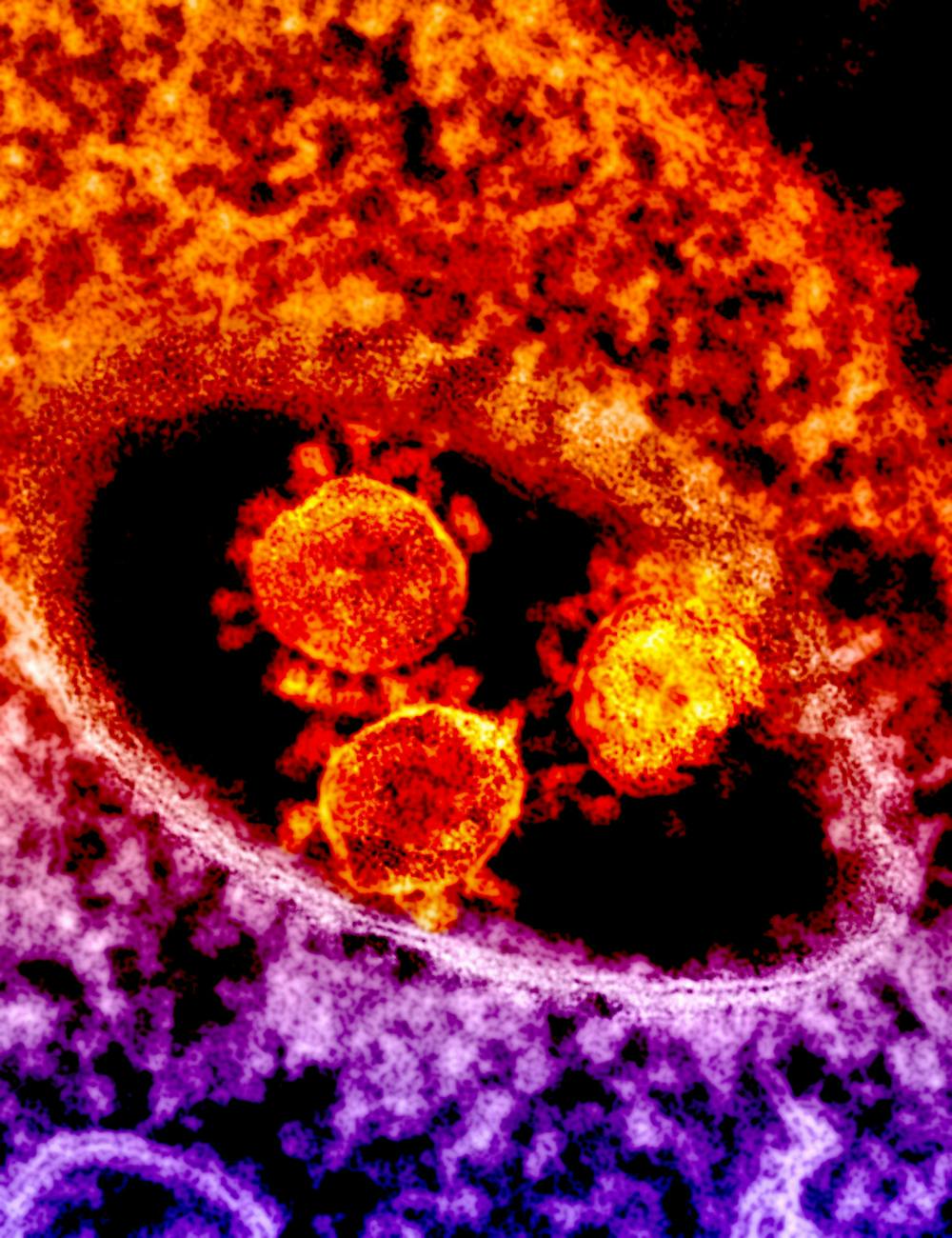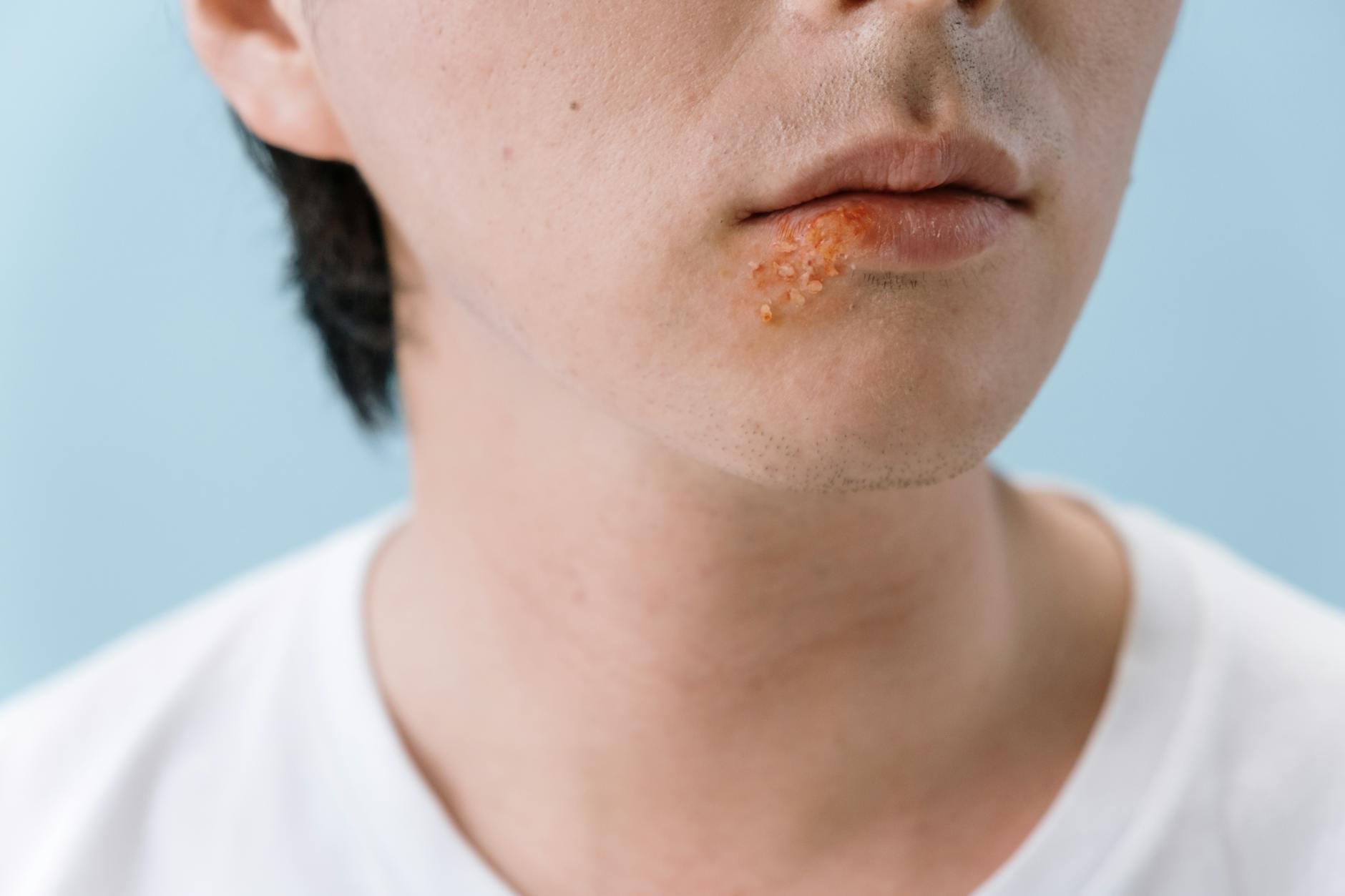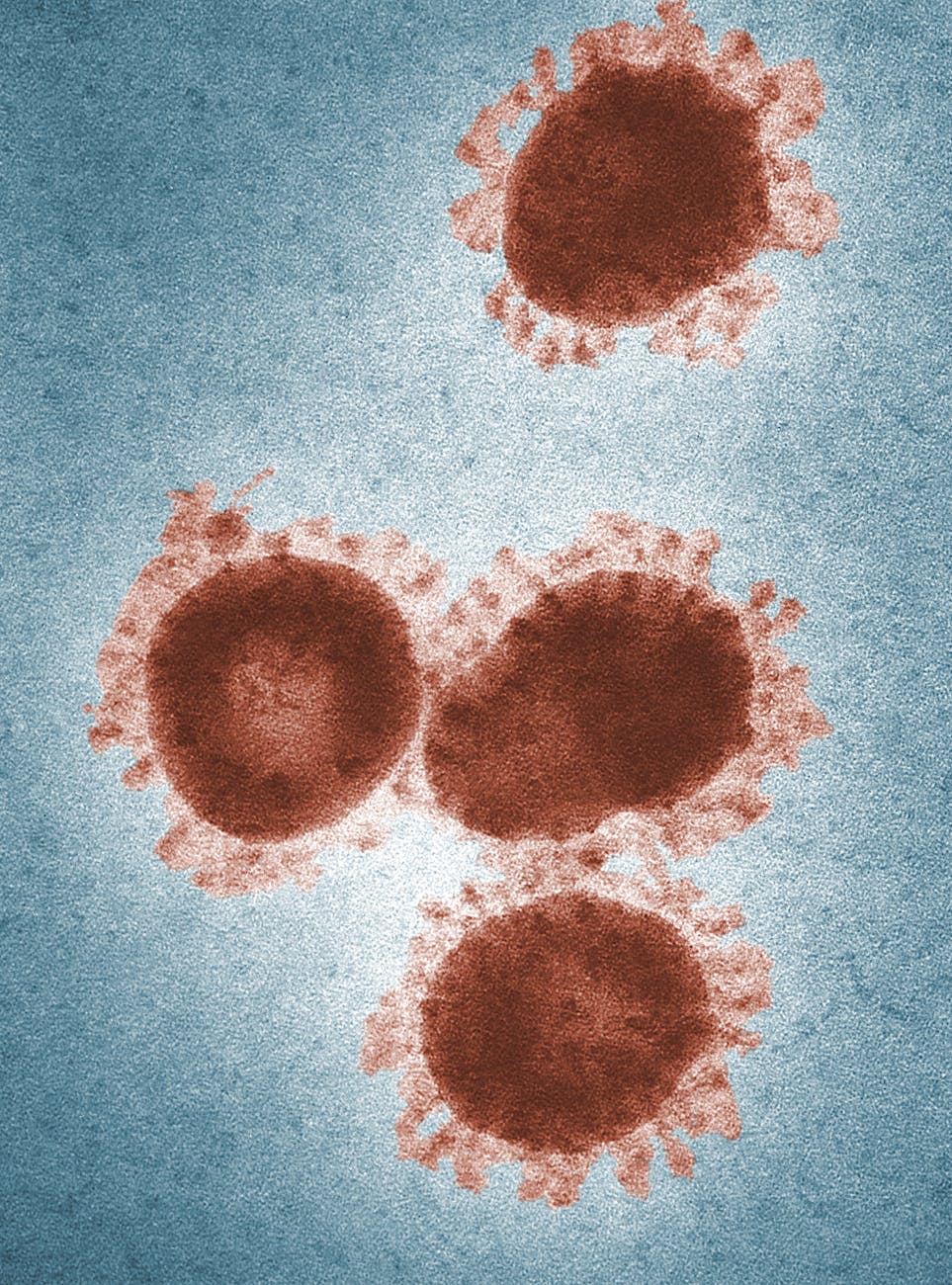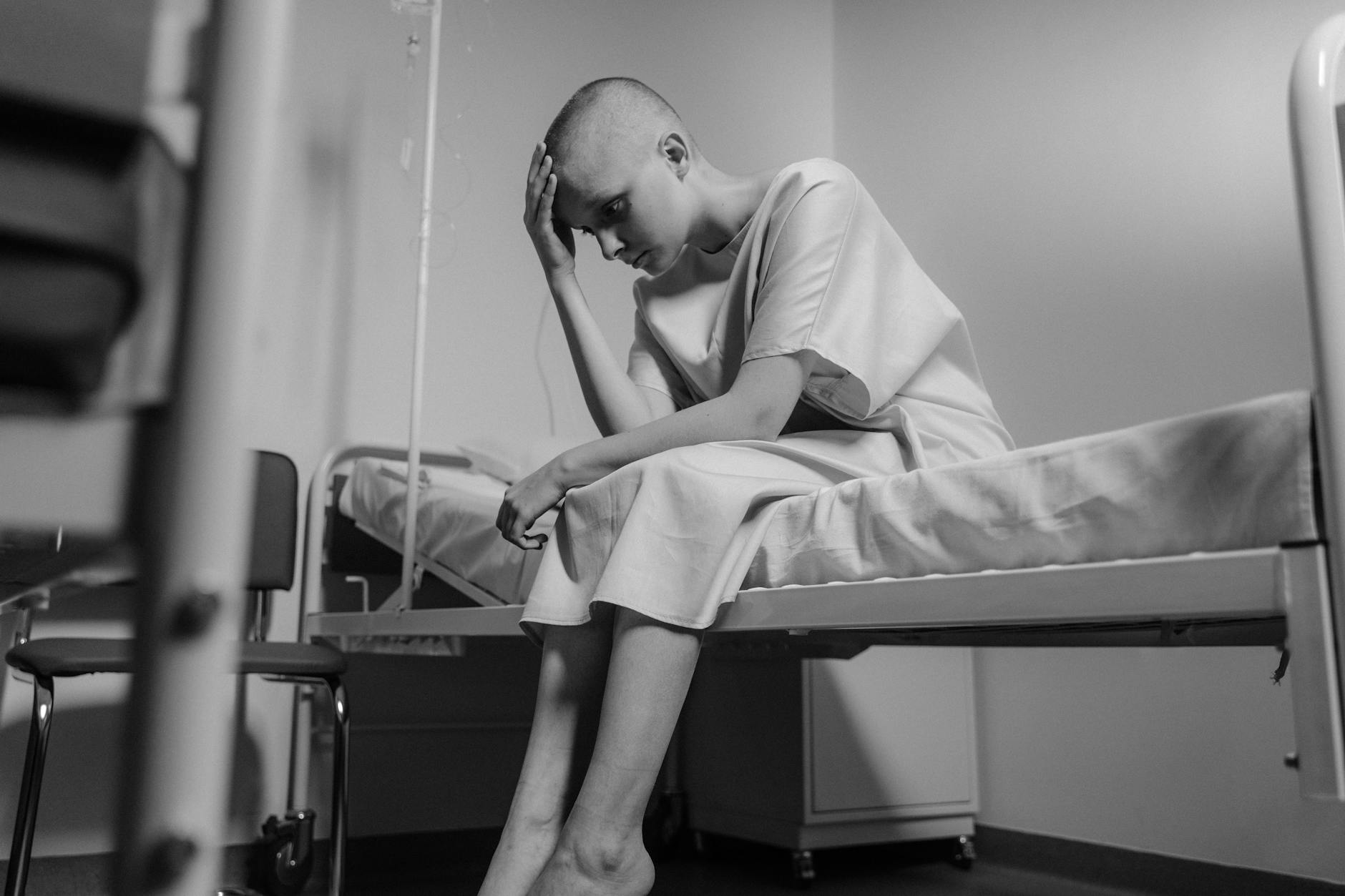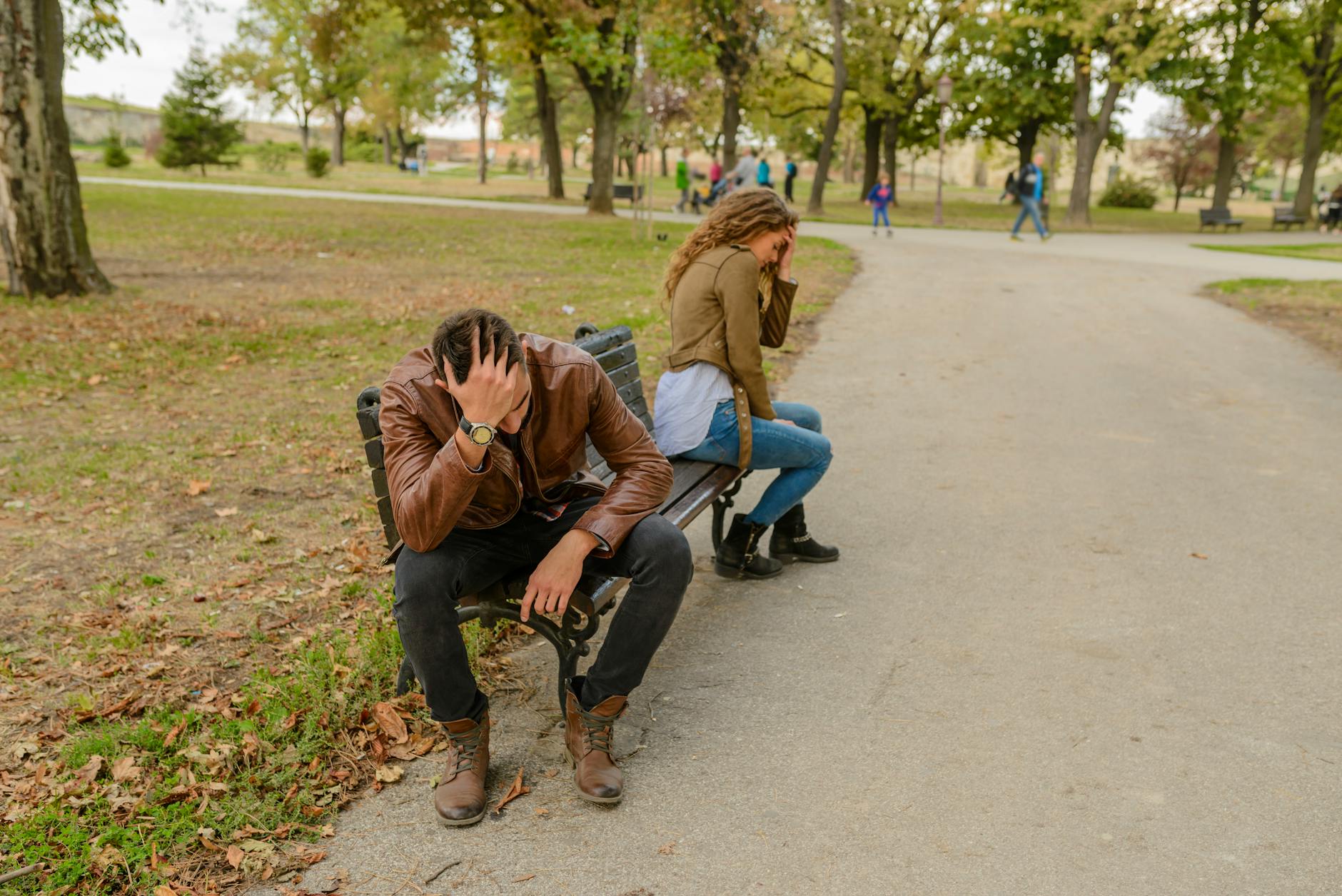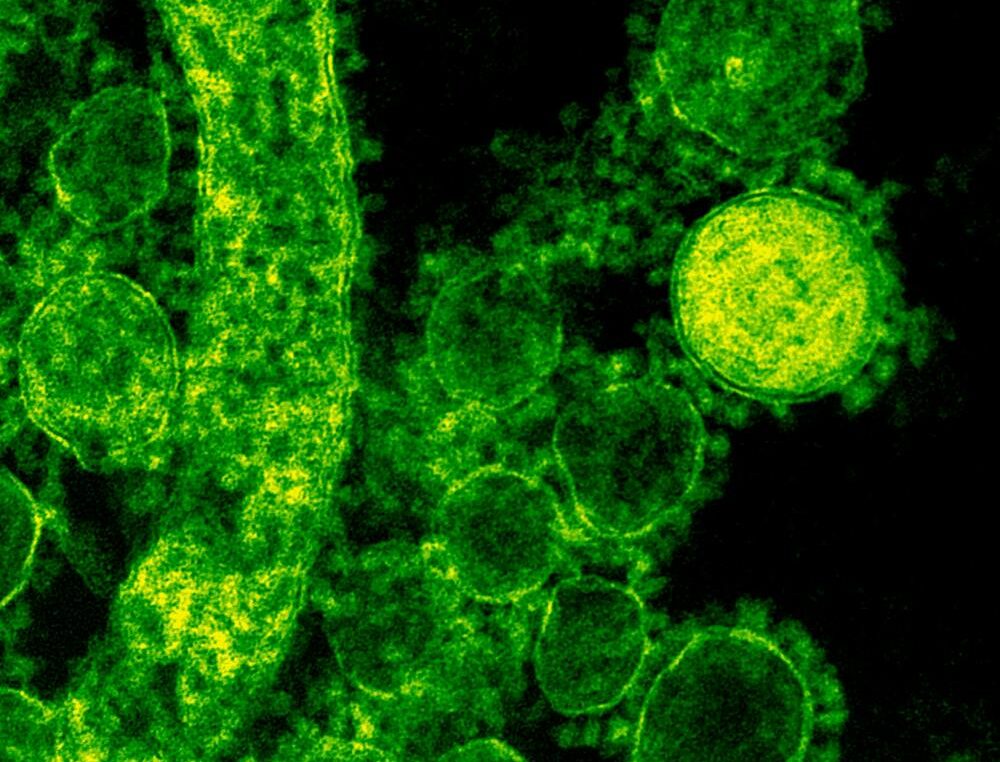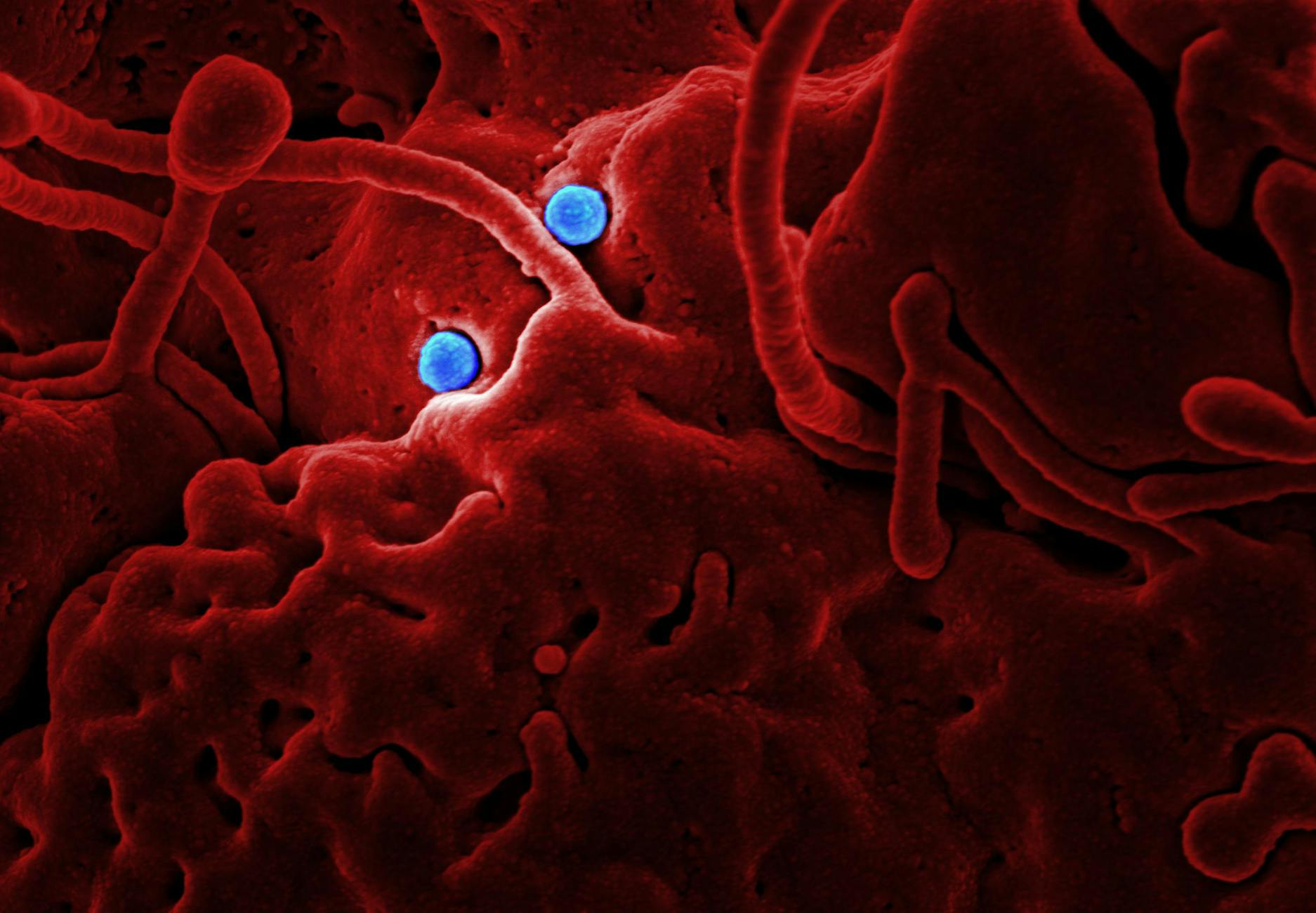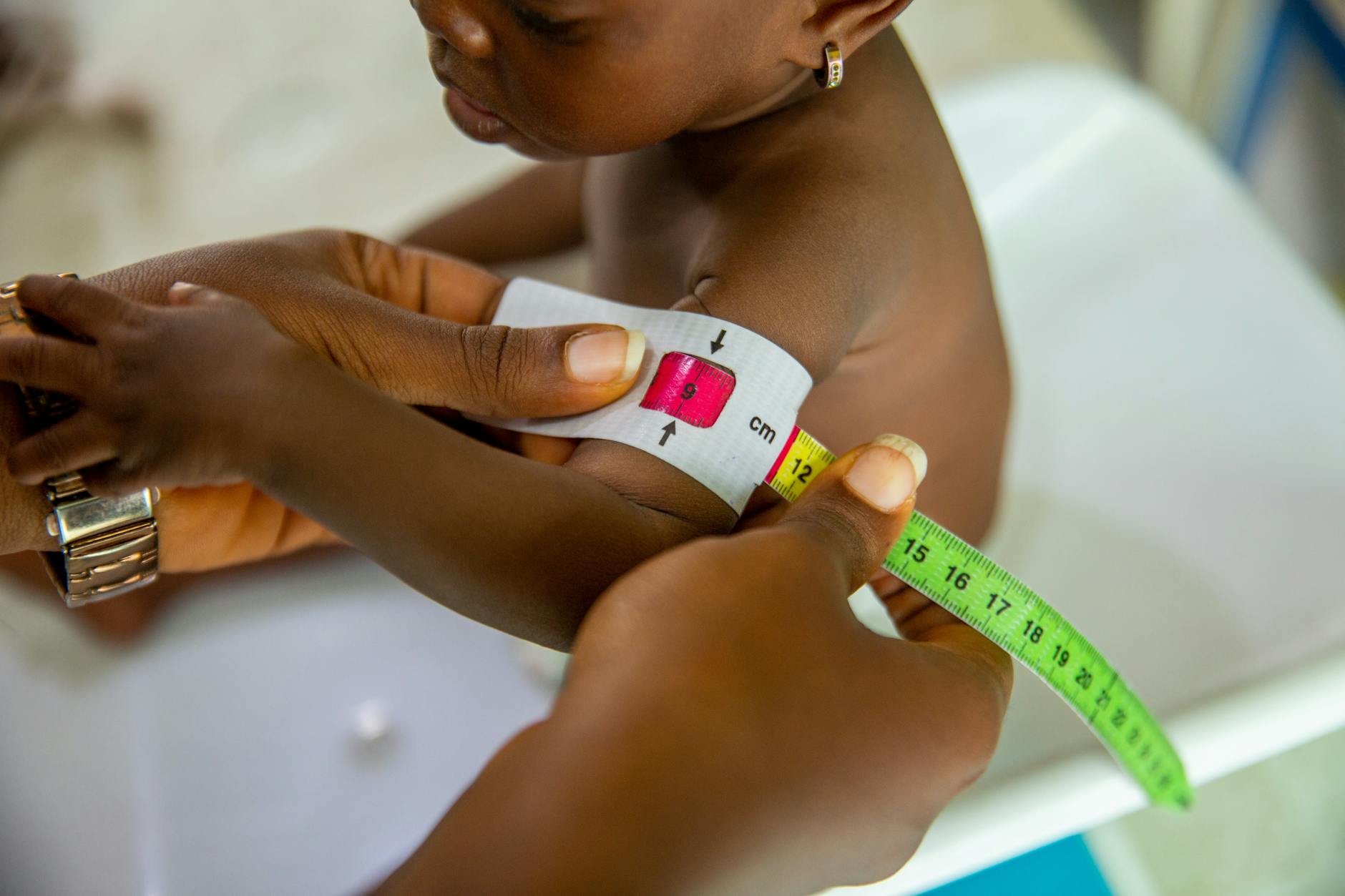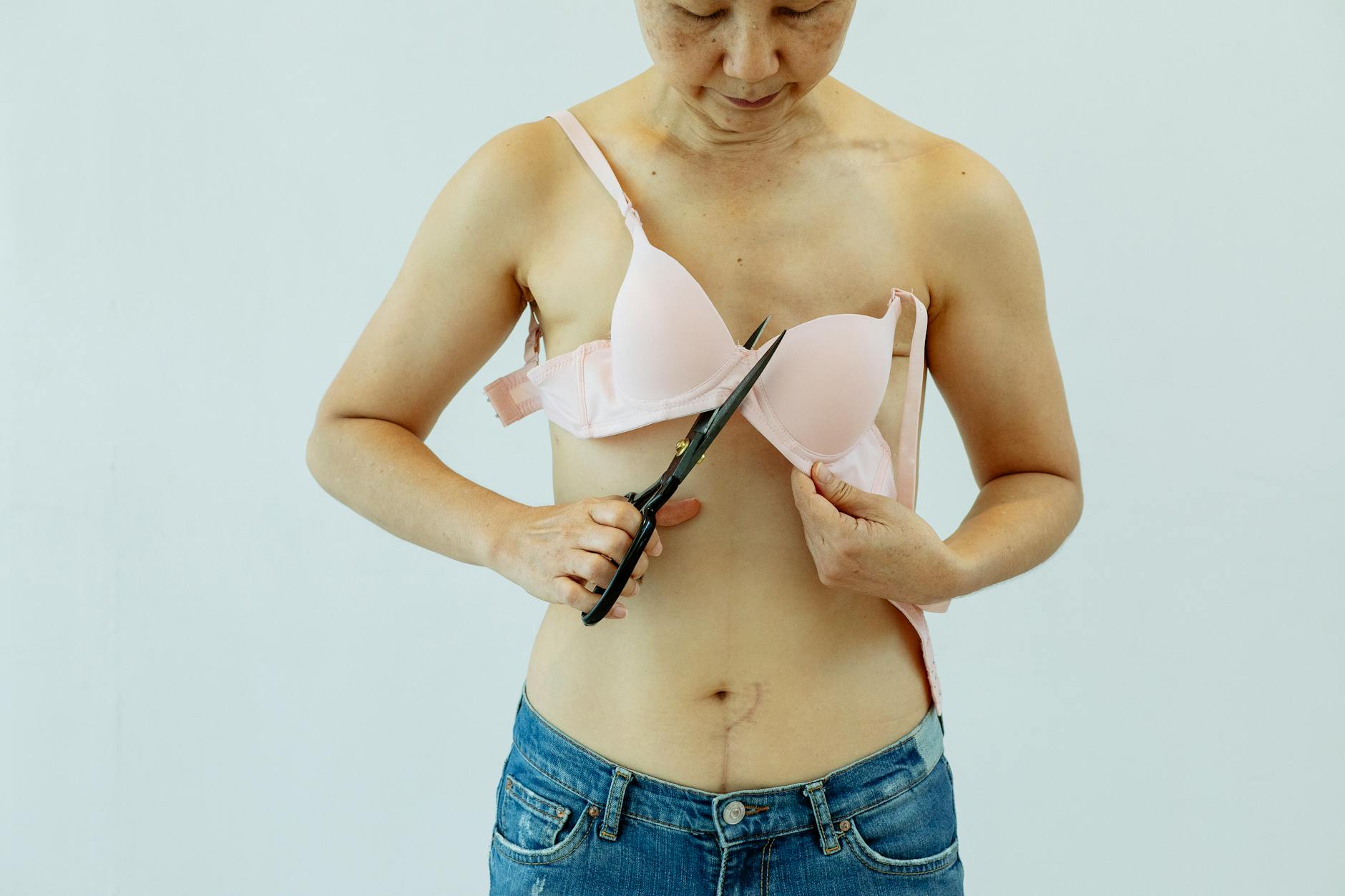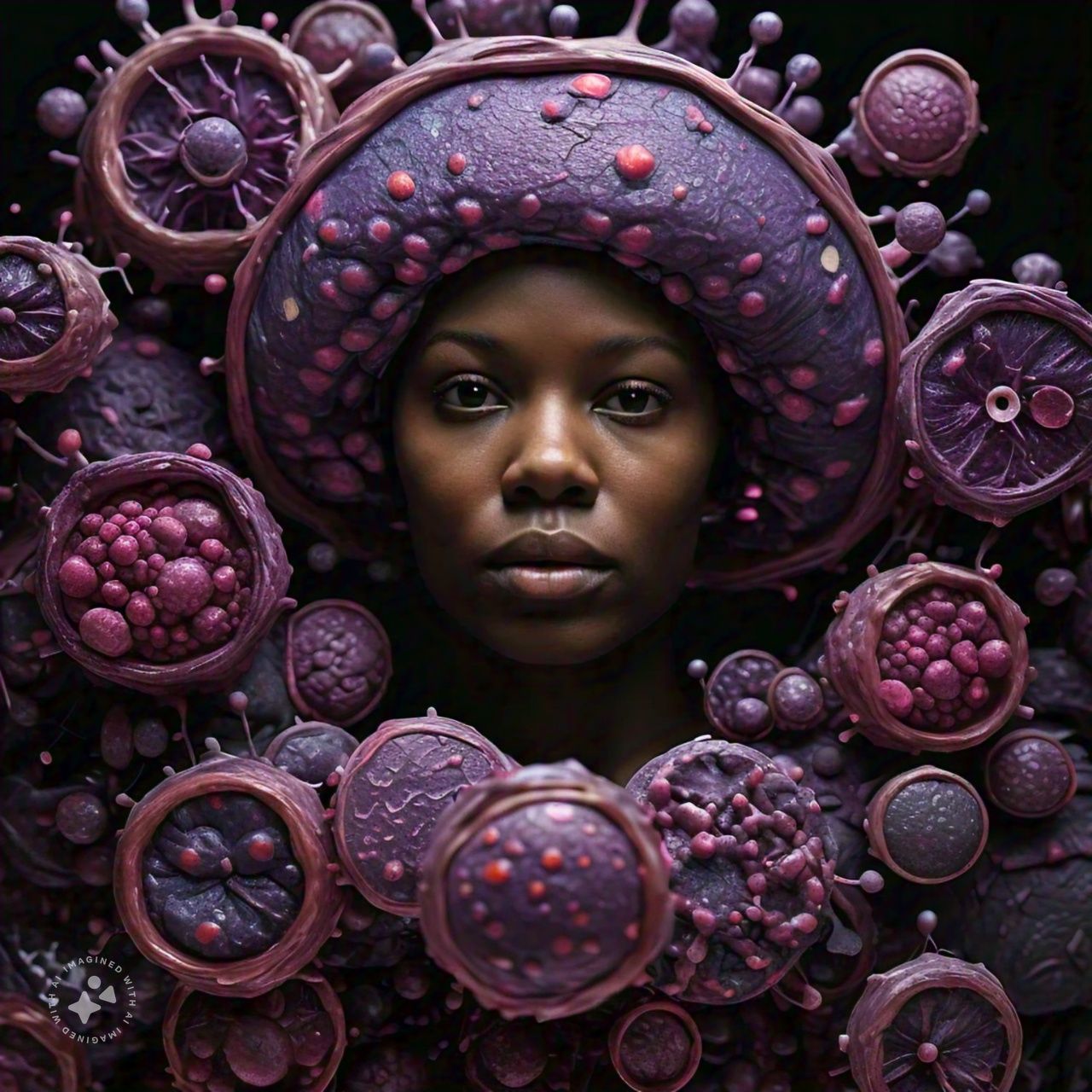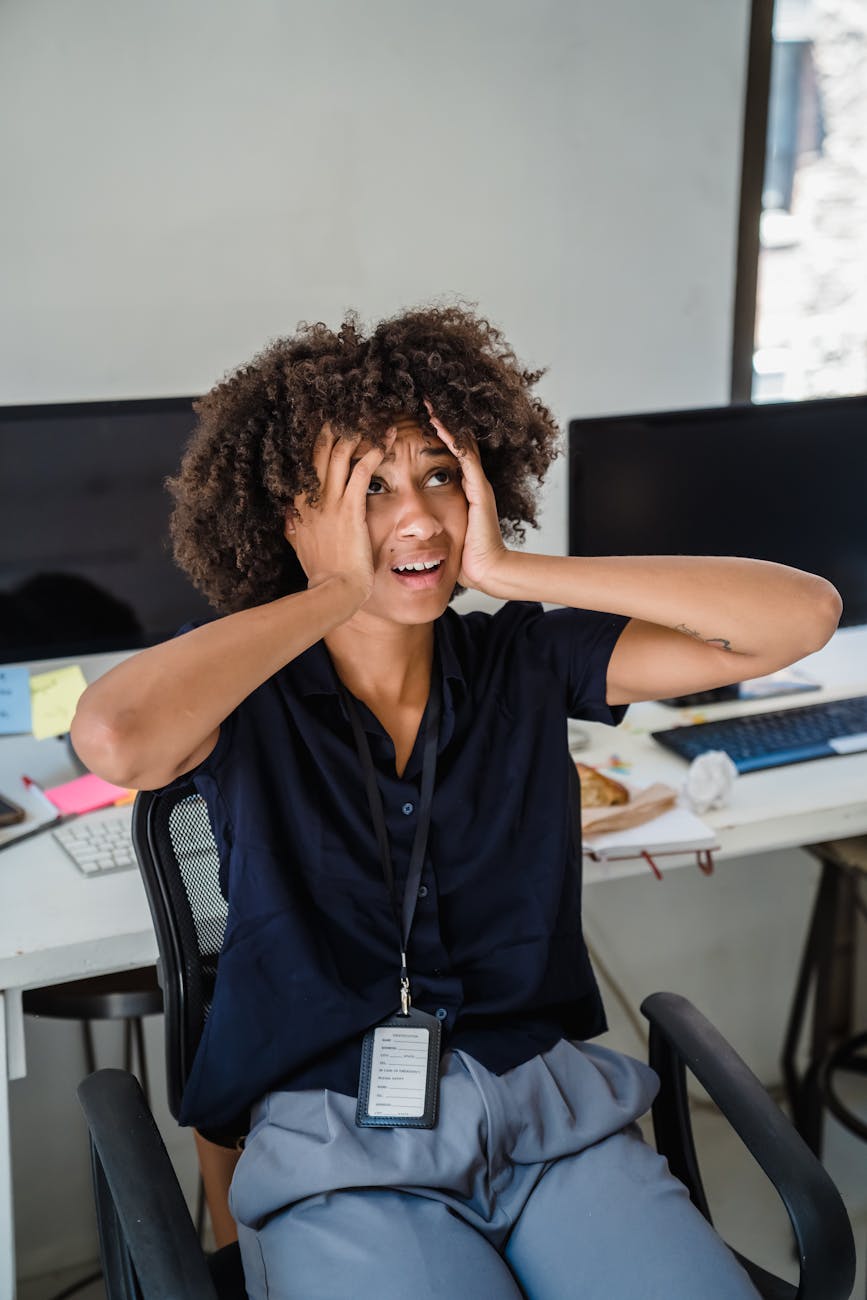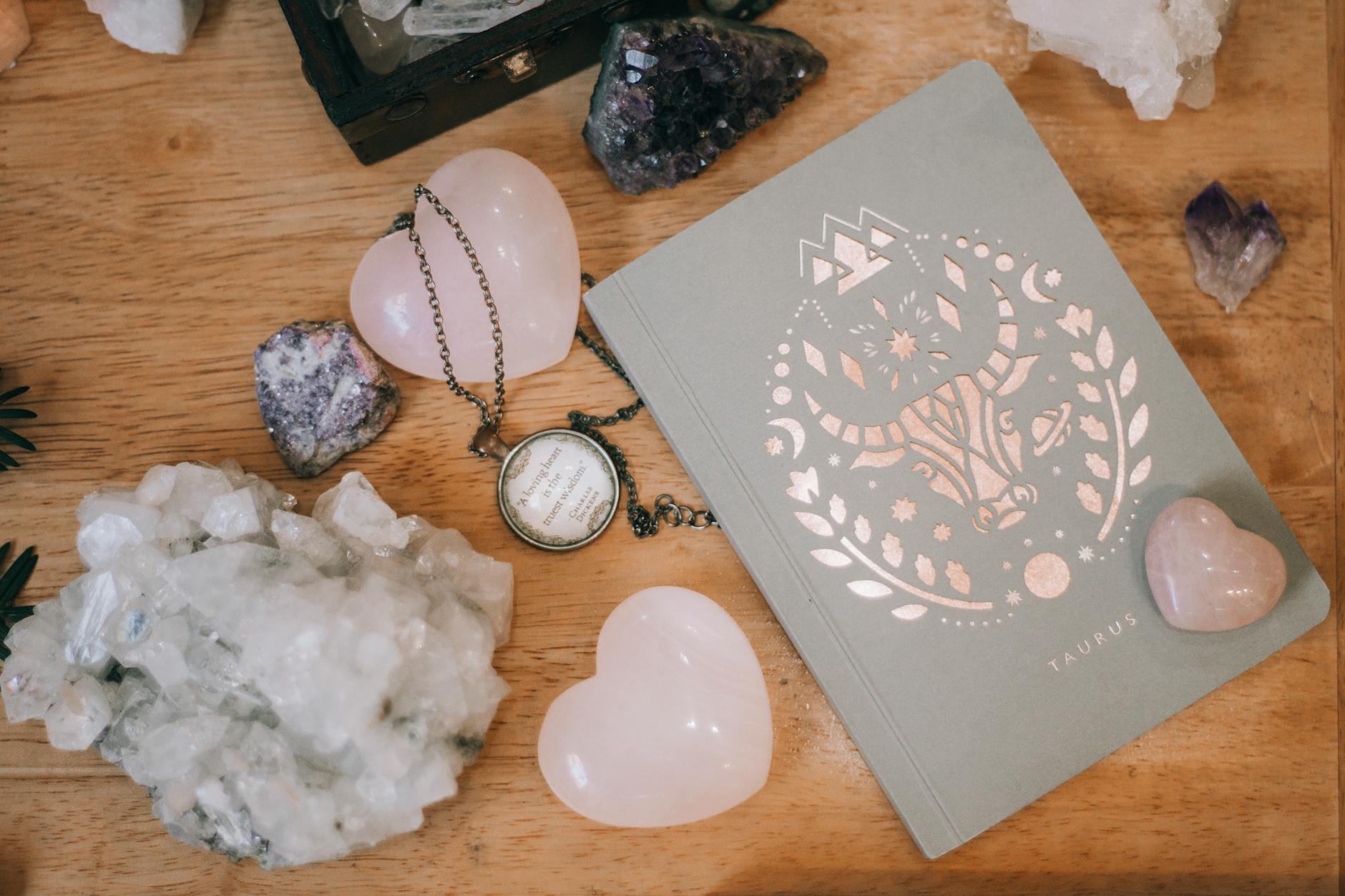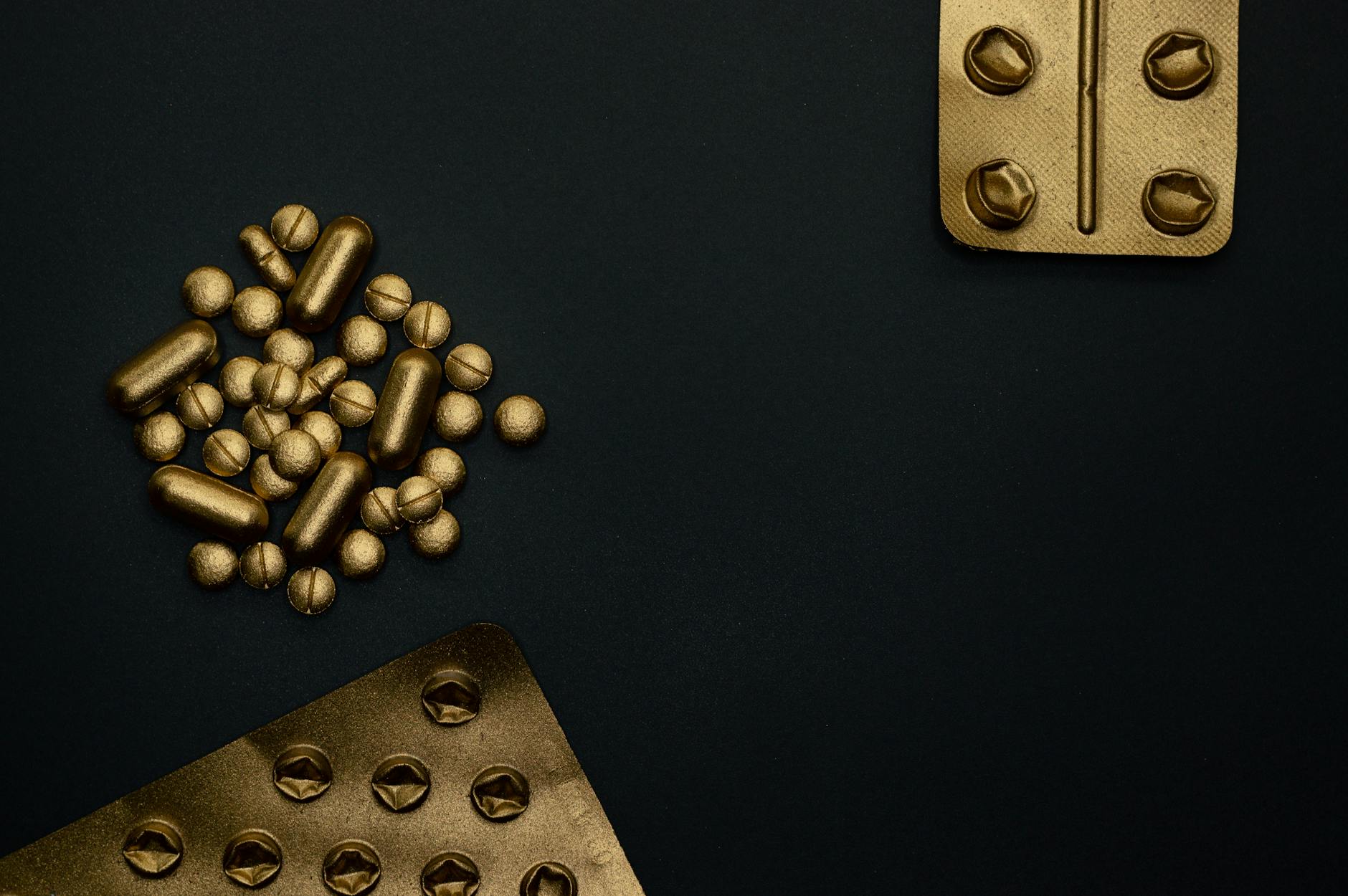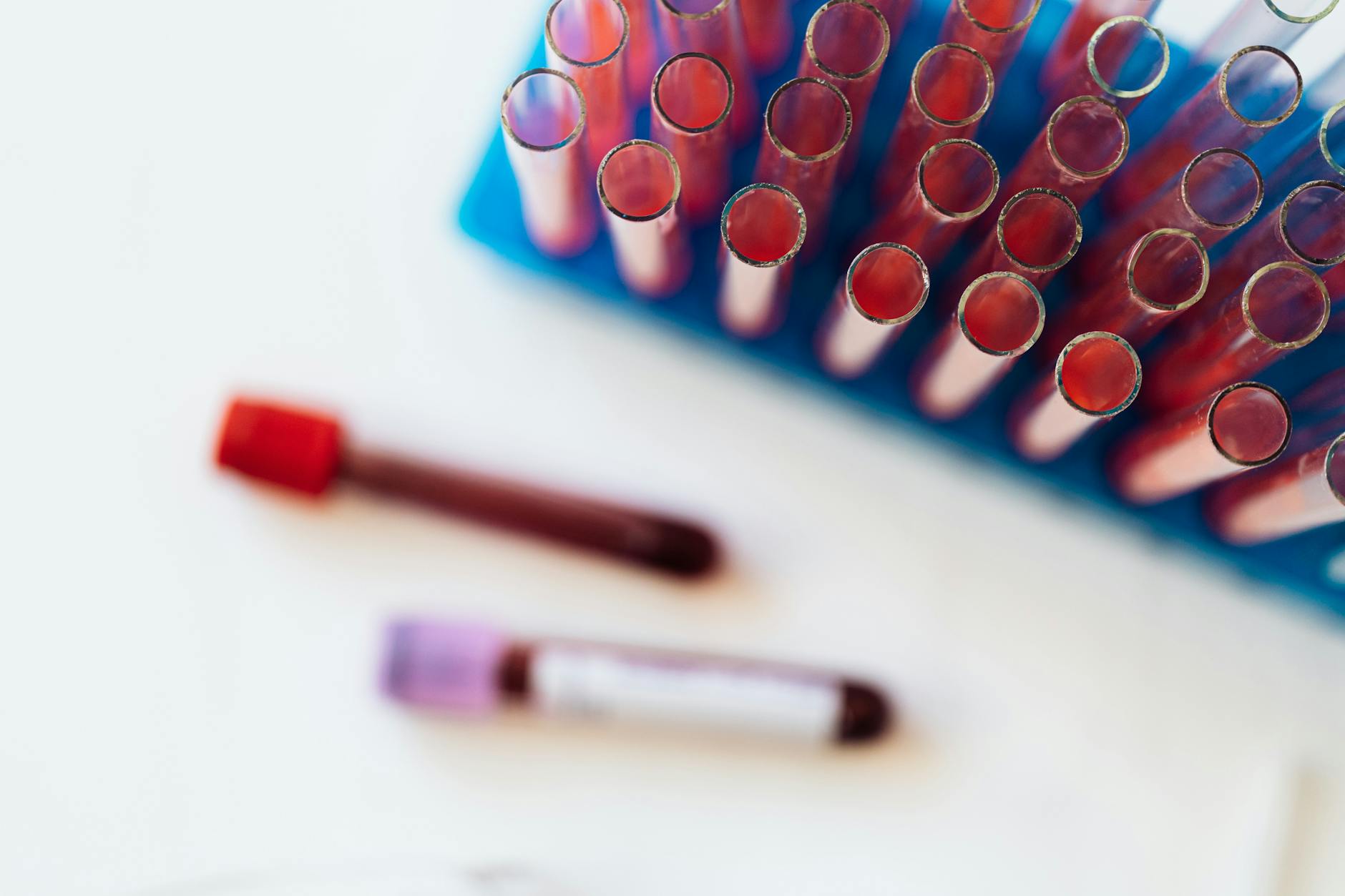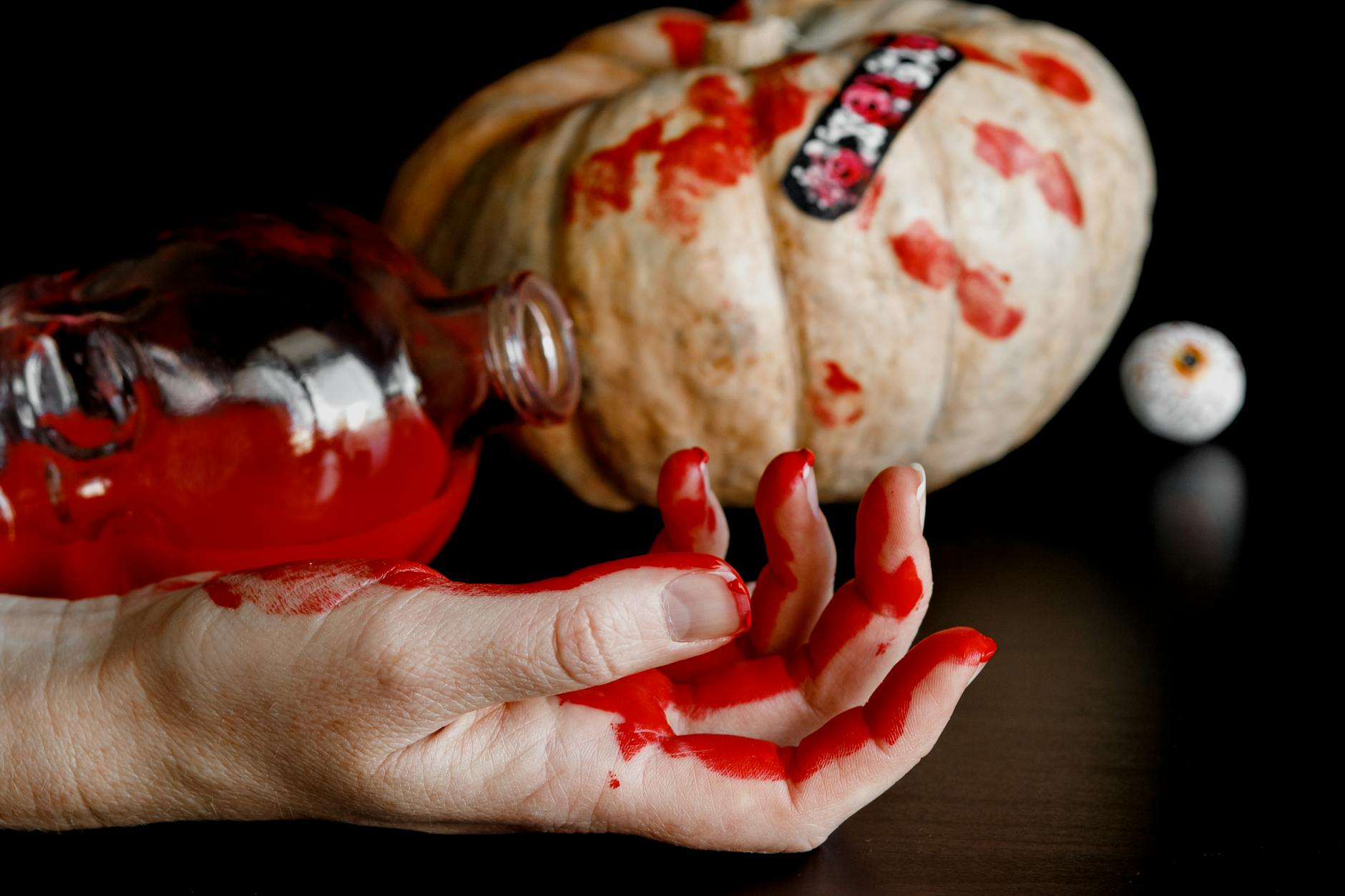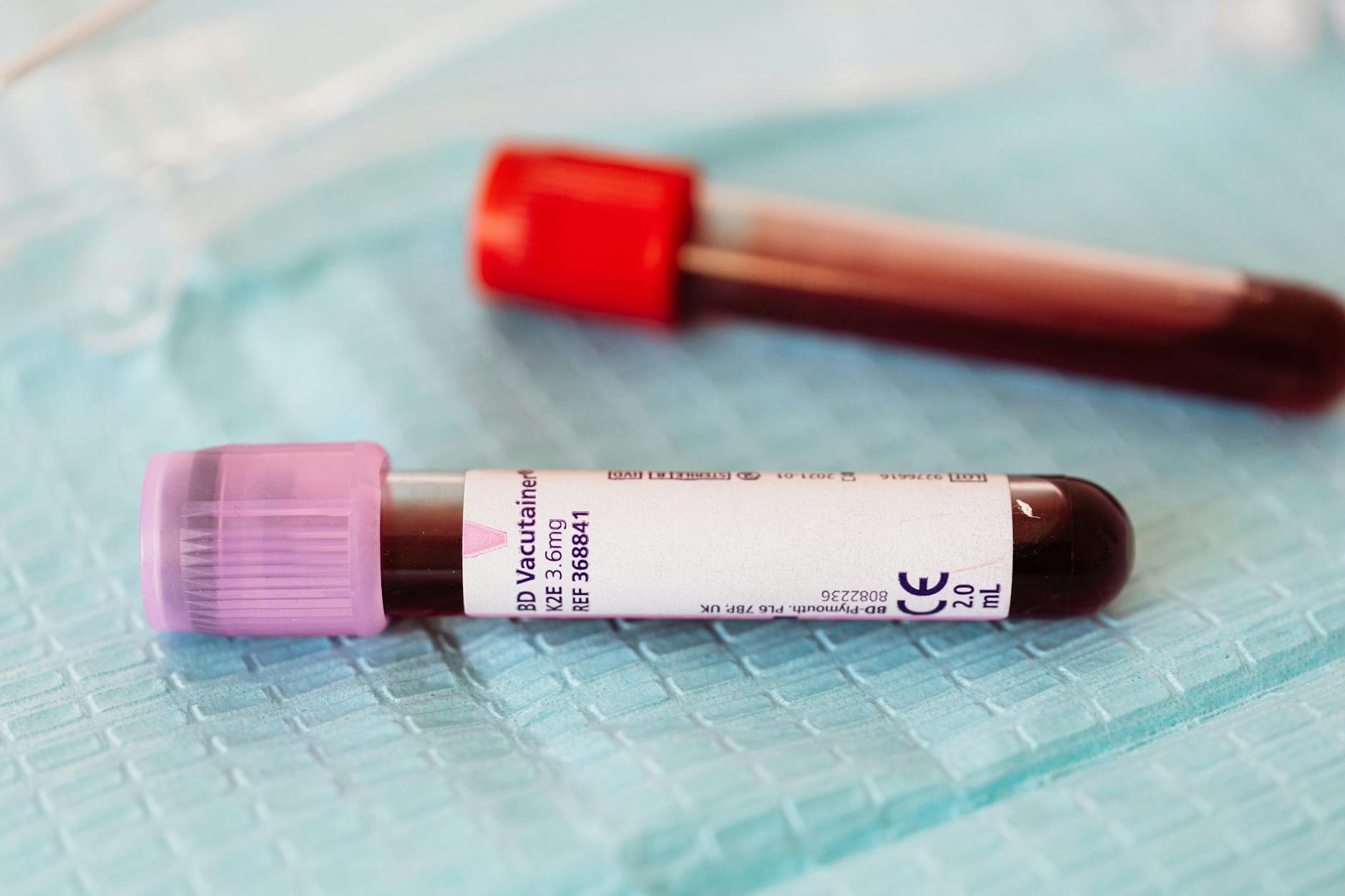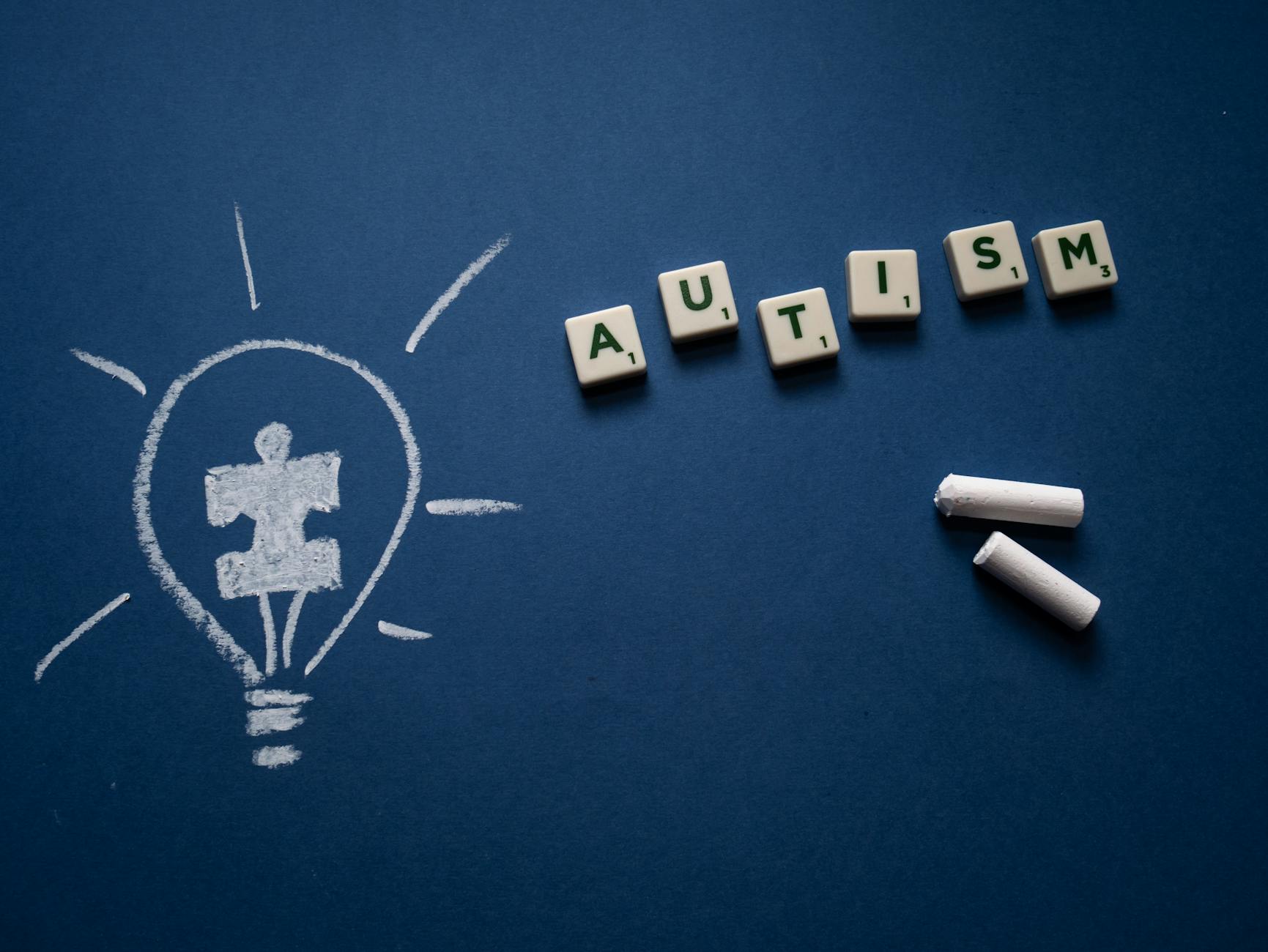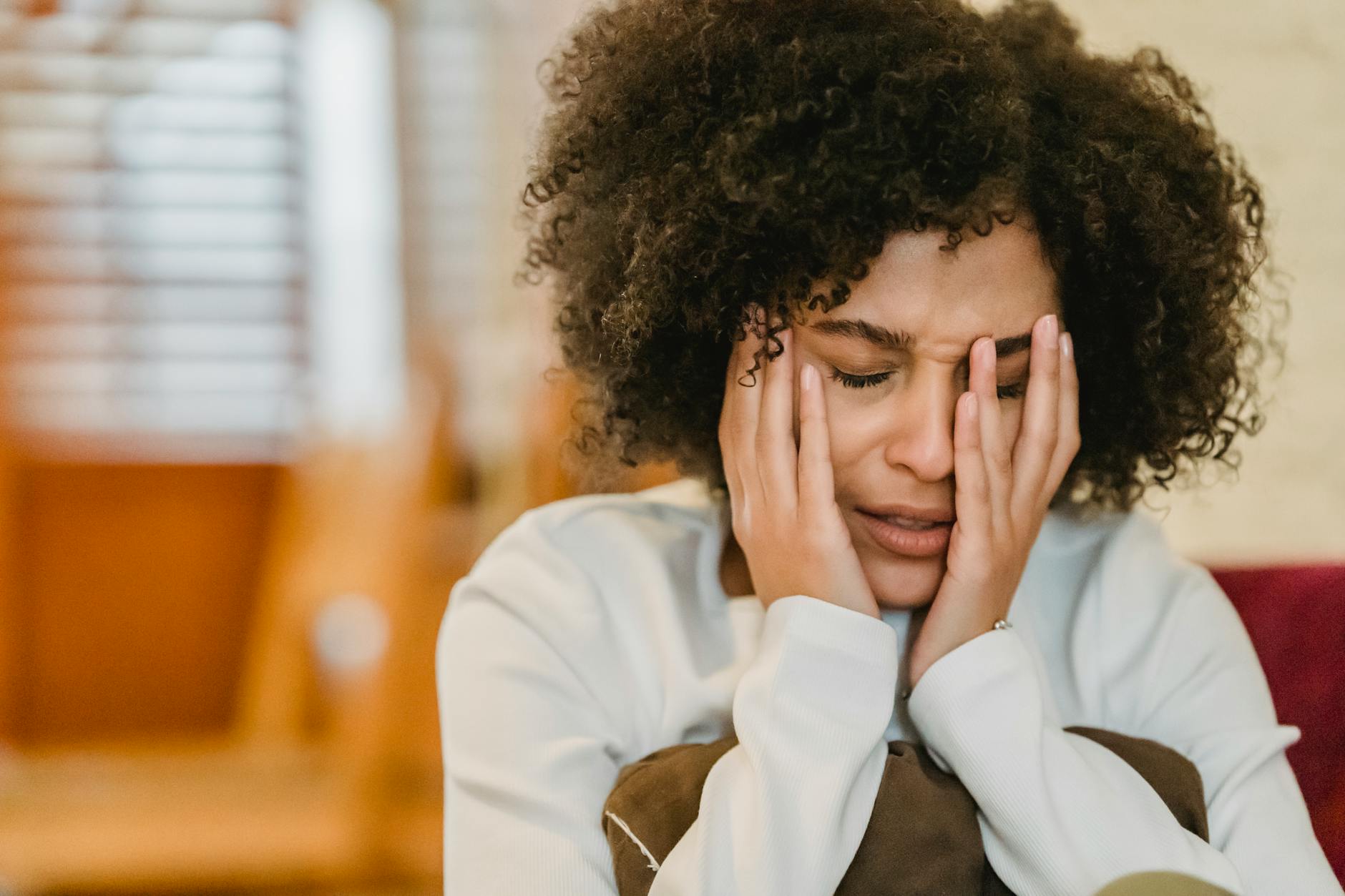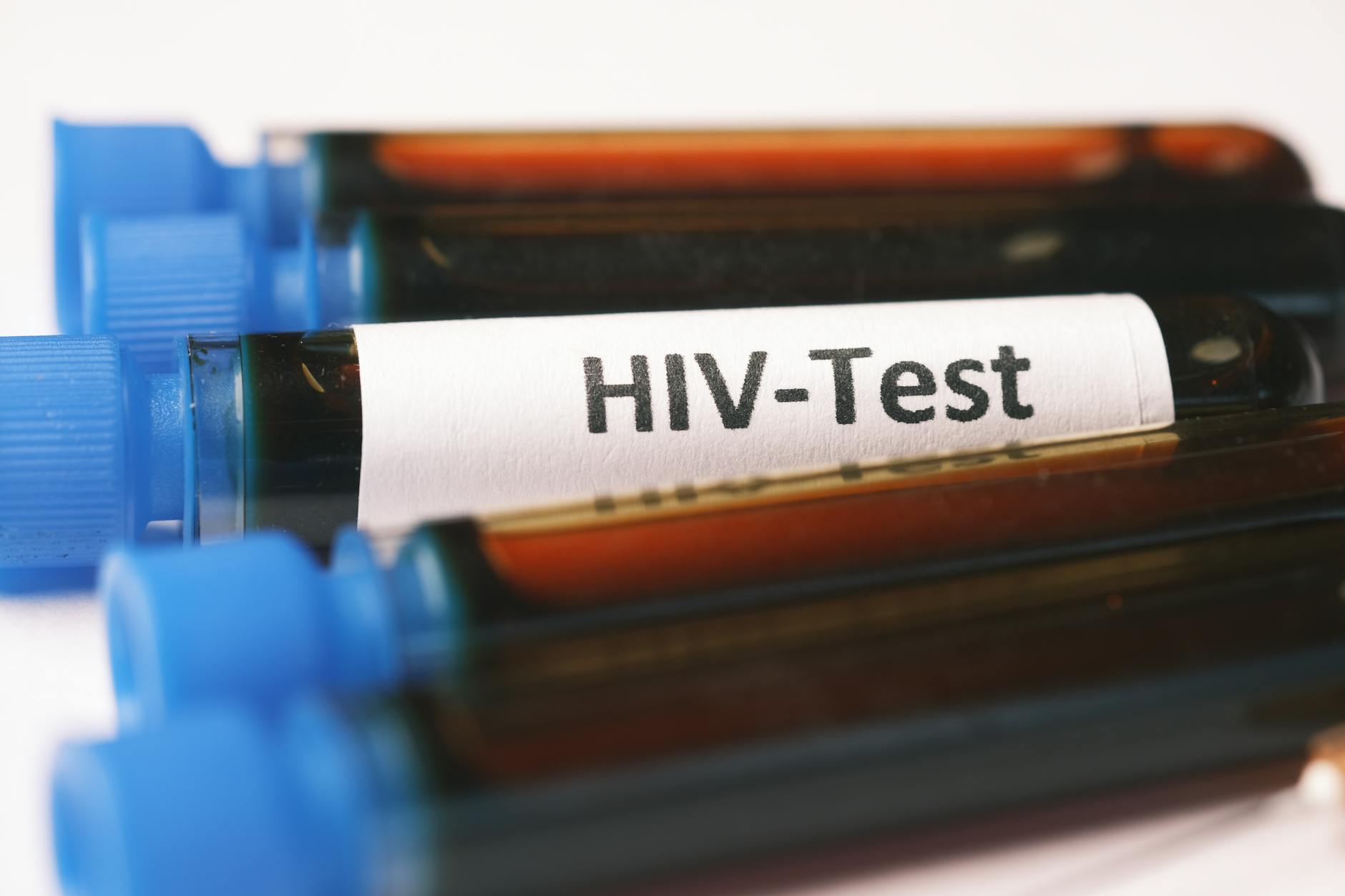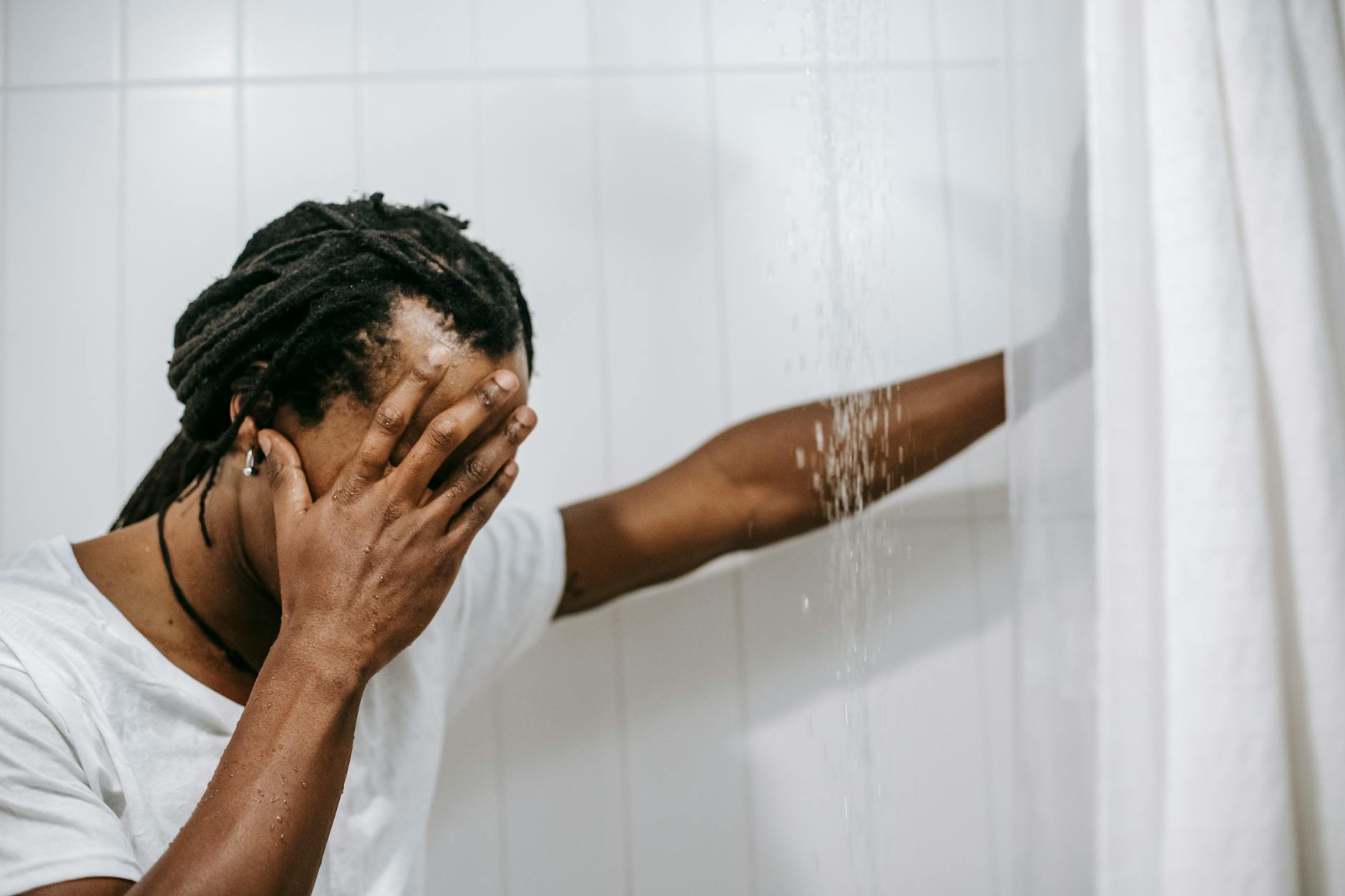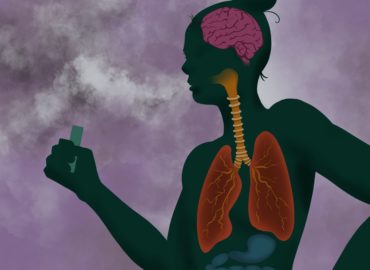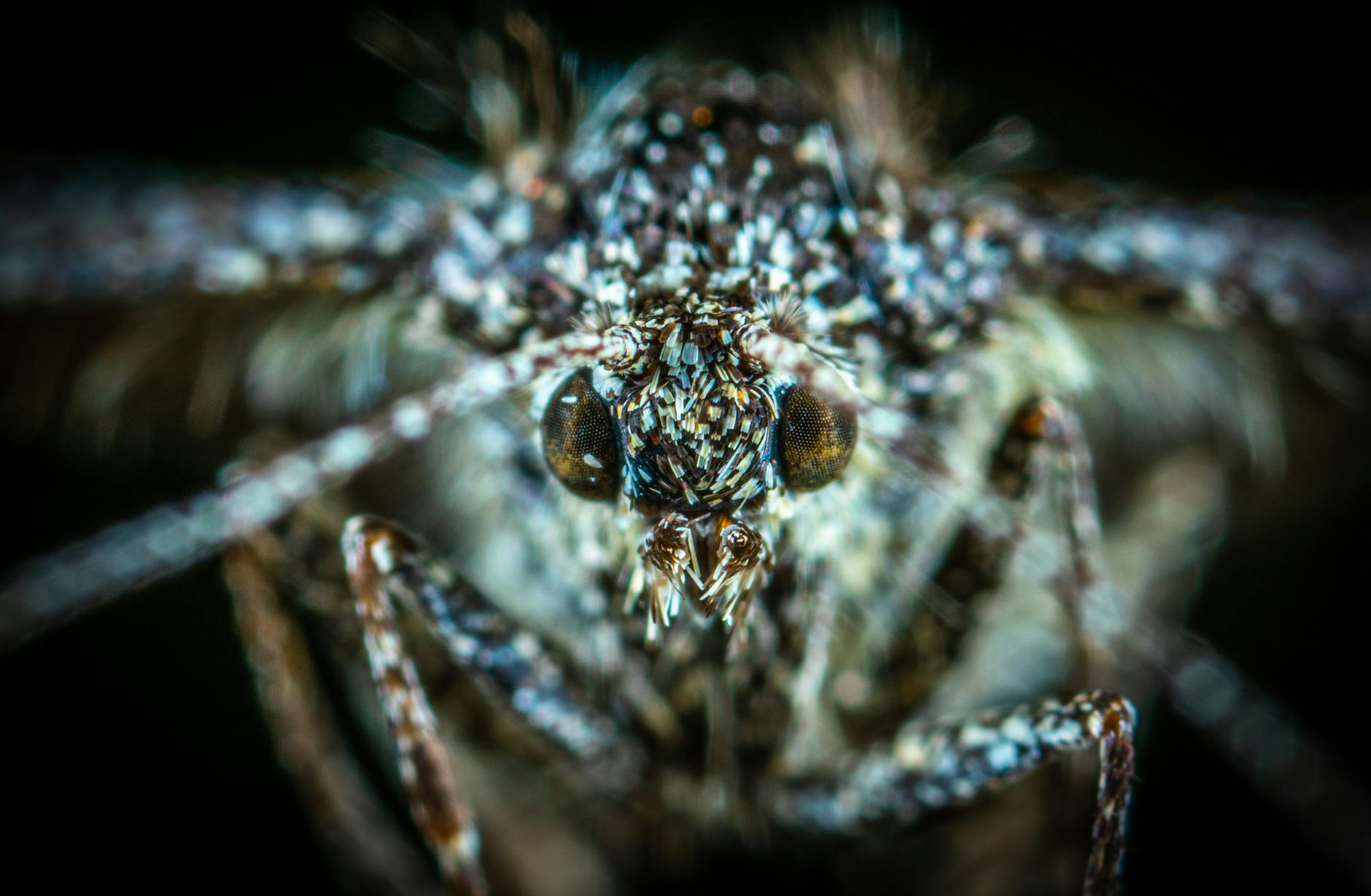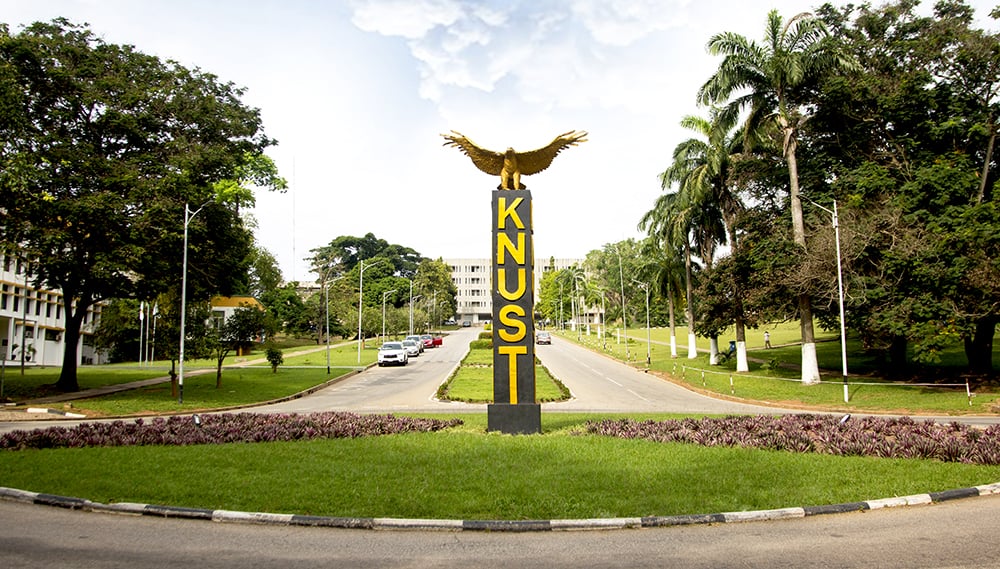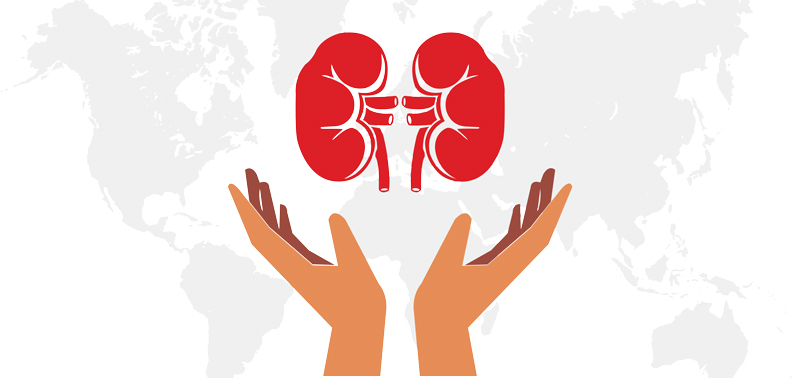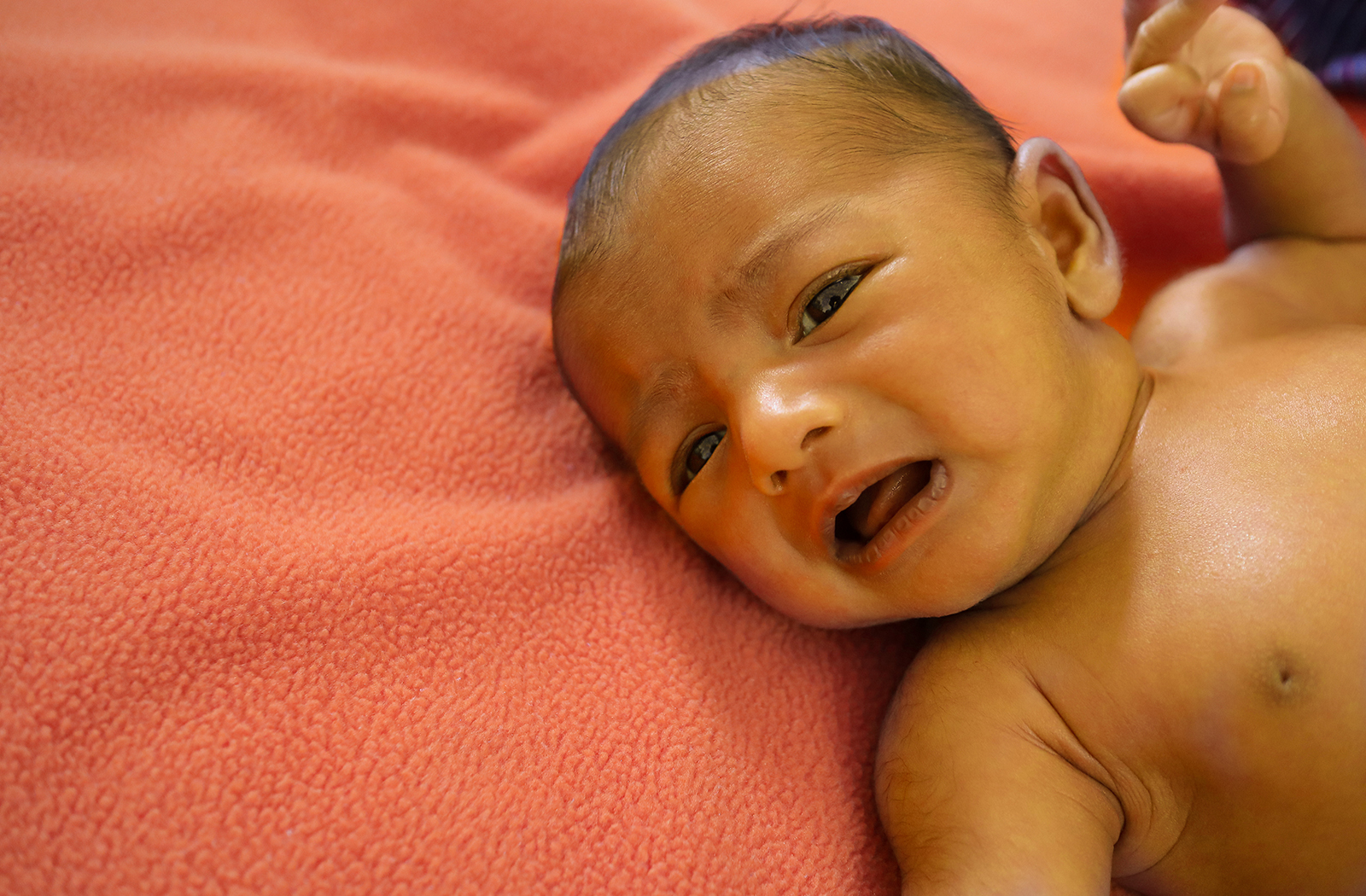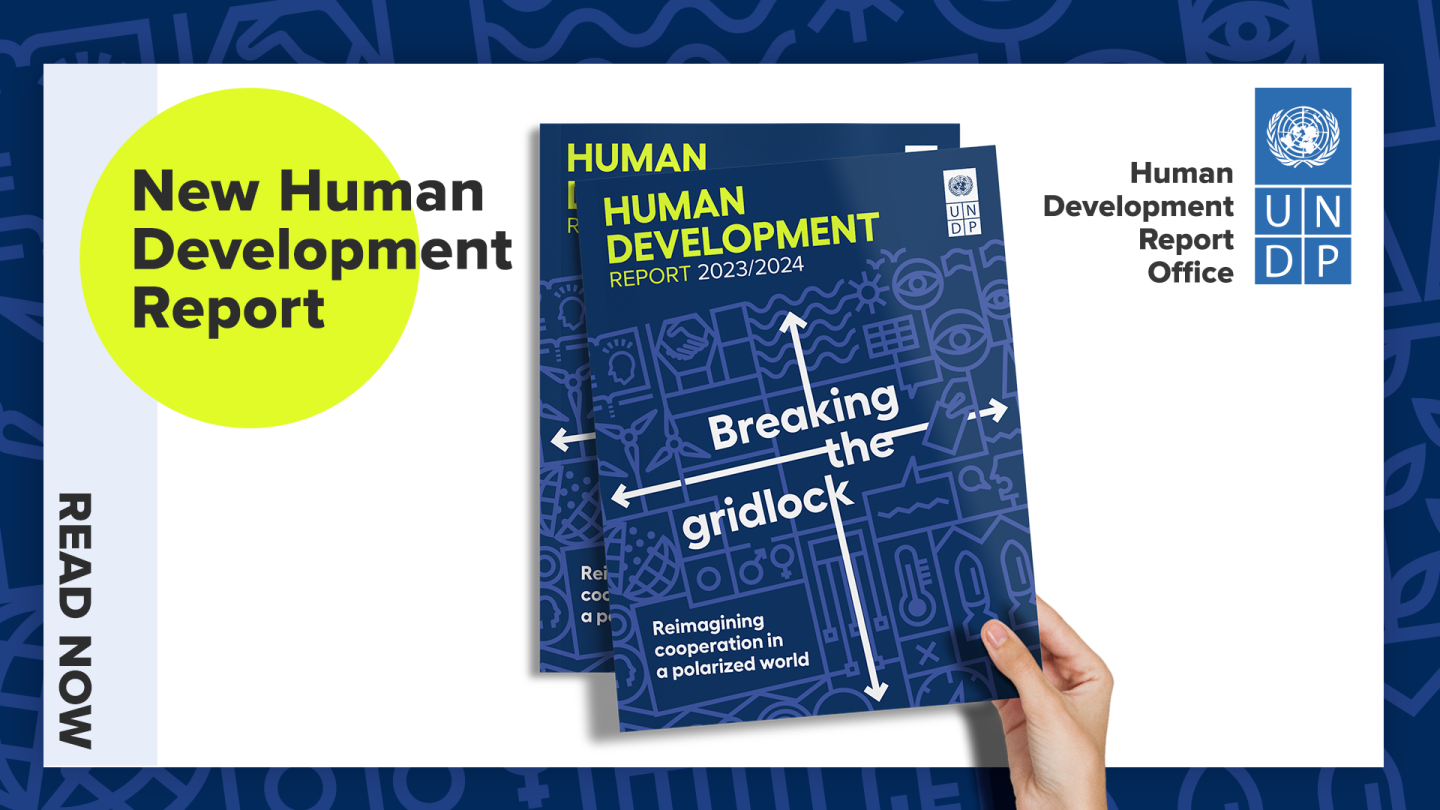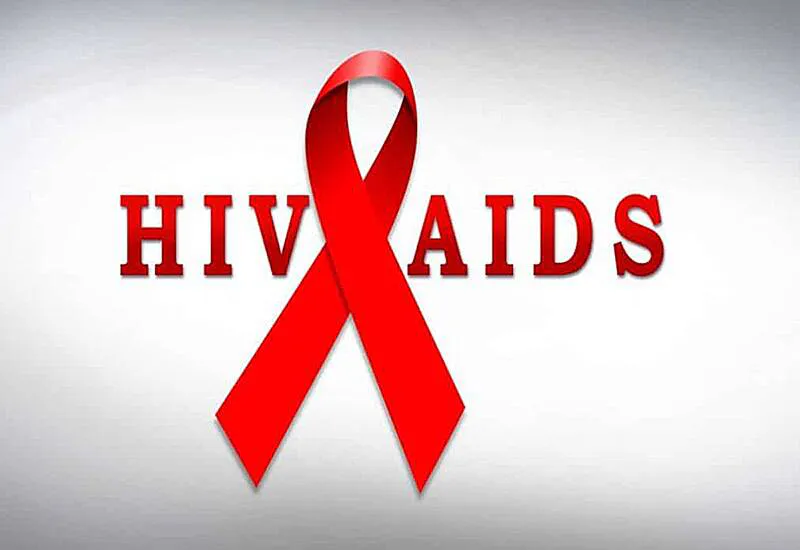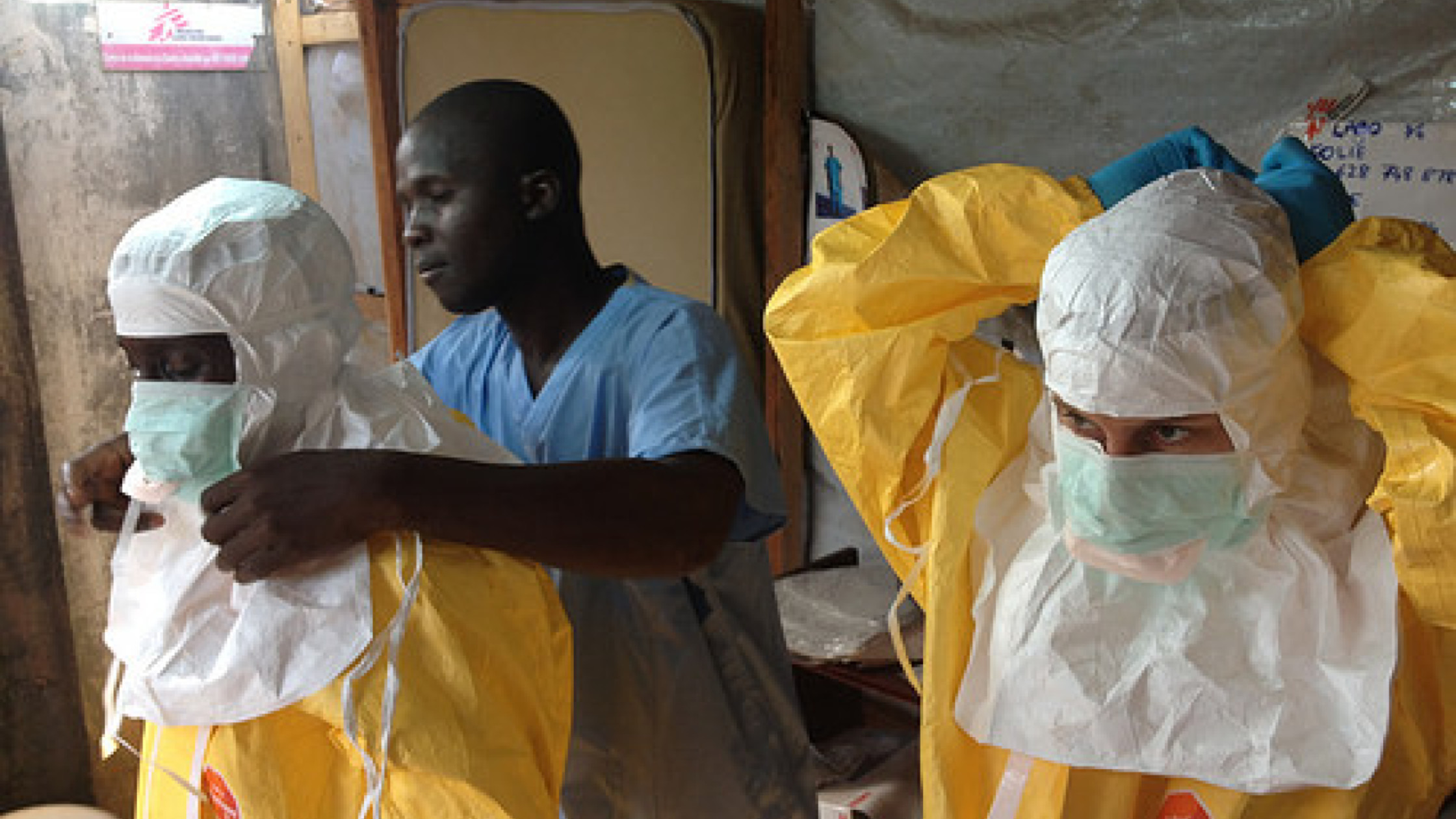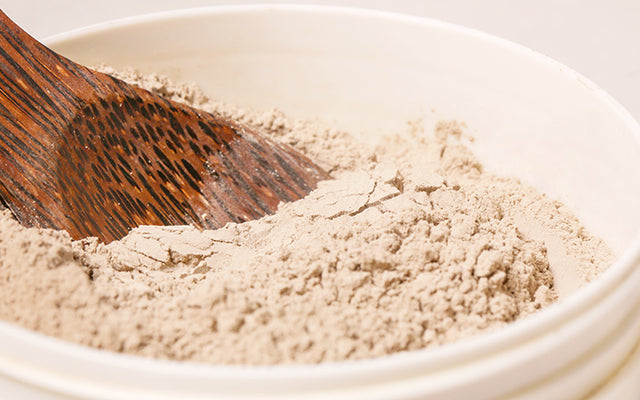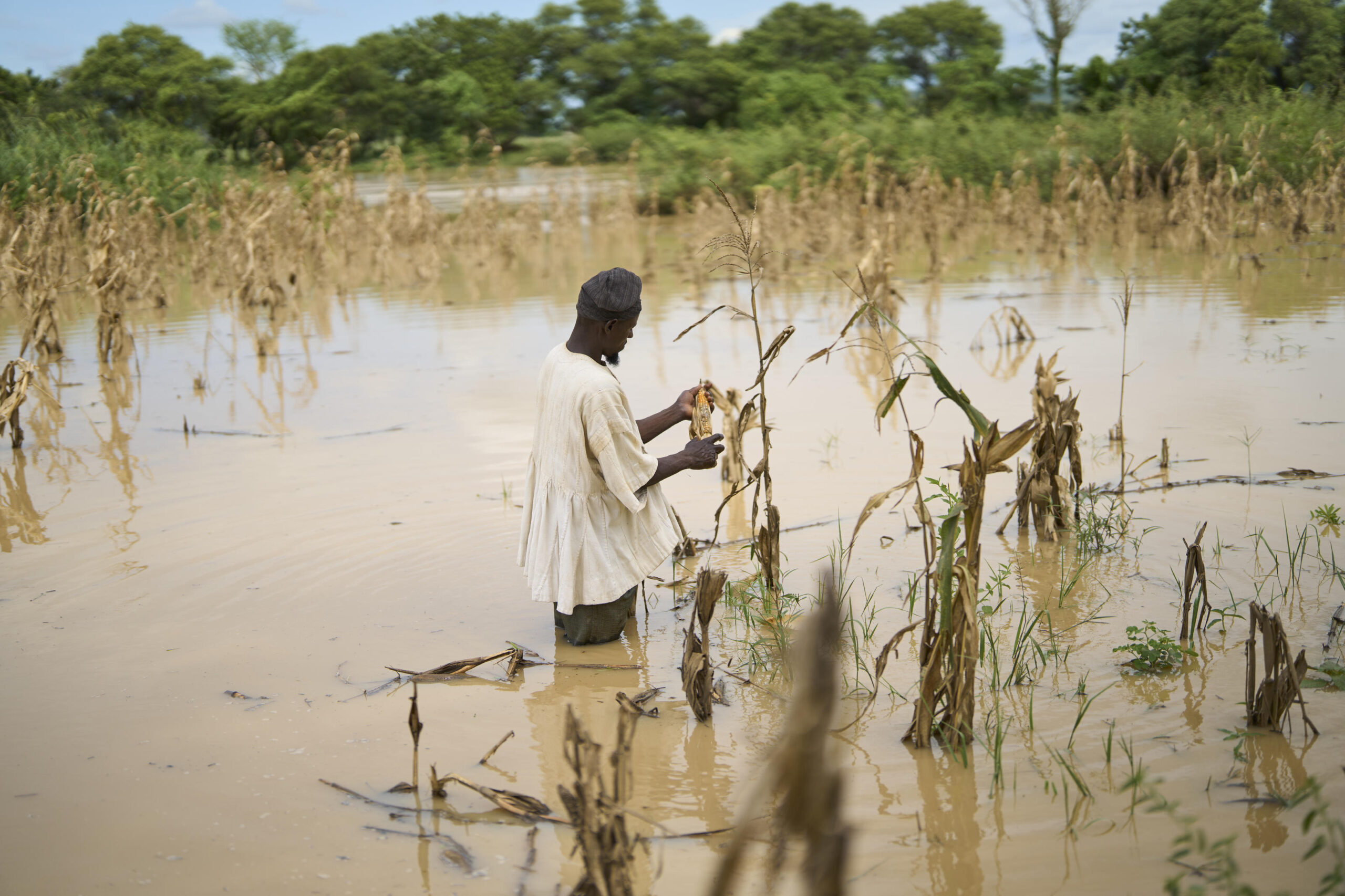
Water is life. Every community in Ghana depends on rivers, streams, lakes, and rain for survival. Yet today, many of these waters are no longer safe. Illegal small-scale mining, popularly called galamsey, has polluted most of our rivers with dangerous chemicals. Families boil water, believing it is safe, but the truth is that boiling does not remove these chemicals. The result is a silent national crisis that, if left unchecked, could one day force Ghana to import water.
Can boiling polluted water make it safe?
Many households boil water before drinking, especially when river water is their only source. Boiling is good for killing germs like bacteria and parasites. But when it comes to chemicals like cyanide, mercury, acids, and heavy metals (arsenic, lead, cadmium, etc.), boiling is useless, and in some cases, it makes things worse.
- Cyanide: Boiling does not destroy cyanide. If the water is acidic, heat can turn it into hydrogen cyanide gas, which is extremely poisonous when inhaled.
- Mercury: Heavy liquid mercury and mercury salts do not evaporate at water’s boiling point. If anything, boiling risks releasing mercury vapour, which damages the brain and nervous system.
- Heavy metals: Arsenic, lead, and cadmium are elements. They do not break down with heat. Boiling water only concentrates them further, because the water evaporates but the metals remain.
- Acids: Low pH from sulfuric or hydrochloric acid cannot be neutralized by boiling.
So, while boiling protects against germs, it cannot make galamsey-polluted water safe.
Chemicals used in illegal mining in Ghana
Illegal gold mining uses dangerous substances that easily find their way into rivers and soils:
- Mercury– used to bind fine gold particles into an amalgam. Later, the mercury is burnt off, releasing toxic vapour. Mercury spills into rivers, where it becomes methylmercury and builds up in fish.
- Cyanide– sodium cyanide solutions dissolve gold from ore. Wastewater is often dumped straight into rivers, killing fish and poisoning people.
- Acids (sulfuric, hydrochloric, nitric)– used for refining, they wash into streams, burning aquatic life and mobilizing toxic metals.
- Fuels and oils– diesel, petrol, lubricants from dredging machines leak into rivers, leaving oily films that suffocate aquatic organisms.
- Borax– sometimes promoted as a safer mercury alternative, though not widely used.
- Heavy metals from the ore itself– arsenic, cadmium, and lead are released during mining and never break down.
All these chemicals eventually end up in our rivers.
Are these chemicals really in our water bodies?
Yes. Rivers like the Pra, Offin, Ankobra, Birim, Densu, and even parts of the Black Volta are known to be contaminated. Communities downstream depend on these waters for drinking, farming, and fishing. Fish accumulate mercury and arsenic in their flesh. Farmers irrigate crops with polluted water. Women fetch it for cooking and bathing.
The danger is not always immediate. People may drink the water for years without falling sick in obvious ways. But slowly, the chemicals cause:
- Kidney and liver damage
- Nervous system breakdown (shaking hands, memory loss, poor child development)
- Skin diseases and cancers
- Loss of aquatic life and farmlands
Ghana Water Company and the struggle to treat water
The Ghana Water Company Limited (GWCL) relies on these same rivers to supply homes with treated water. Treatment plants now face serious challenges:
- They must use more chemicals to clean polluted water, increasing costs.
- Sometimes the water is so dirty that plants are forced to shut down.
- Even after treatment, some dangerous chemicals like mercury and cyanide cannot be completely removed with current methods.
This means the water that finally reaches our taps, though safer than raw river water, may still not be perfectly safe, especially as pollution worsens.
The fate of communities
For rural households who fetch water directly from rivers, the danger is greater. Boiling cannot remove chemicals, and poor families cannot afford bottled or sachet water every day. Children, pregnant women, and the elderly are the most vulnerable. Over time, entire communities face health crises without even realizing the cause.
Could Ghana ever import water?
If illegal mining continues, yes, Ghana could reach a point where we are forced to import water.
- Already, some GWCL plants have admitted that water quality is sometimes “untreatable.”
- If rivers like the Pra, Offin, or Birim collapse completely, we would depend on tankers, sachet water, and possibly foreign imports.
- Importing water would be more expensive than fuel. Ordinary households would struggle, agriculture would decline, and industries would suffer.
Other countries like Jordan, Saudi Arabia, and Singapore already import or recycle water. Ghana could face the same future if we destroy our rivers.
What can families and communities do now?
- Harvest rainwater– rain is much safer and free when collected properly.
- Use household filters– ceramic, activated carbon, or biosand filters help, though they cannot remove all chemicals.
- Demand safer solutions– push district assemblies, chiefs, and government to act against galamsey and invest in modern treatment plants.
- Avoid direct river usewhere possible – especially for drinking and cooking.
- Raise awareness– many still believe boiling solves everything, but knowledge is power.
The bigger picture: A national security issue
This is more than an environmental problem, it is about the survival of Ghana.
- If we lose our rivers, we lose our drinking water, our fisheries, our farms, and our children’s health.
- If we must import water, we lose our independence and economic stability.
- If nothing changes, the future of Ghana is at risk.
But if we act now, enforcing laws, supporting alternatives, and protecting what remains, we can still save our rivers and avoid a water crisis.
Final thought
Ghana stands at a crossroads. Every drop of mercury spilled, every litre of cyanide dumped, every gallon of diesel leaked into our rivers is a warning sign. Boiling will not save us. Pretending the problem is small will not save us. Only courage, unity, and firm action can secure a future where every Ghanaian child can drink clean water without fear.
Water is life – and if we lose it, we lose everything.
Discover more from Hot Stories Ghana
Subscribe to get the latest posts sent to your email.

